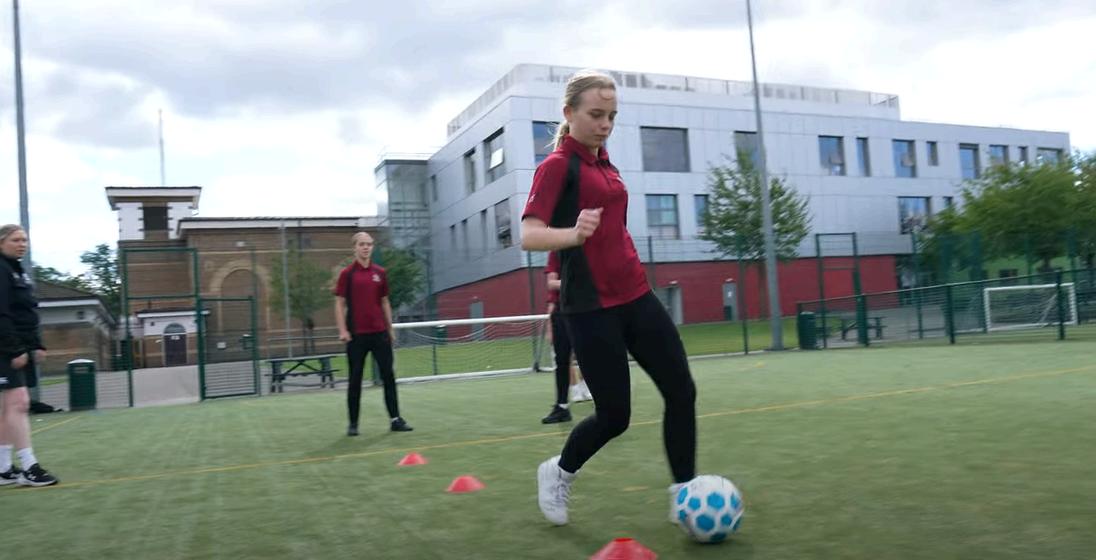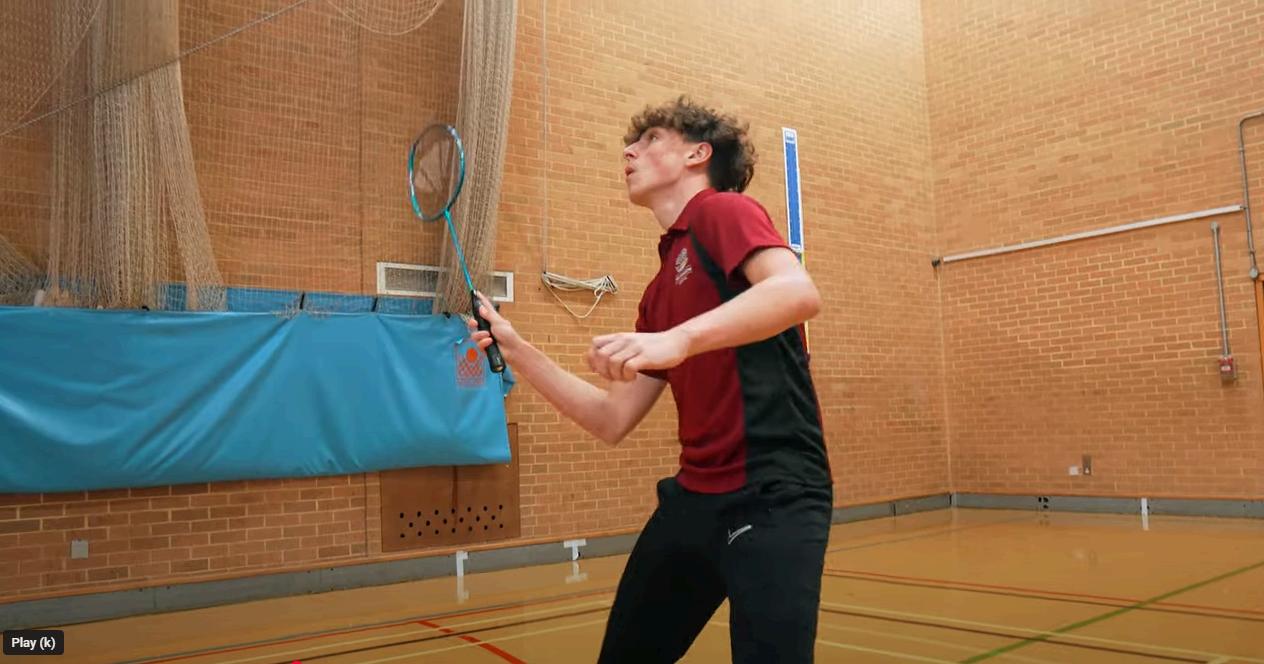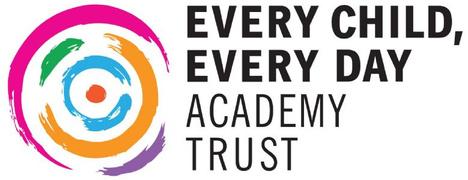Year 9 Options Booklet 2025/26

Year 9 is an important year as it is time to choose subjects for GCSE, leading to your future career. This booklet, with its comprehensive guidance, will help with the decision process




Year 9 is an important year as it is time to choose subjects for GCSE, leading to your future career. This booklet, with its comprehensive guidance, will help with the decision process


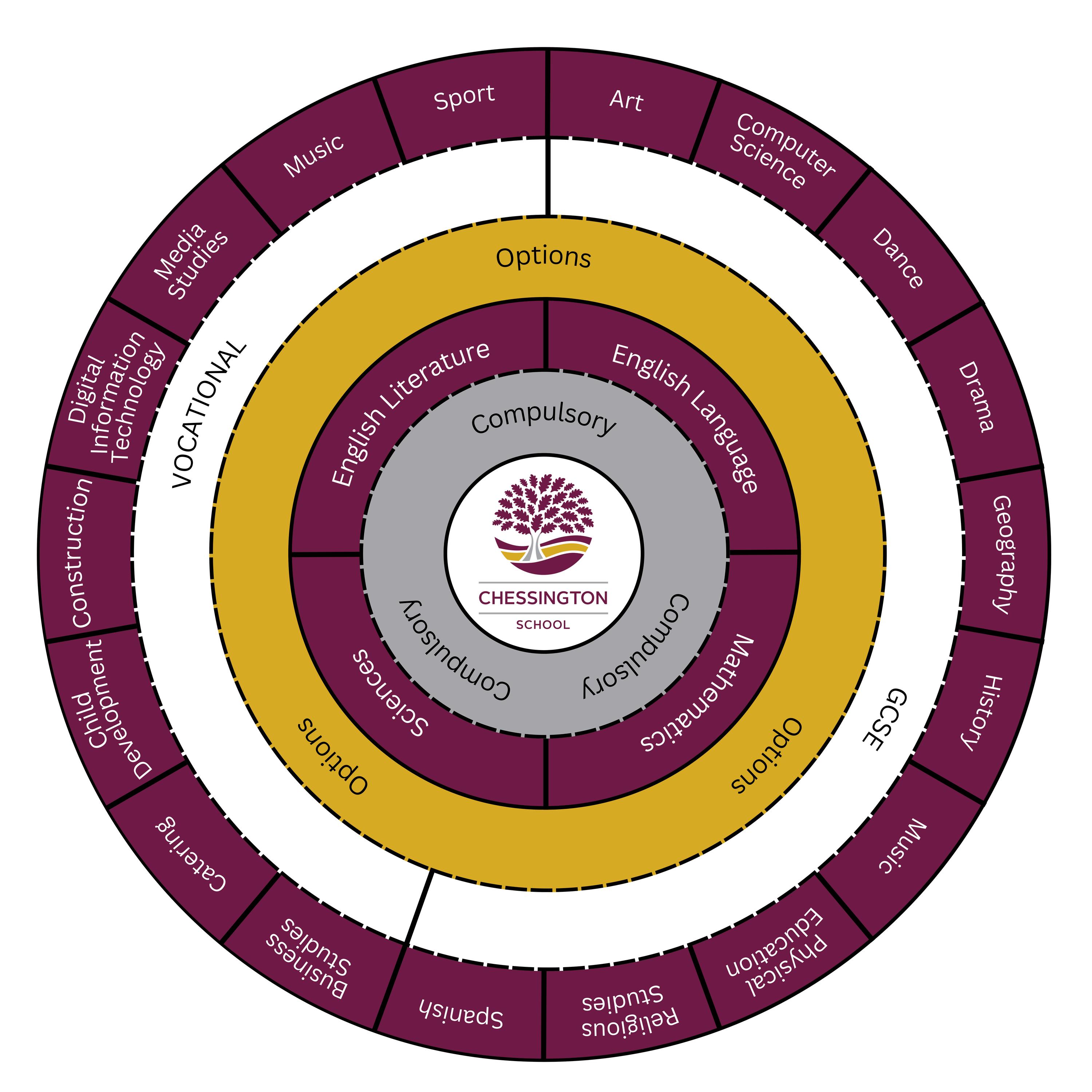
Dear Year 9 Student,
Year 9 is an important year for you as now is the time for you to choose your subjects for GCSE The results of these decisions will take you into Years 10 and 11, Post 16, higher education and employment
In order to help you in this decision process, a comprehensive programme of guidance has been put in place This includes an Options Evening for parents and students, subject videos, taster lessons, tips from Year 10 students, a one-to-one interview with an experienced member of staff, Personal Development & Wellbeing (PDW) sessions on making choices and use of a careers website, and of course, the ongoing advice and support from your form tutor
Education continues to undergo a period of considerable change and reform. In putting together these choices we have worked hard to ensure that our curriculum addresses these changes, but at the same time offer a great range of courses to suit the individual needs, interests and abilities of our Year 9 students.
This booklet is intended to give you information about the opportunities available at Chessington School It includes an outline of the routes and pathways available to you and each subject page provides information on the relevant course and where it might lead once you leave Chessington
When choosing your options there are three main points to consider:
Do you enjoy the subject?
Do you think you could be successful in this subject?
Will this subject be useful to you in later life?
If you are unsure about your future career direction it is important to choose a wide range of subjects, so as not to close the door on a further academic course or employment.
When you are ready to complete your option choices, having gathered all the information and asked all of your questions you will complete a Google Form which will collate your choices
Please do not hesitate to contact me if you have any further queries. I wish you all the best in your next phase of your education
Ms S Wilson, Headteacher

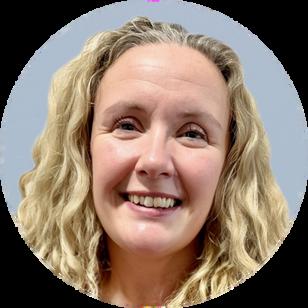
March 2025
Spring term reports sent home Wednesday 5th March 2025
Options evening with your parents Thursday 6th March 2025
One to one meetings with staff to discuss your thoughts on options Monday 10th March 2025 to Monday 24th March 2025
Taster sessions on some subjects you have never had before e.g., Child Development, Business Studies
Monday 17th March 2025 to Monday 24th March 2025
Options forms issued Monday 24th March 2025
Options form deadlines Monday 31st March 2025
May 2025
Options finalised May half term
June 2025
Year 9 Parents Evening Thursday 19th June 2025
Should you have any questions, please click the following link to submit them:
3 4 6 TO LEVEL Advanced LEVEL Intermediate LEVEL Foundation
2
1
ENTRY LEVEL
Higher education (University) and professional/management qualifications and higher and degree level apprenticeships
GENERAL
ACADEMIC
AS and A-Levels
Entry requirements: 5 GCSE’s at Grade 5 including English and Maths Usually Grade 6 in subjects you are wanting to study at ALevel
GCSE Grades 9 to 4
Previously A*-C
VOCATIONAL
BTECLevel3
ExtendedDiploma, Diploma,Subsidiary Diploma,Certificate Entryrequirements: 5GCSE’satGrade4 includingEnglishand Maths
BTECLevel2 Diploma,Extended Certificate, Certificate Diplomaentry requirements:GCSE’s Grade3including EnglishandMathsor Level1qualification
GCSE Grades 3 to 1
Previously D-G
BTECLevel2 Diploma, Certificate,Award Entryrequirements: SomeGCSEgrades andinterviewand assessment
VOCATIONALNVQ
Level3
Entryrequirements: 4GCSE’satGrade4 orGrade5including EnglishandMathsor aNVQLevel2
Level2
Entryrequirements: GCSE’sGrade3 includingEnglishand MathsorLevel1 qualification
Level1 Traineeshipor Foundation Learning
Entryrequirements: Interviewand assessment
Entry Levels 1-3 - Entry Level Certificates
APPRENTICESHIPS
Technician
Advanced apprenticeshipentry requirements:4 GCSE’satGrade4or Grade5oraboveor progressfromaLevel 2apprenticeship
Skilled Apprenticeshipentry requirements:Some GCSE’satGrade3or aboveorLevel1 qualificationand interview
Semi-Skilled Traineeship
Asteppingstoneto anapprenticeship
These qualifications provide a more practical, work-related, real-world approach alongside a theoretical background. They are equivalent to GCSEs at Level 2 but are suited to students who prefer portfolio (project and coursework) tasks. There is an externally assessed component and assignments are based on realistic workplace situations
Vocational Level 3 is equivalent to A levels and can lead to university, high apprenticeships or work.
Vocational Level 2 is equivalent to GCSEs at graces 9-4 (previously A* to C).
Vocational Level 1 is equivalent to GCSE at grades 3 to 1 (previously D to G)
We aim to deliver a bespoke options programme with guided choice for students. We want to ensure that students study a wide range of subjects that enable them to progress with ease to the next stage of their education
This will include guiding students to study particular groups of subjects appropriate for their ability which may include studying the Ebacc (English, Maths, Science, French, Spanish and Geography or History) or may include a more vocational selection of subjects.
GCSE (General Certificate of Secondary Education)
This is largely theoretical, rather than a work related course. GCSEs are assessed mainly through written exams and there are still some subjects where a small proportion of the course is assessed through coursework
The 9-1 grading scheme was brought in alongside a new GCSE curriculum in England. The highest grade is 9, while 1 is the lowest, not including a U (ungraded) Three number grades –9, 8 and 7 – correspond to the old-style top grades of A* and A – this is designed to give more differentiation at the top end.
How the new grades compare with the old ones
2
1. If you have any questions please use this Google form via the link below, to submit them. It is better to ask now than make the wrong choice.
3.
Read through this booklet and discuss it with your parents, teachers and tutor before deciding.
4
Talk to Year 10 and Year 11 students, or those who have left the school, about what subjects they did and why they enjoyed them.
Make your choices using a blank piece of paper – then leave it a day and come back to it to see if the choices you made still make sense.
5.
When you have finally decided on your choices, complete the Google Form we have sent you Keep a copy for yourselves Please return these by Wednesday, 29th March. It is very important these forms are submitted time so the school can start to fit everyone’s choices into the timetable.
6
If you submit the form after the date above, you may find that your options have already been chosen for you, as we will have been required to allocate you to an option subject that has space.
7. If you want to change your options after submitting your Google form, then you have to ask your parents/carers to write to Mr. T. Smith, who will try his best but nothing can be guaranteed No changes will be considered without a letter/email from your parents/carers.
Chessington School will try to let you study the options you have chosen, but please remember:
Not all combinations of subjects are possible
There is a limit to the numbers in some subjects
If too few students select a subject then the course may be cancelled If too many students choose a course, allocations will be by lottery
See links below for more help choosing subjects: National Careers Service: https://nationalcareers.service.gov.uk/
Should you have any questions, please click the following link to submit them:
Good reasons for choosing a subject
Bad reasons for choosing a subject
3
I have discussed it with my parents and we agree it is a good choice for me --------------------------------------------------
1. I enjoy the subject. -------------------------------------------------2. I am good at it --------------------------------------------------
1.
My friends are doing it (you will probably not be in the same group) --------------------------------------------------
I like the teacher (there is no guarantee that you will have that teacher next year) --------------------------------------------------
4. I have found out all about the subject by talking to my teachers and to students who have studied this – I think it will suit me. -------------------------------------------------5.
7
I want to get better at the type of skills used in the subject --------------------------------------------------
2. I dislike the teacher (you may have a different teacher next year) --------------------------------------------------
3. It is too much hard work (all subjects are hard work and there is little difference between them) --------------------------------------------------
I have done a lot of investigation into all of the subjects and this is the one that I think I will enjoy the most. --------------------------------------------------
6 This subject will help me have a broad and balanced range of courses. --------------------------------------------------
I know I will work hard at this subject -------------------------------------------------8 It will be useful for future studies/ career 9.
4. It doesn’t matter – I just chose any old subject (you will be doing this subject for two years, so it is worth getting it right now). -------------------------------------------------5.
6
I can always change to a different subject when I get into Year 10 (no, you cannot - groups may be full and you will have missed important work) --------------------------------------------------
7.
My friends want me to take this subject (but what do you want?)
Students need to continue in education or training until their 18th birthday. This could be through:
• Full time study in a school, college or training provider
• Full-time work or volunteering combined with part-time education or training
• An apprenticeship
• Self employment
Schools are responsible for securing independent and impartial careers guidance (ICG) for every student in Year 7 to Year 11 on the full range of post-16 education and training options, including Apprenticeships You can talk to your form tutor and Mrs Jackson about what careers guidance is available
What should you think about when choosing your Year 9 Options?
It can be difficult to know what subjects to choose at this stage of your life, but it is worth knowing that what you choose now, could have implications for a future career. If you have a career in mind, talk to your Tutor about which subjects are best For many of you though, it is likely that you do not have an idea of what career you would like to pursue in the future (this is perfectly fine). Therefore, here are some things to take into account when deciding:
What should you think about when choosing your Year 9 Options?
You are more likely to be motivated in these subjects compared to ones that you are not so keen on
Which subjects are you good at?
Taking subjects you are good at often means you will gain higher grades in these areas, increasing the range of options available to you at post-16.
skills for the future
Certain subjects are highly useful in developing transferable skills for the future, often being useful in more than one setting
An alternative way to choose subjects is to consider whether these are things you wish to take with you as a broader life skill or just for fun.
Some subjects will develop your interpersonal skills which are essential in most jobs that require working effectively with others
There will be further career support for you during years 10 and 11. Students will explore various pathways available to them post-16 in PDW sessions and will hear from a range of providers during assemblies. In Alternative Learning Week you will visit a Careers Fair at school attended by a host of local employers and Colleges, with a further Careers Fair during year 11. Students will receive Tutor support with their post-16 applications and will also have a one-toone meeting with a Careers advisor to explore the next steps It is important for us that students can make an informed decision about their future.
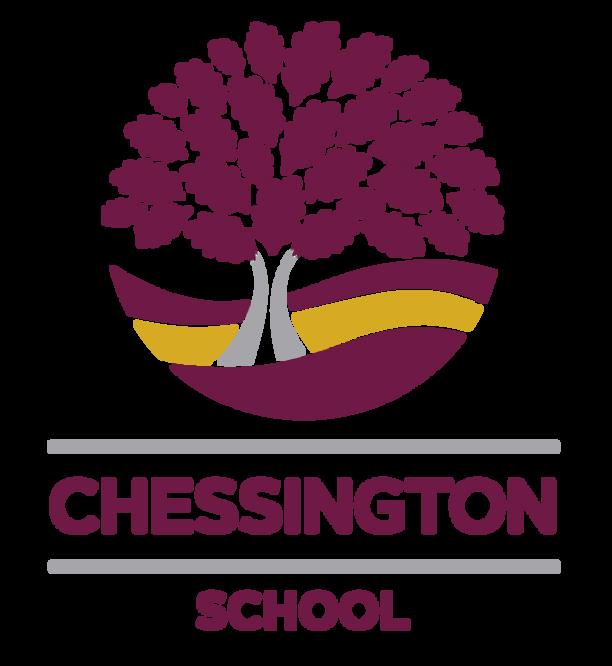
These are the compulsory subjects that everyone will study:
English Language
English Literature
Mathematics
Combined Science
Separate Sciences
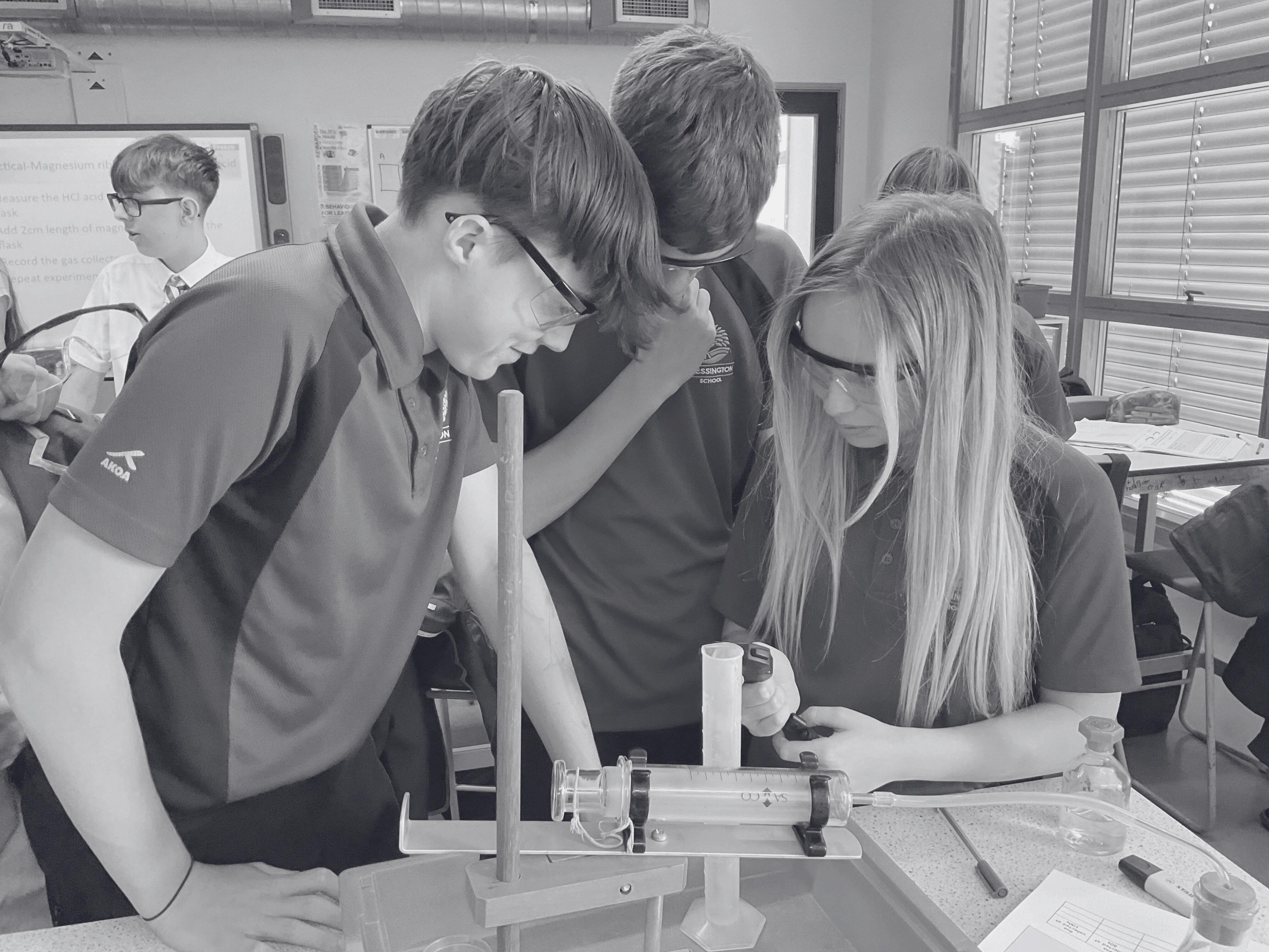
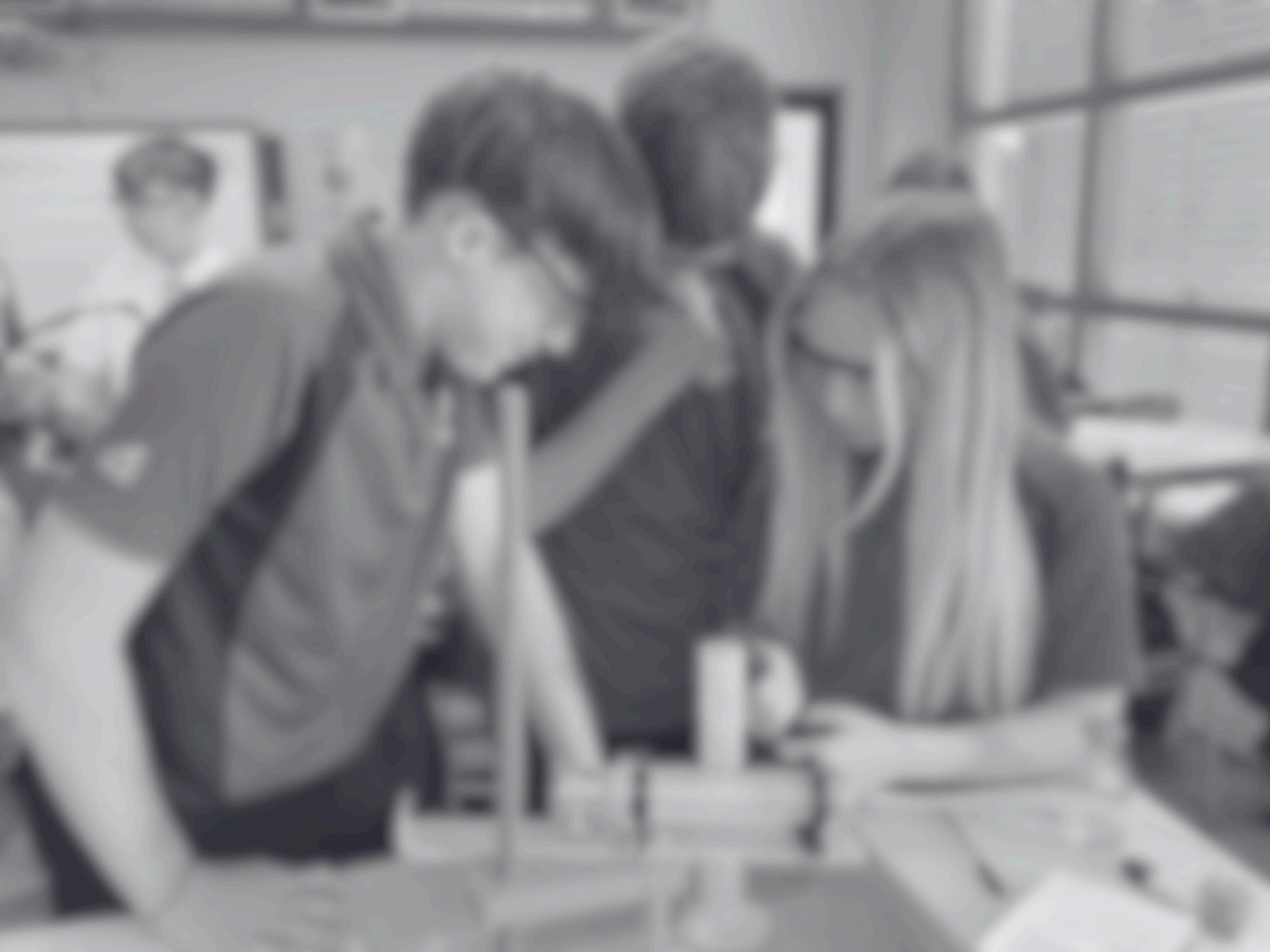
Syllabus: AQA GCSE English Language – Specification 8700
Please consult: Mrs. C. Cooper | ccooper@chessington.kingston.sch.uk
Our curriculum for GCSE English Language is designed to inspire and motivate students, providing appropriate stretch and challenge whilst ensuring that the assessment and texts are accessible to all. The GCSE curriculum enables students to develop the skills they need to read, understand and analyse a wide range of different texts and write clearly. Students are assessed with two equally-balanced papers, each assessing reading and writing in an integrated way.
The sources for the reading questions will be nonfiction and literary non-fiction texts. They will be drawn from the 19th century, and either the 20th or 21st century. The curriculum aims to provide students with an opportunity to consider viewpoints and perspectives over time. Choice of genre will include high quality journalism, articles, reports, essays, travel writing, accounts, sketches, letters, diaries, autobiography and biographical passages or other appropriate non-fiction and literary nonfiction forms.
Skills needed
Students are required to read fluently, and with good understanding, a wide range of texts from the 19th, 20th and 21st centuries, including literature and literary non-fiction as well as other writing such as reviews and journalism. Students need to read and evaluate texts critically and make comparisons between texts. They should be able to summarise and synthesise information or ideas from texts and use knowledge gained from wide reading to inform and improve their own writing. Students also need to be able to write effectively and coherently using Standard English appropriately. They should also be able to use grammar correctly and punctuate and spell accurately. We want all students to acquire and apply a wide vocabulary, alongside a knowledge and understanding of grammatical terminology, and linguistic conventions for reading, writing and spoken language. Students will also listen to and understand spoken language and use spoken Standard English effectively.
How your work will be assessed
2: Writers’ Viewpoints and Perspectives
Section
Reading - one non-fiction text and one literary non-fiction text
Non-Examination Assessment: Spoken Language presenting responding to questions and feedback use of Standard English
teacher set throughout course marked by teacher
Clicktowatchthevideoabout EnglishLanguage
Syllabus: AQA GCSE English Language – Specification 8700
Please consult: Mrs. C. Cooper | ccooper@chessington.kingston.sch.uk
GCSE English Language is an important foundation for all future studies and it is fundamental that students obtain a grade to enable them to access opportunities in the future.
A Level English Language and A Level English Literature are a must for those who enjoy reading and immersing themselves in texts and history. This can then lead to studies at university, where English continues to be a solid part of the groundwork to achieving well.
Copywriters, journalists, editors, teachers, advertising, marketing and media are all possible careers for English Language graduates but the skills you obtain through studying English Language are marketable in most sectors.
Additional information/Special requirements
There are no special requirements to study GCSE English Language.
Relevant website links for further information on the course/subject
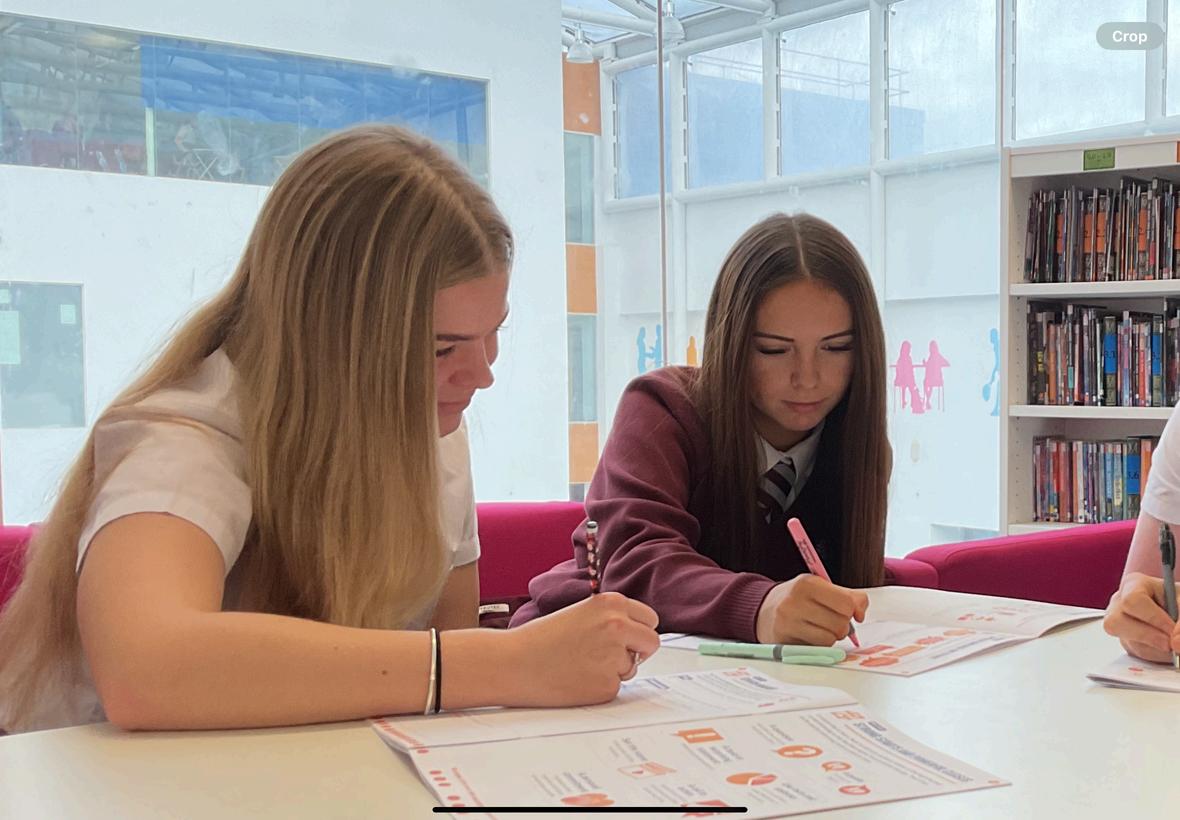

Clicktowatchthevideoabout EnglishLiterature
Syllabus: AQA GCSE English Literature – Specification 8702
Please consult: Mrs. C. Cooper | ccooper@chessington.kingston.sch.uk
Our GCSE English Literature Curriculum aims to inspire, challenge and motivate every student, regardless of ability level. A range of texts are studied to cater for the needs of all students. There are texts that will be familiar, as well as new ones that will inspire young readers. At Chessington School, we integrate the curriculum with the GCSE English Language, so students will benefit from the transferable skills.
At Chessington School, we will read a wide range of classic literature fluently and with good understanding, and make connections across students’ reading. We study Macbeth by William Shakespeare, The Strange Case of Doctor Jekyll and Mr Hyde by R.L. Stevenson, An Inspector Calls by J. B. Priestley, the AQA anthology of Power and Conflict poetry as well as unseen poetry. The aim is for students to read in depth, critically and evaluatively, so that they are able to discuss and explain their understanding and ideas. We also wish to develop the habit of reading widely and often which will help students to achieve highly in every subject – not just English.
In order to be successful, students need to be able to develop their understanding of a word, phrase or sentence in context; exploring aspects of plot, characterisation, events and settings; distinguishing between what is stated explicitly and what is implied; explaining motivation, sequence of events, and the relationship between actions or events. In order to be evaluative readers, we will also work on identifying the theme and distinguishing between themes; supporting a point of view by referring to evidence in the text; recognising the possibility of and evaluating different responses to a text; using understanding of writers’ social, historical and cultural contexts to inform evaluation; making an informed personal response that derives from analysis and evaluation of the text. Alongside their GCSE in English Language, students will also develop their evaluation of a writer’s choice of vocabulary, grammatical and structural features: analysing and evaluating how language, structure, form and presentation contribute to quality and impact; using linguistic and literary terminology for such evaluation. Comparing texts: comparing and contra sting texts studied, referring where relevant to theme, characterisation, context, style and literary quality; comparing two texts critically.
How your work will be assessed
Title
Paper 1: Shakespeare and the 19th-century novel
Section A: Shakespeare (Macbeth): Answer one question on a play pf choice. Write in details about an extract from the play and then write about the play as a whole.
Section B: The 19th-century novel (Jekyll and Hyde): Answer one question on a novel of choice. Write in detail about an extract from the novel and then write about the novel as a whole.
Clicktowatchthevideoabout EnglishLiterature
Syllabus: AQA GCSE English Literature – Specification 8702
Please consult: Mrs. C. Cooper | ccooper@chessington.kingston.sch.uk
Title Details Time %
Paper 2: Modern texts and poetry
Section A - Modern texts (An Inspector Calls): Answer one essay question from a choice of two on a studied modern prose or drama.
Section B - Poetry (Power and Conflict): Answer one comparative question on one named pome printed on the paper and one other poem from your chosen anthology cluster.
Section C - Unseen poetry: Answer one question on one unseen poem and one question comparing this poem with a second unseen poem.
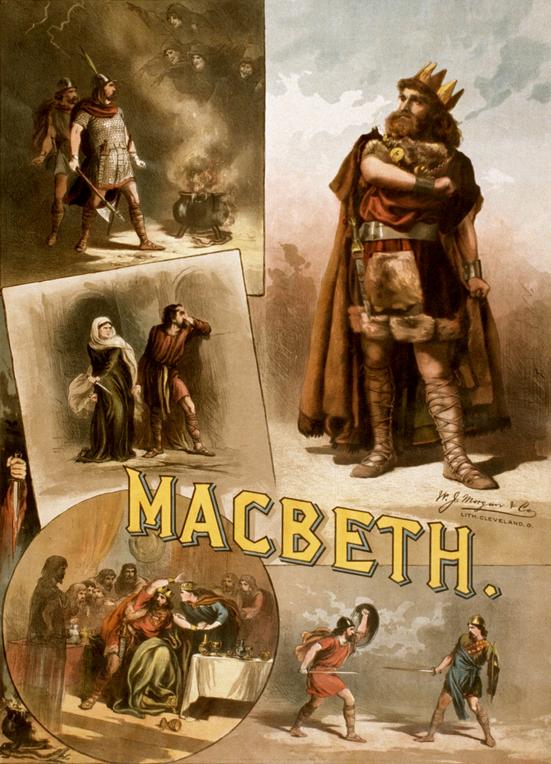
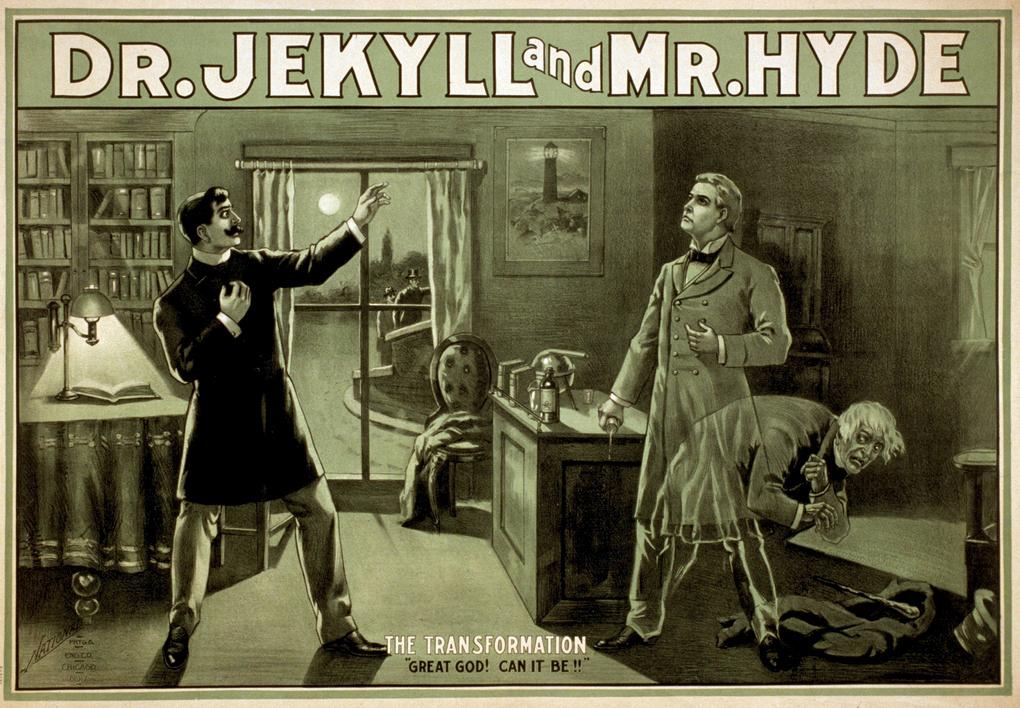
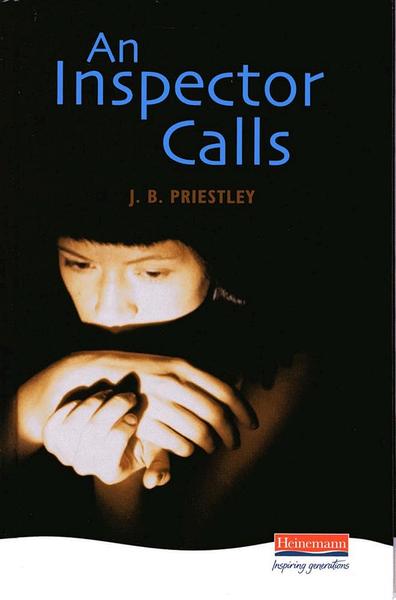
GCSE English Literature is an important foundation for all future studies and it is fundamental that students obtain a grade to enable them to access opportunities in the future.
A Level English Language and A Level English Literature are a must for those who enjoy reading and immersing themselves in texts and history. This can then lead to studies at university, where English continues to be a solid part of the groundwork to achieving well.
Copywriters, journalists, editors, teachers, advertising, marketing and media are all possible careers for English Literature graduates but the skills you obtain through studying English Literature and English Language are marketable in most sectors.
Additional information/Special requirements
There are no special requirements to study GCSE English Literature.
Relevant website links for further information on the course/subject https://www.aqa.org.uk/subjects/english
Syllabus: Edexcel GCSE Mathematics – Specification 1MA1
Please consult: Miss. N. Spink | nspink@chessington.kingston.sch.uk
Within the Mathematics department, we aim to develop every student's potential mathematical ability. We aim to motivate our students so that they are interested and enthusiastic about their Mathematics lessons.
Number: apply the four operations, prime numbers, factors, powers, roots and reciprocal.
Statistics and probability: data handling cycle, data collection, data presentation and analysis, data interpretation and probability.
Algebra: equations, algebraic expressions, graphical methods, solving problems with algebra and suse algebra to support and construct arguments and proofs.
Geometry and measures: properties of angles and shapes, geometric reasoning and calculation; measures and construction.
Ratio and proportion and rates of change; change freely between related standard units (e.g. time, length, area, volume/capacity, mass) and compound units (e.g. speed, rates of pay, prices, density, pressure) in numerical and algebraic contexts use scale factors, scale diagrams and maps.
Skills needed
There is a progression of materials through all levels at which the subject is studied. This new specification builds on Year 7/8/9 Mathematics and reflects the revised programme of Study for GCSE. There are two Tiers of entry Foundation & Higher. Tier decisions are made towards the end of Year 10 following end of year exams.
How your work will be assessed
Paper 1
2
5
Syllabus: Edexcel GCSE Mathematics – Specification 1MA1
Please consult: Miss. N. Spink | nspink@chessington.kingston.sch.uk
Title Details
Paper 3
Calculator allowed Number1. Algebra 2 Ratio, proportion and rates of changes 3 Geometry and measures 4. Probability 5 Statistics 6
GCE A/AS Mathematics Advanced subsidiary in core maths or further study at Advanced or Advanced Subsidiary level in other subjects or further study at GNVQ level, or directly into employment.
Maths graduates can go into virtually any area due to their training in problem solving and analytical thinking. Geography, psychology, medicine, teaching and sports science all use advanced mathematics skills.
Additional information/Special requirements
All students are entered for GCSE Mathematics
Some students will have the opportunity to study Further Maths GCSE alongside their mathematics GCSE.
Relevant website links for further information on the course/subject
https://qualifications.pearson.com/ www.mathscareers.org.uk
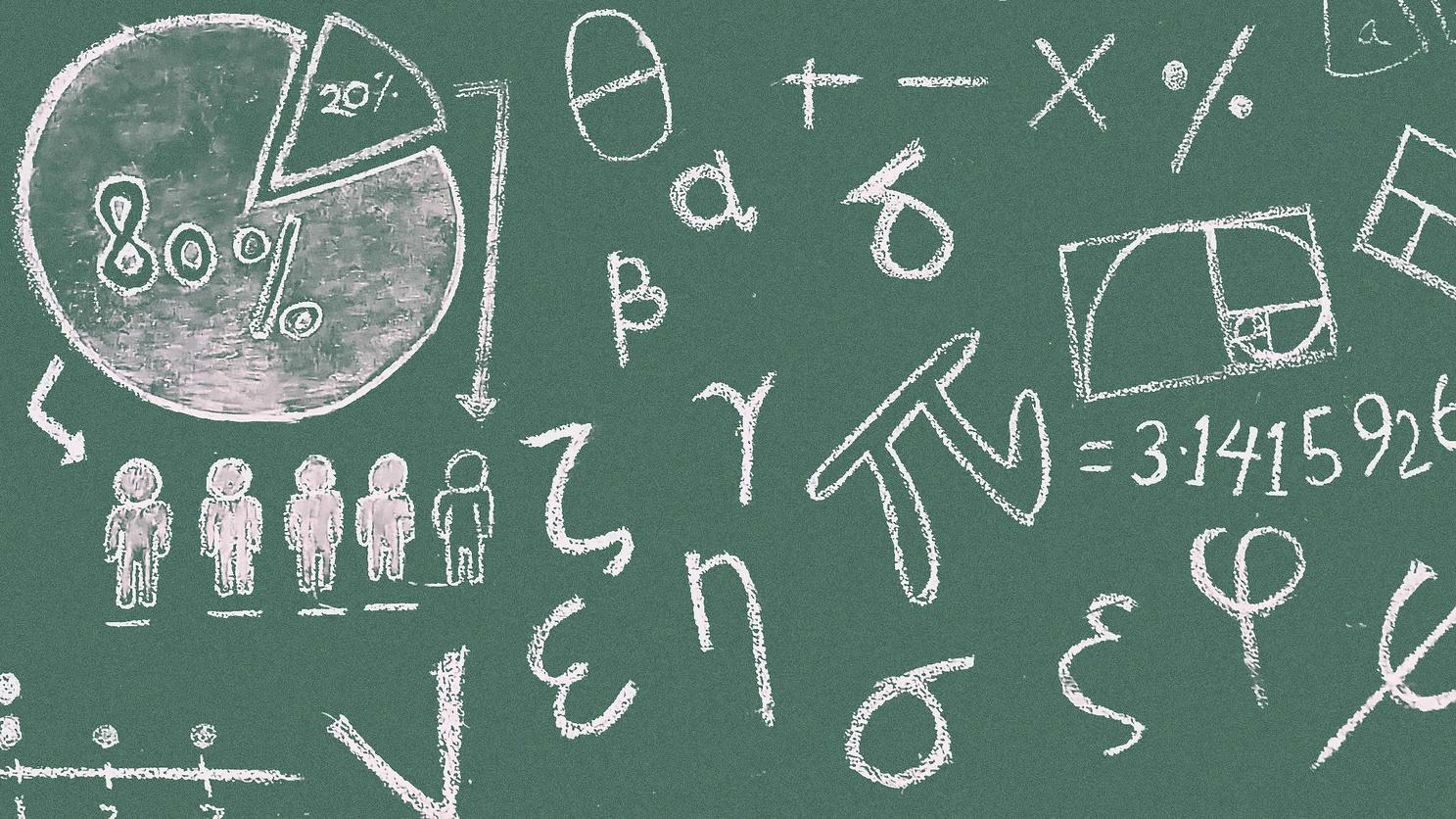

Syllabus: AQA Level 2 Certificate in Further Mathematics – Specification 8365
Please consult: Miss. N. Spink | nspink@chessington.kingston.sch.uk
This qualification fills the gap for high achieving students by assessing their higher order mathematical skills, particularly in algebraic reasoning, in greater depth, thus preparing them fully to maximise their potential in further studies at Level 3. It offers the opportunity for stretch and challenge that builds on the Key Stage 4 curriculum and is intended as an additional qualification to the GCSE Mathematics, rather than as a replacement. The content assumes prior knowledge of the Key Stage 4 Programme of Study and covers the areas of algebra and geometry, which are crucial to further study in the subject, in greater depth and breadth. This qualification places an emphasis on higher order technical proficiency, rigorous argument and problem solving skills.
It also gives an introduction to calculus and matrices and develops further skills in trigonometry, functions and graphs.
What we study
Number 1
Algebra 2
3. Calculus 4
Coordinate Geometry (2 dimensions only)
Matrix Transformations 5 Geometry6.
Skills needed
Independent study skills
Strong mathematical knowledge
How your work will be assessed
Paper 1 Non-calculator
Paper 2 Calculator
A mix of question styles, from short, singlemark questions to multi-step problems. The mathematical demand increases as a student progresses through the paper.
A mix of question styles, from short, singlemark questions to multi-step problems. The mathematical demand increases as a
What this subject can lead to after Year 11
A ‘head-start’ to A Level Maths
A Level Further Maths
Clicktowatchthevideoabout
Syllabus: AQA Level 2 Certificate in Further Mathematics – Specification 8365
Please consult: Miss. N. Spink | nspink@chessington.kingston.sch.uk
Possible Careers
Actuary, business analyst, software engineer, finance, technology analyst, information engineer, speech technology researcher, maths teacher etc.
Additional information/Special requirements
Recommended for students who are predicted a grade 7 or above in GCSE mathematics
Relevant website links for further information on the course/subject
https://cdn.sanity.io/files/p28bar15/green/8d9f2cf8d59a544142d1f4597ac83d58570f4973.pdf
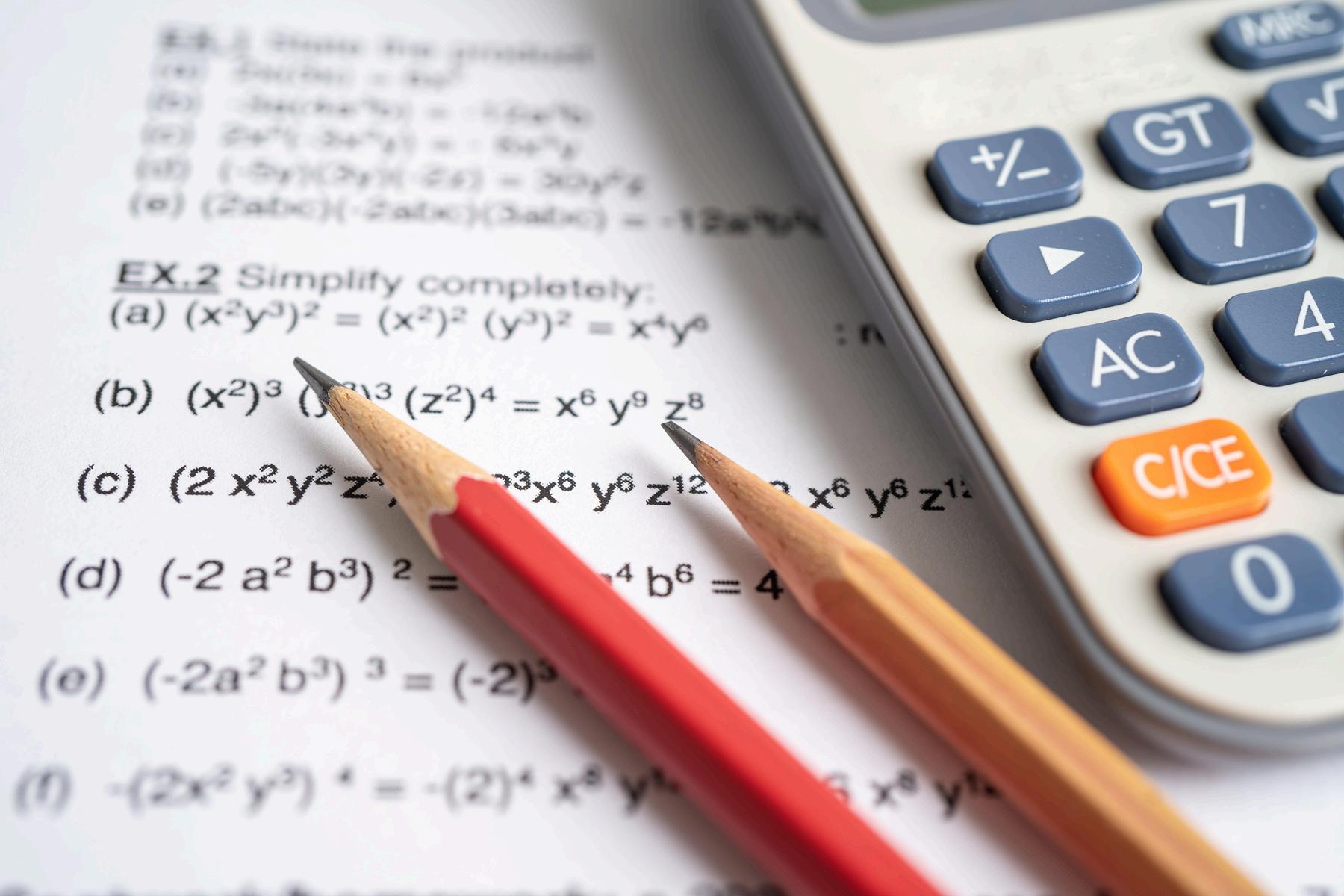

Syllabus: AQA GCSE Combined Science: Trilogy – Specification 8464
Please consult: Mrs. L. Andrew | ladade@chessington.kingston.sch.uk
Within the Science department, we aim to teach students to interpret the world around them in a scientific context and take an active role in the world’s development. This course aims to develop a deep understanding of key ideas across the three science disciplines. The course is delivered using a range of practical activities that aim to inspire and challenge students with a range of abilities and interests. Students will also acquire and apply skills, understanding and knowledge of how Science works. They will also have the opportunity to investigate whether scientific claims made are reasonable through reading, research and investigation.
Topics in Biology, Chemistry and Physics are split into equal units making up the Combined Science GCSE and awarding students with two GCSE qualifications. Practical experimental work is carried out across the Sciences to enable students to collect their own data and supplement the content that is delivered to them. Students will also have the opportunity to problem solve, analyse complex information including Science in the news.
The specification builds on skills acquired in Year 7/8/9 Science. These skills include communication, the ability to collaborate with others, analysing and evaluating data, mathematical skills and practical skills. There are two tiers of entry, foundation and higher. Tier decisions are made towards the end of Year 10 following end of year exams.
How your work will be assessed
Chemistry Paper 1 Atomic structure and the periodic table; Bonding, structure, and the properties of matter; Quantitative chemistry; Chemical analysis; Chemistry of the atmosphere; and Using resources
Paper 2 The rate of extent of chemical change; Organic chemistry; Chemical analysis; Chemistry of the atmosphere; and Using resources
Paper 2 Forces; Waves; and Magnetism and
Clicktowatchthevideoabout CombinedScience
Syllabus: AQA GCSE Combined Science: Trilogy – Specification 8464
Please consult: Mrs. L. Andrew | ladade@chessington.kingston.sch.uk
Good grades of 6-6 or more in Combined Science will allow access to all A-Level Science subjects as well as Psychology, Computer Science, Physical Education and many more. Grades in Combined Science also allow access to college courses including catering, electrician, health and the caring profession and BTEC Science Level 3.
Science is all around us and a good overall scientific knowledge is essential to understand how things work for a variety of careers. Scientific pathways include: Health services such as Medicine, Dentistry and Pharmacy, Mechanical or Electrical engineering, Veterinary Science, Teaching, Forensic Science, Astrophysics and many more.
Additional information/Special requirements
This is a compulsory course and all students are expected to complete this course.
Relevant website links for further information on the course/subject https://www.aqa.org.uk/subjects/science/gcse/combined-science-trilogy-8464


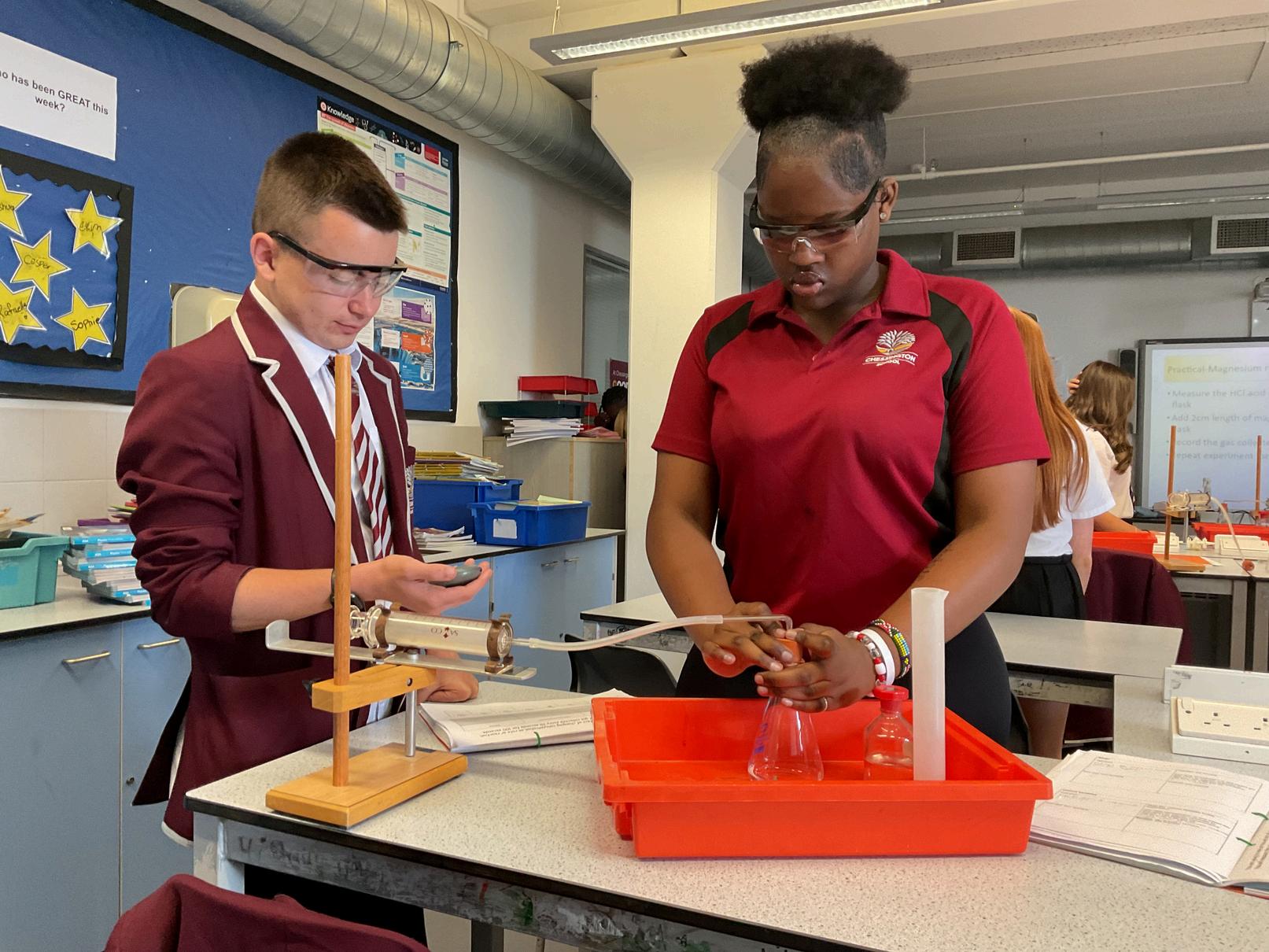
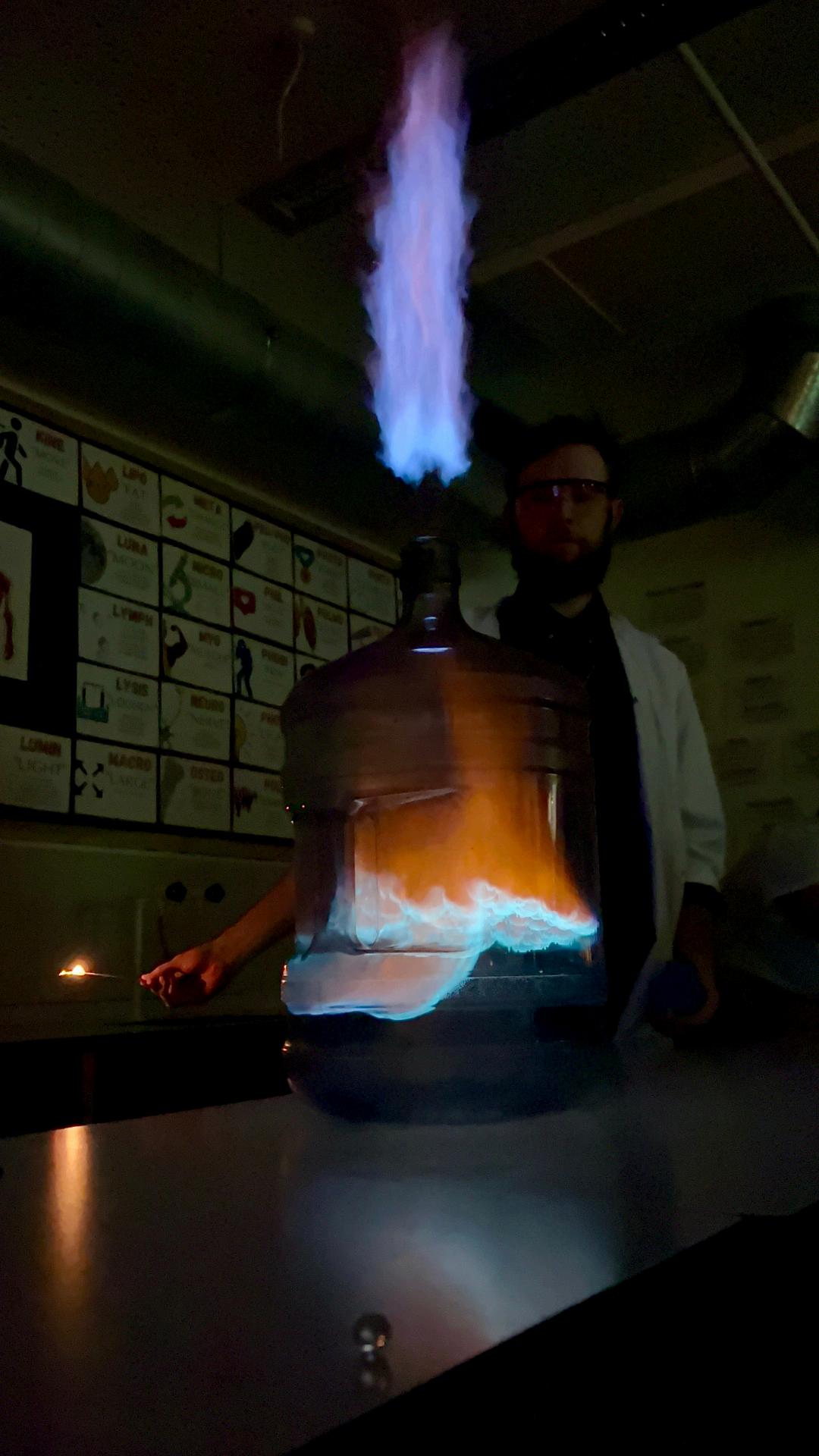
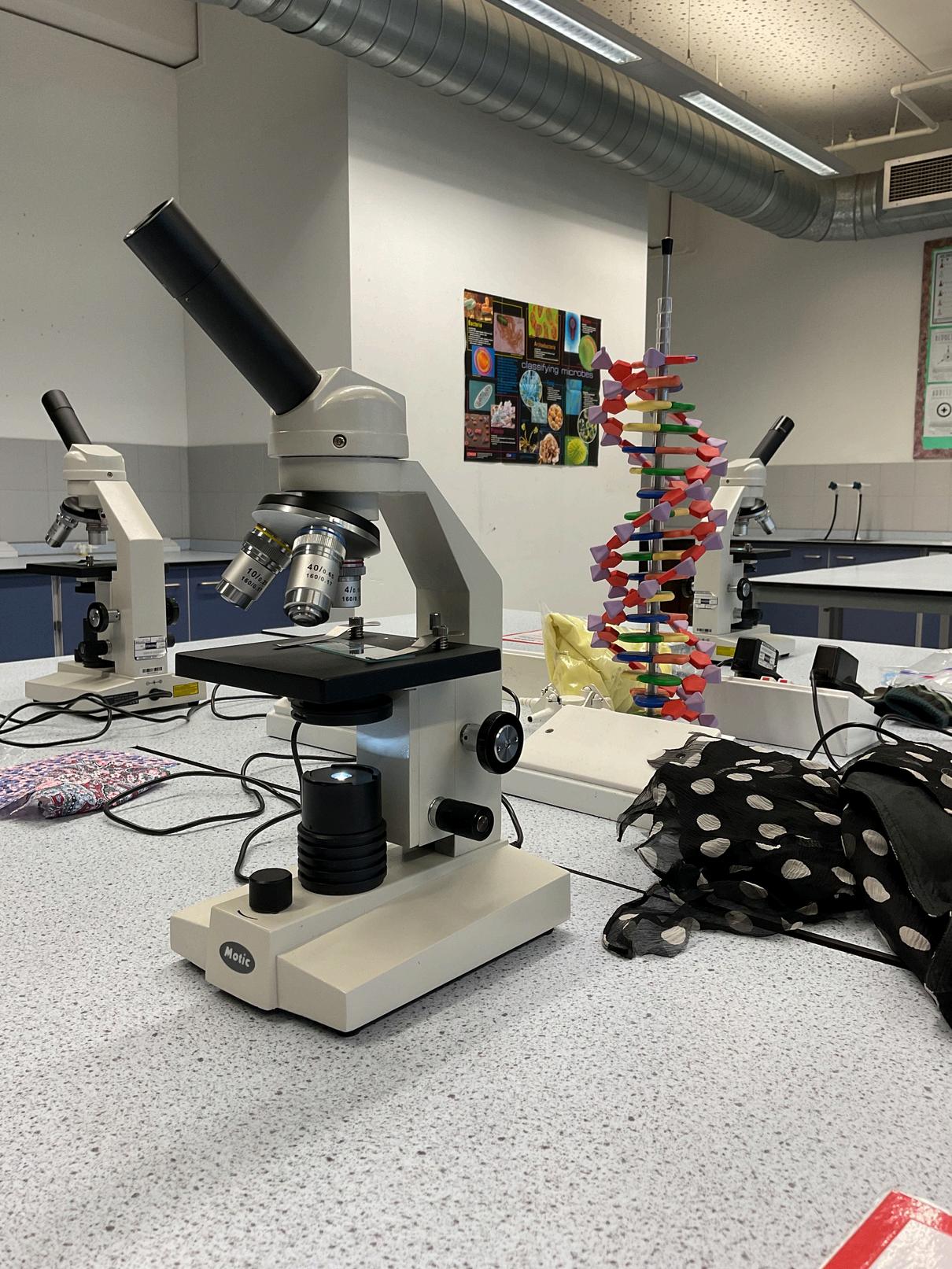
Syllabus: AQA Biology - Specification 8461 | AQA Chemistry –Specification 8462 AQA Physics – Specification 8463 | Please consult: Mrs. L. Andrew | ladade@chessington.kingston.sch.uk
Within the Science department, we aim to teach students to interpret the world around them in a scientific context and take an active role in the world’s development. This course aims to develop a deep understanding of key ideas across the three science disciplines. The course is delivered using a range of practical activities that aim to inspire and challenge students with a range of abilities and interests. Students will also acquire and apply skills, understanding and knowledge of how Science works. They will also have the opportunity to investigate whether scientific claims made are reasonable through reading, research and investigation.
Topics in Biology, Chemistry and Physics are split into equal units making up the Combined Science GCSE and awarding students with two GCSE qualifications. Practical experimental work is carried out across the Sciences to enable students to collect their own data and supplement the content that is delivered to them. Students will also have the opportunity to problem solve, analyse complex information including Science in the news.
The specification builds on skills acquired in Year 7, 8 and 9 Science. These skills include communication, the ability to collaborate with others, analysing and evaluating data, mathematical skills and practical skills. Decisions for entering students for the Separate Science course are made towards the end of Year 9 following the end of year exams.
How your work will be assessed
Chemistry Paper 1 Atomic structure and the periodic table; Bonding, structure, and the properties of matter; Quantitative chemistry; Chemical changes; and Energy changes
Chemistry Paper 2 The rate of extent of chemical change; Organic chemistry; Chemical analysis; Chemistry of the atmosphere; and Using resources
2
Clicktowatchthevideoabout SeparateSciences
Syllabus: AQA Biology - Specification 8461 | AQA Chemistry –Specification 8462 AQA Physics – Specification 8463 | Please consult: Mrs. L. Andrew | ladade@chessington.kingston.sch.uk
Good grades of a 6 or more in Separate Science will allow access to all A-Level Science subjects as well as; Psychology, Computer Science, Physical Education and many more.
Possible Careers
Science is all around us and a good overall scientific knowledge is essential to understand how things work for a variety of careers. Scientific pathways include: Health services such as Medicine, Dentistry and Pharmacy, Mechanical/Electrical engineering, Veterinary Science, Teaching, Forensic Science, Astrophysics and many more.
Additional information/Special requirements
Decisions for students being entered for Separate Science are made in Year 9 after the end of year exams. The top achieving students across all three sciences are selected to complete this course.
Relevant website links for further information on the course/subject
https://www.aqa.org.uk/subjects/science/gcse/biology-8461
https://www.aqa.org.uk/subjects/science/gcse/chemistry-8462
https://www.aqa.org.uk/subjects/science/gcse/physics-8463


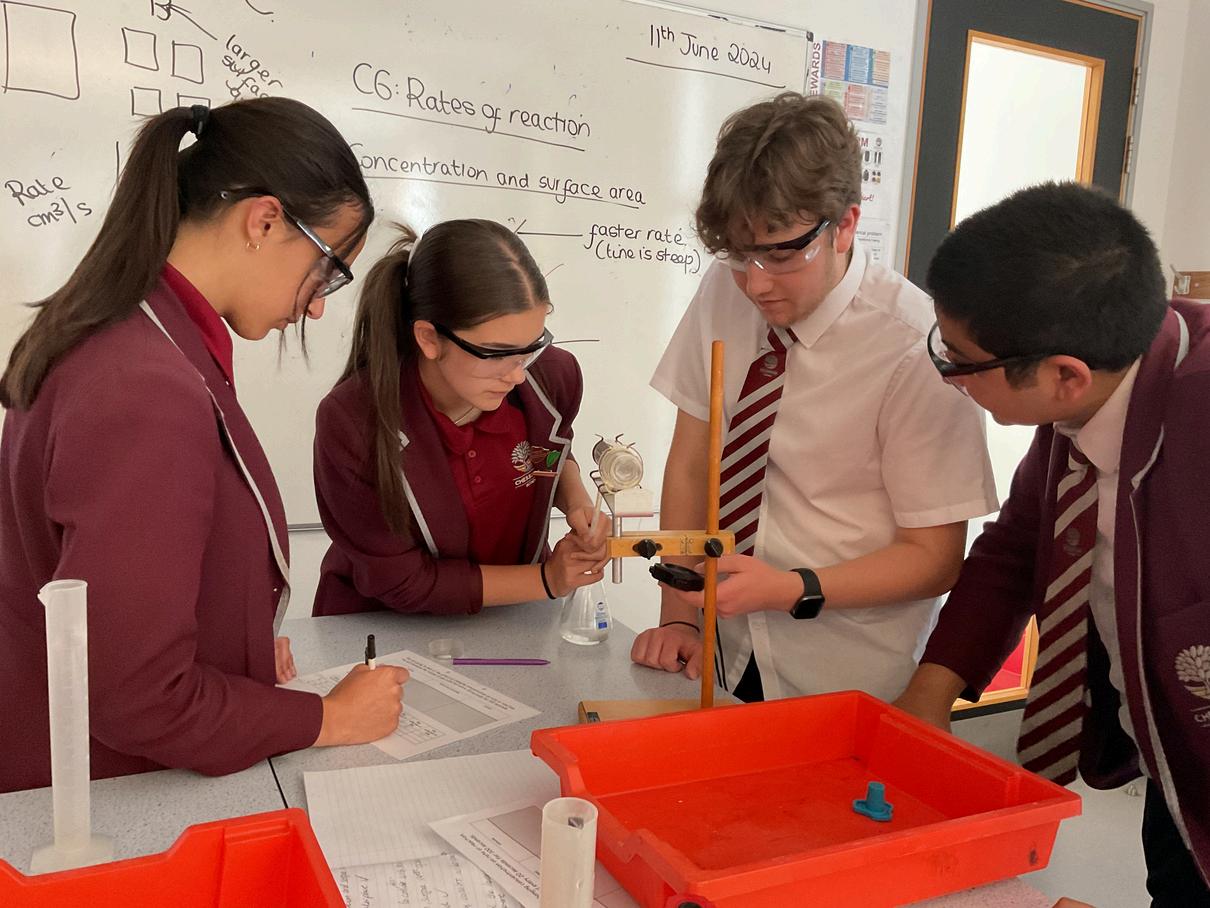
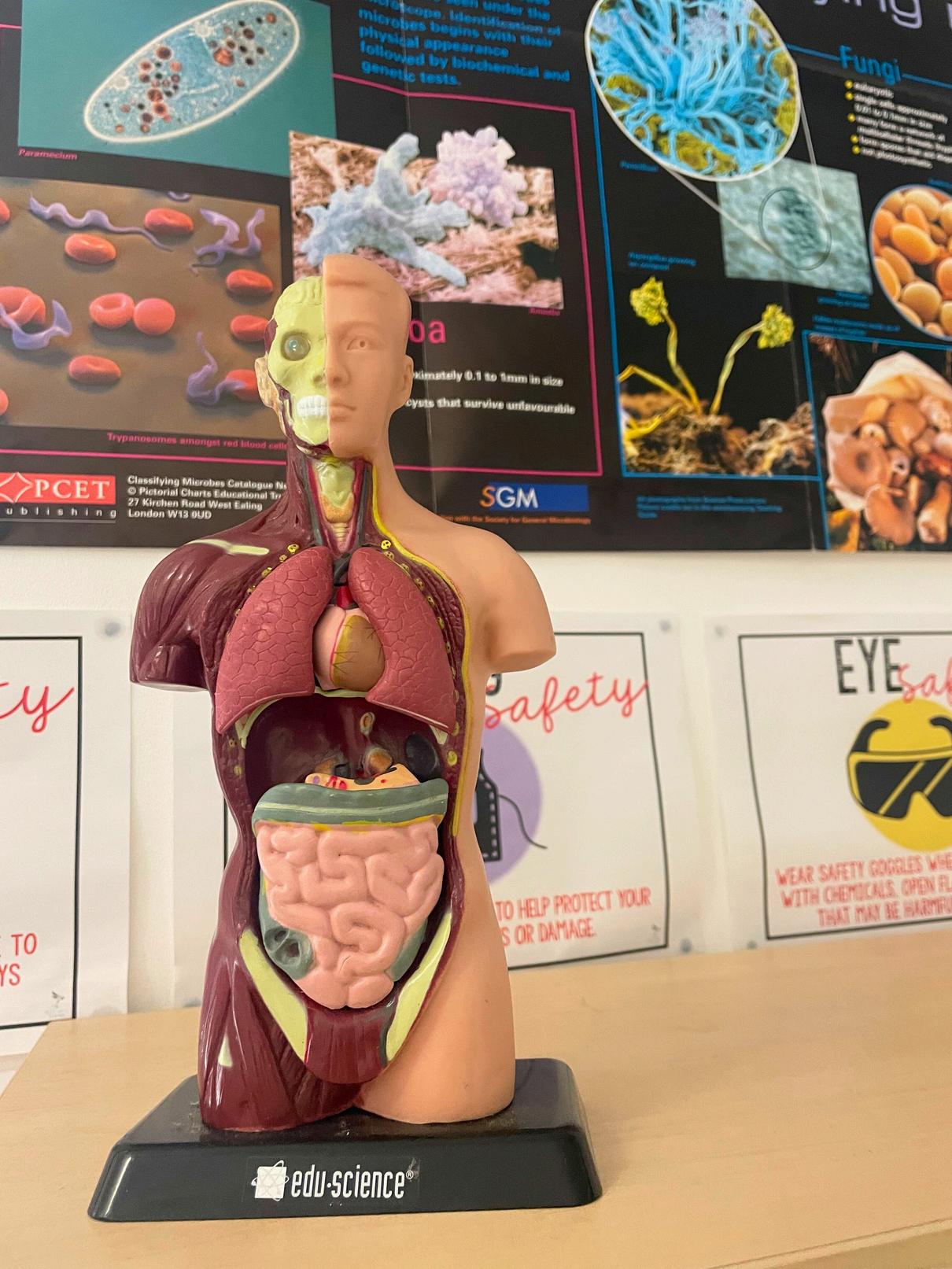

GCSE
Art
Computer Science
Dance
Drama
Geography
History
Music
Physical Education
Religious Studies
Spanish
VOCATIONAL
Business Studies
Catering
Child Development
Construction
Digital Information Technology
Media Studies
Music
Sport
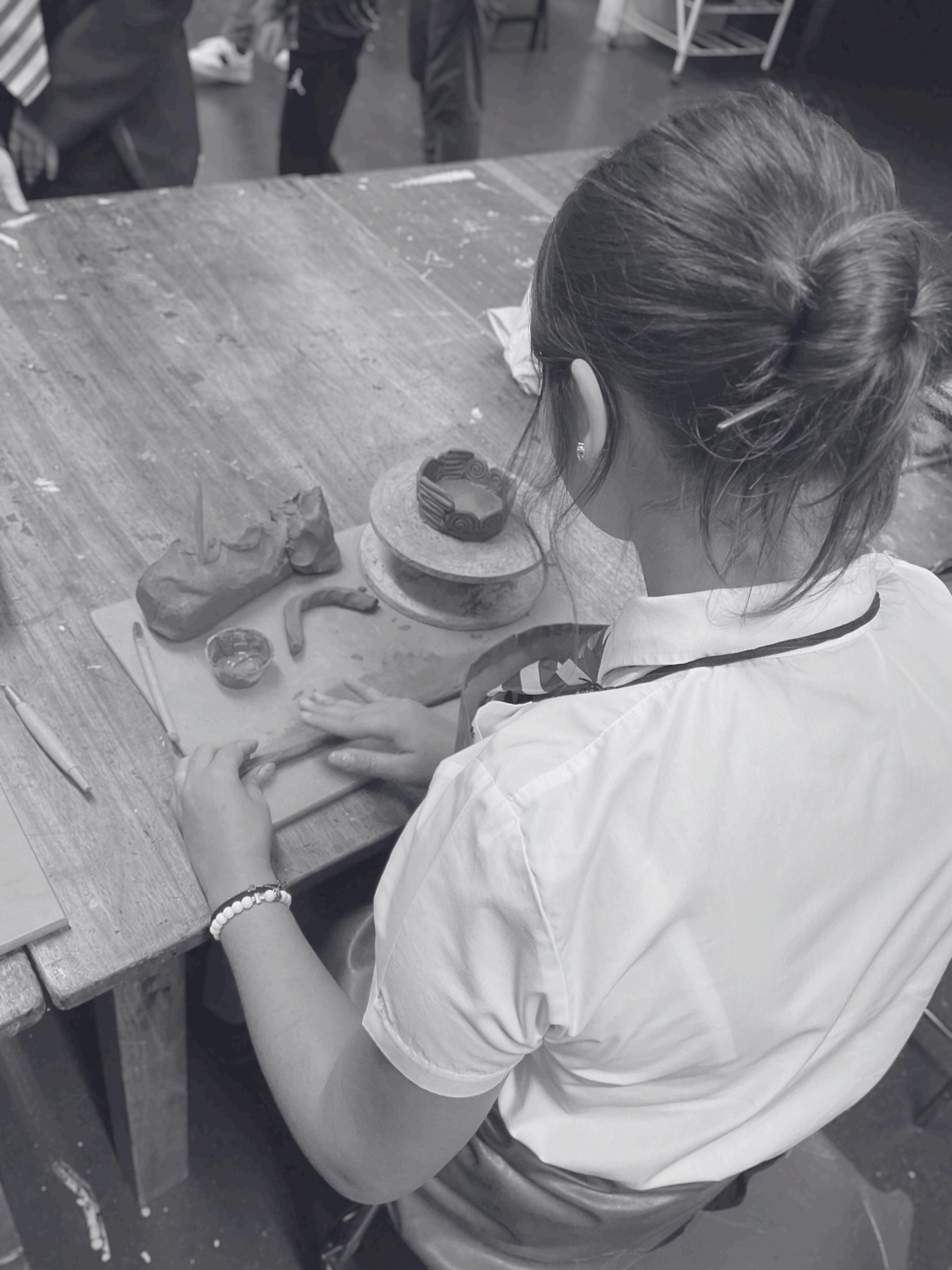
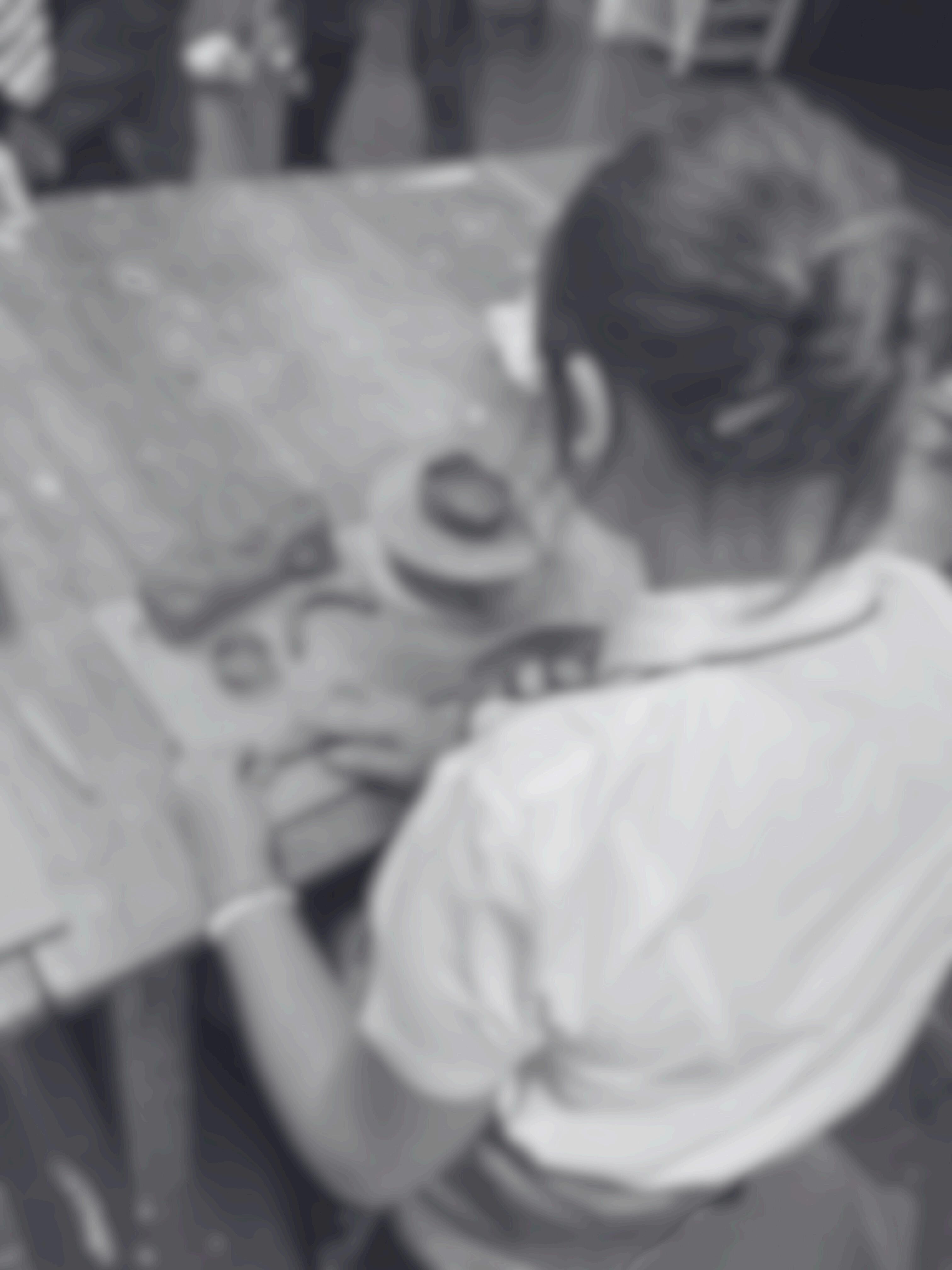
Syllabus: AQA Art & Design – Fine Art – Specification 8202
Please consult: Ms. J. Hudspith | jhudspith@chessington.kingston.sch.uk
We aim to develop the student’s ‘art toolkit’ of skills, techniques, processes and approaches, so they can discover their own creative voice. Students are equipped to produce a personal and meaningful body of work from a wide range of stimuli.
We aim to support students on their journey to further education and beyond, and see art as a credible and rewarding career path.
Students have opportunities to develop skills and explore drawing, painting, printmaking, photography and sculpture. Analysing and learning different artistic techniques and styles, with a focus on presenting professional sketchbooks and a cohesive body of work.
In year 10, students create two portfolio projects, both of which make 60% of the final grade.
Our projects are ‘Natural Forms’ and ‘City Life’ where students are inspired by a variety of stimuli including trips, various artists and initial observational recordings. Students are guided through a range of experiments and techniques to build the visual research skills needed to produce their own individual, more sustained and refined piece at the end of each project.
Students work in A3 sketchbooks and address the four assessment objectives required for the GCSE:
AO1 - Contextual research and artists studies
AO2 - Experimentation and refinement
AO3 - Drawing and recording
AO4 - Responses and final piece
In the Spring term of year 11 the students are given their exam papers which outline 7 externally set starting points to inspire a fully independent body of work. Students use the skills, techniques and processes they have developed in the earlier projects to explore their chosen subject through personal and individual visual and written research. This is then used to produce a sustained piece of work in a final 10 hour exam.
A good level of visual literacy is required to comfortably build a successful portfolio and produce confident responses. This includes proficiency in, recording using a wide variety of media, written and visual analysis of artworks, and a creative mindset.
Title Details Time %
Component 1: Portfolio
A portfolio that in total shows explicit coverage of the four assessment objectives. It must include a sustained project evidencing the journey from initial engagement to the realisation of intention and a selection of further work undertaken during the student’s course of study
Non-exam assessment (NEA) set and marked by the school/college and moderated by AQA during a visit No time limit
Syllabus: AQA Art & Design – Fine Art – Specification 8202
Please consult: Ms. J. Hudspith | jhudspith@chessington.kingston.sch.uk
Title Details Time %
Component 2: Externally set assignment
You will respond to your chosen starting point from an externally set assignment paper relating to your subject title, evidencing coverage of all four assessment objectives
What this subject can lead to after Year 11
Preparatory period followed by 10 hours or supervised time Non-exam assessment (NEA) set by AQA; marked by the school/college and moderated by AQA during a visit
40
GCSE art is your first professional portfolio. After GCSE you may go on to study Art, Photography, Graphics or Textiles at A Level or BTEC. This gives you the platform needed to take an art Foundation Course or other Art diplomas, that is usually required to study art at university. There are many different types of art based degrees, so it is worth doing your research on what interests you and what is available to study, if you are wanting to go down a specialist route.
Artist, Commercial Artist/Layout Artist/Graphic Artist or Designer, Advertising Artist, Creative Art Director, Gaming Artist, Concept Artist, Storyboard Artist, UX Designer, VFX artist, GCI Artist, VFX Supervisor, Animator, Cartoonist, Character Artist, Multimedia Artist, Make-up Artist, Fashion Designer, Costume/ Wardrobe, Set Design, Antique Art Restorer, Architectural Designer, Art Auctioneer, Art Director, Art Gallery Curator, Art Historian, Art Librarian, Art Professor, Art Teacher, Art Therapist, Artist Agent, Courtroom Artist, Courtroom Artist, Craft and Fine Artists/Painters/ Glassblowers/Potters, Illustrator, Logo Designer, Portrait Artist, Tattoo Artist, Car Designer, Engineer Artist.
Information/ Special Requirements
There are no special requirements to study GCSE Art. Students will need a range of media to successfully complete their home learning. Packs are available for purchase from the art department at £20 or students are welcome to source their own.
Relevant website links for further information on the course/subject https://www.aqa.org.uk/subjects/art-and-design/gcse/art-and-design-8202/specification/subject-content/fineart#Fine_art
Syllabus: OCR GCSE Computer Science – Specification J277
Please consult: Mr. B. Cosgrave | bcosgrave@chessington.kingston.sch.uk
This GCSE in Computer Science is engaging and practical, encouraging creativity and problem solving. It encourages students to develop their understanding and application of the core concepts in computer science. Students also analyse problems in computational terms and devise creative solutions by designing, writing, testing and evaluating programs.
By the end of this course you will be able to:
Understand and apply the fundamental principles and concepts of Computer Science, including abstraction, decomposition, logic, algorithms, and data representation
Analyse problems in computational terms through practical experience of solving such problems, including designing, writing and debugging programs .
Think creatively, innovatively, analytically, logically and critically
Understand the components that make up digital systems, and how they communicate with one another and with other systems.
Understand the impacts of digital technology to the individual and to wider society
Apply mathematical skills relevant to Computer Science.
Skills needed
Logical thinking and computational thinking skills are a must. You will also build upon the programming skills you have learned in lower school and apply these to GCSE level scenarios to solve problems by coding a solution.
How your work will be assessed
Title
J277/01:
Computer systems
227/01
Computational thinking, algorithms and programming
Systems architecture
Memory and storage
Computer networks, connections and protocols
Network security
Systems software
Ethical, legal, cultural and environmental impacts of digital technology
Algorithms
Programming fundamentals
Producing robust programs
Boolean logic
Programming languages and Integrated
Development Environments
This qualification can lead to A level Computer Science or IT qualifications. Eventually this can lead to studying a wide array of computing courses at third level such as games design, software development, cyber security etc.
Possible Careers
Clicktowatchthevideoabout
Syllabus: OCR GCSE Computer Science – Specification J277
Please consult: Mr. B. Cosgrave | bcosgrave@chessington.kingston.sch.uk
You could consider studying computer science at A Level and university if you want to begin a computer science career in roles such as:
Computer programming
Software engineering
Website/app design/development
Computer Games Development
Cybersecurity
Additional information/Special requirements
Opportunities for trips such as the national Museum of Computing and Emirates Aviation Experience
Relevant website links for further information on the course/subject
https://www.ocr.org.uk/qualifications/gcse/computer-science-j277-from-2020/
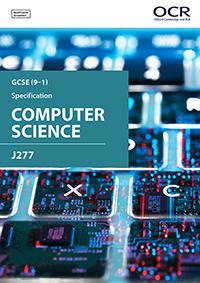
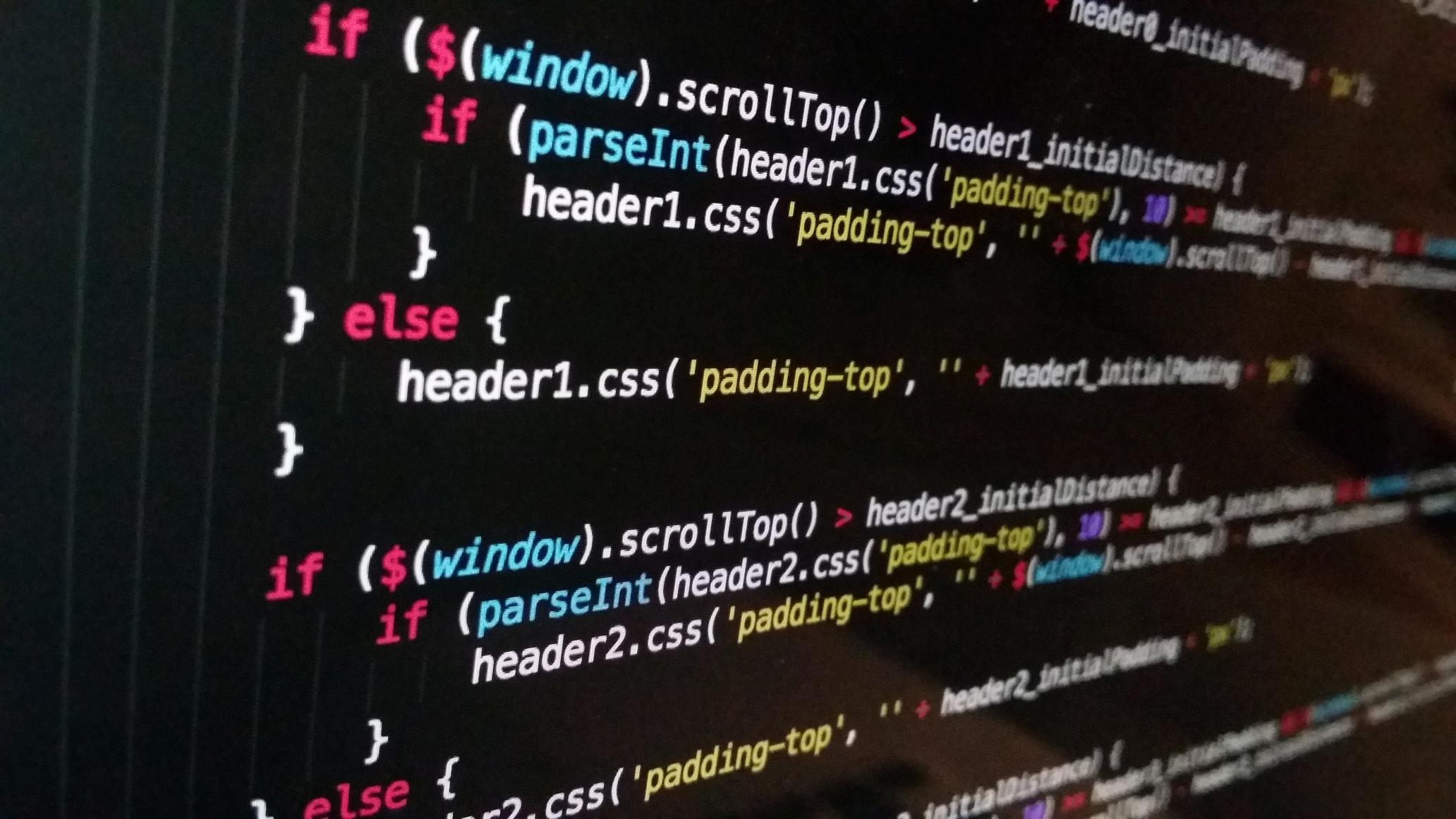
Syllabus: AQA GCSE Dance – Specification 8236
Please consult: Miss. K. Pipkin | kpipkin@chessington.kingston.sch.uk
Dance is a powerful and expressive subject which encourages students to develop their creative, physical, emotional and intellectual capacity, whatever their previous experience in the subject. The practical component of the course enables students to study dance by ‘doing’ and the anthology of professional works will provide a springboard for the development of creative and engaging practical tasks.
What we study
Students will study a range of dance styles and style fusions. Apart from the solo performance, they can choose any style in which to perform and choreograph, providing it meets the assessment criteria. You will have 3 GCSE Dance lessons per week. This will consist of two dance practical and one dance theory lesson per week.
Skills needed
• Interest and passion for Dance
• Confidence to complete solo and duet performances
How your work will be assessed
Title
Component 1:
Performance and choreography
Component 2:
Dance appreciation
Performance Set phrases through a solo performance (approximately one minute in duration)
Duo/trio performance (three minutes in a dance which is a maximum of five minutes in duration)
Choreography
Solo or group choreographya solo (two to two and a half minutes) or a group dance for two to five dancers (three to three and a half minutes)
Knowledge and understanding of choreographic processes and performing skills
Critical appreciation of own work
Non-examined Assessment: Internally marked and externally moderated
Critical appreciation of professional work Written Examination: 1 hour 30 minutes
60 (Performance 30 and Choreography 30)
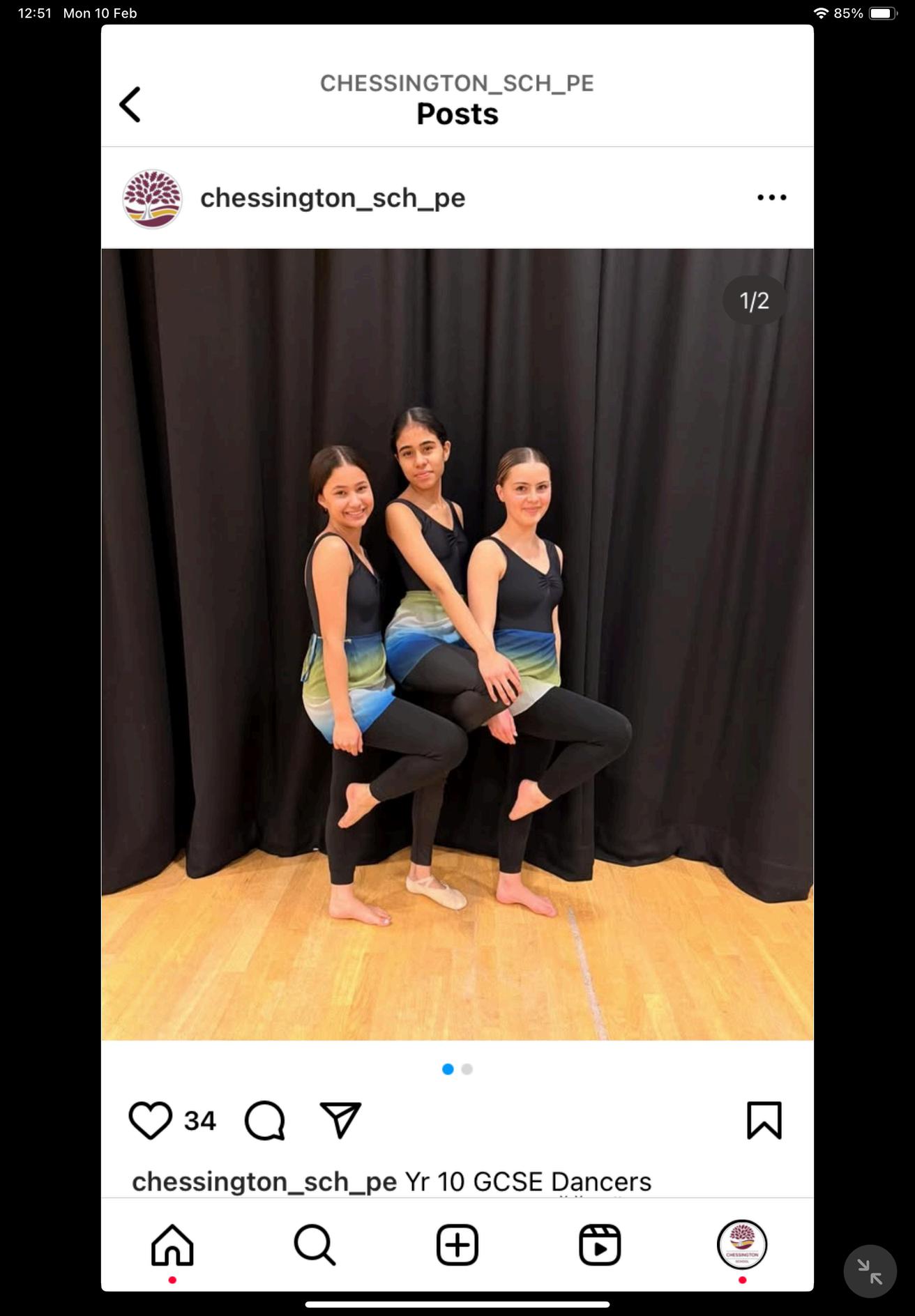
Choreographer
Theatre director
Dance teacher
Additional information/Special requirements
N/A
Relevant website links for further information on the course/subject https://www.aqa.org.uk/subjects/dance/gcse/dance-8236
Clicktowatchthevideoabout
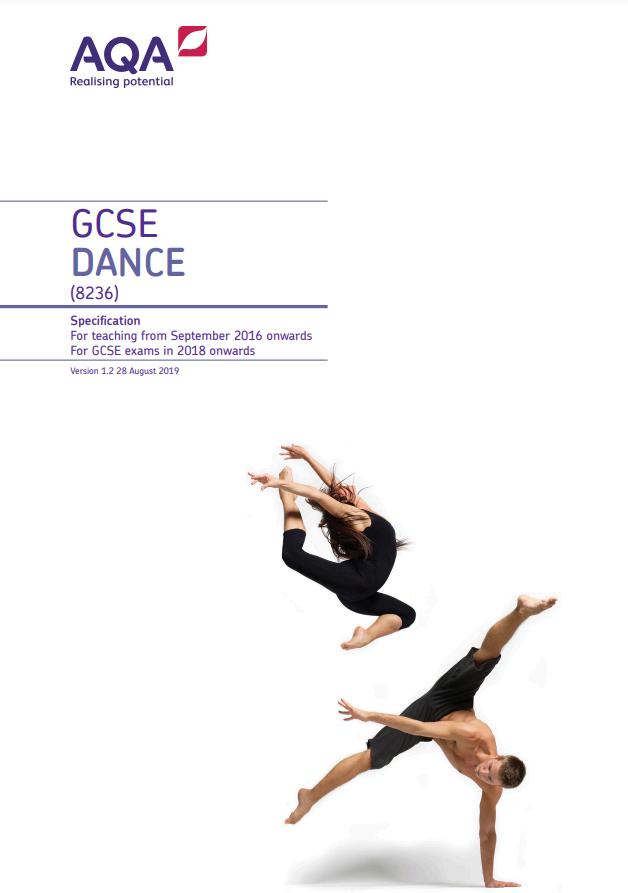
Syllabus: GCSE Drama – Pearson specification
Please consult: Miss. J. Twomey | jtwomey@chessington.kingston.sch.uk
Explore the world of theatre in both a practical and theory manner. This gives you the skill set and knowledge to be able to pursue further education and a career in the theatre world.
We look at set text in detail, breaking down the different components of it from the character development to social context. This gives you the knowledge you need to be able to write in depth about the play in the written exam.
We look at a piece of live theatre and everything that is needed to put that piece from the page to the stage. During this exploration we look into what the role of a director is and how we are able to show the artistic intentions of a director and an actor on stage. We look at the relationship of the actor and the audience and how it feels to be on both sides of this relationship.
We look at devising our own performance and the different styles and practitioner influence that we can use to create a performance piece. We also create a piece of scripted performance or design element which is assessed by an external examiner in year 11.
Skills needed
In order to succeed and get the most out of the drama GCSE course you need to be able to work as part of a team and to be able to both listen to others opinions and contribute as part of a group. You need to be able to work independently when required to do so as there will be times that you need to develop parts of work alone. However, the most important thing you require is you need to have a passion for the theatre world and be ready to explore all areas of it.
How your work will be assessed
Component 2: Texts in practice (practical)
and understanding of drama and contribute as performer or designer)
and understanding of drama and theatre
of one set play from a choice of ten Analysis and evaluation of the work if live theatre
What this subject can lead to after Year 11
of Extract 1 (24 marks) and Extract 2 (24 marks) (Marked by Pearson)
Drama will develop your confidence and ability to work as part of a team in a way that not many other subjects can. Studying drama can open many different avenues in both your personal development and your academic journey.
Syllabus: GCSE Drama – Pearson specification
Clicktowatchthevideoabout Drama
Please consult: Miss. J. Twomey | jtwomey@chessington.kingston.sch.uk
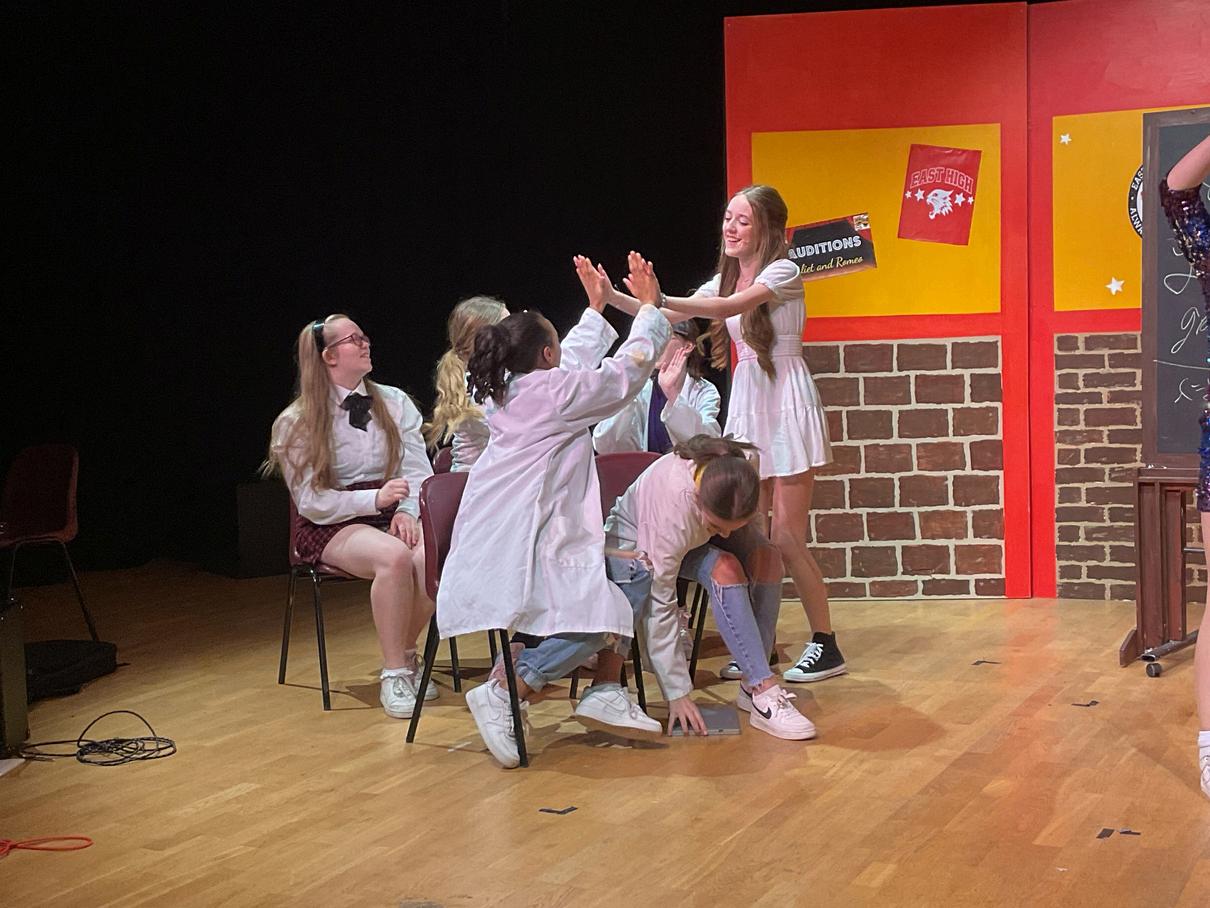
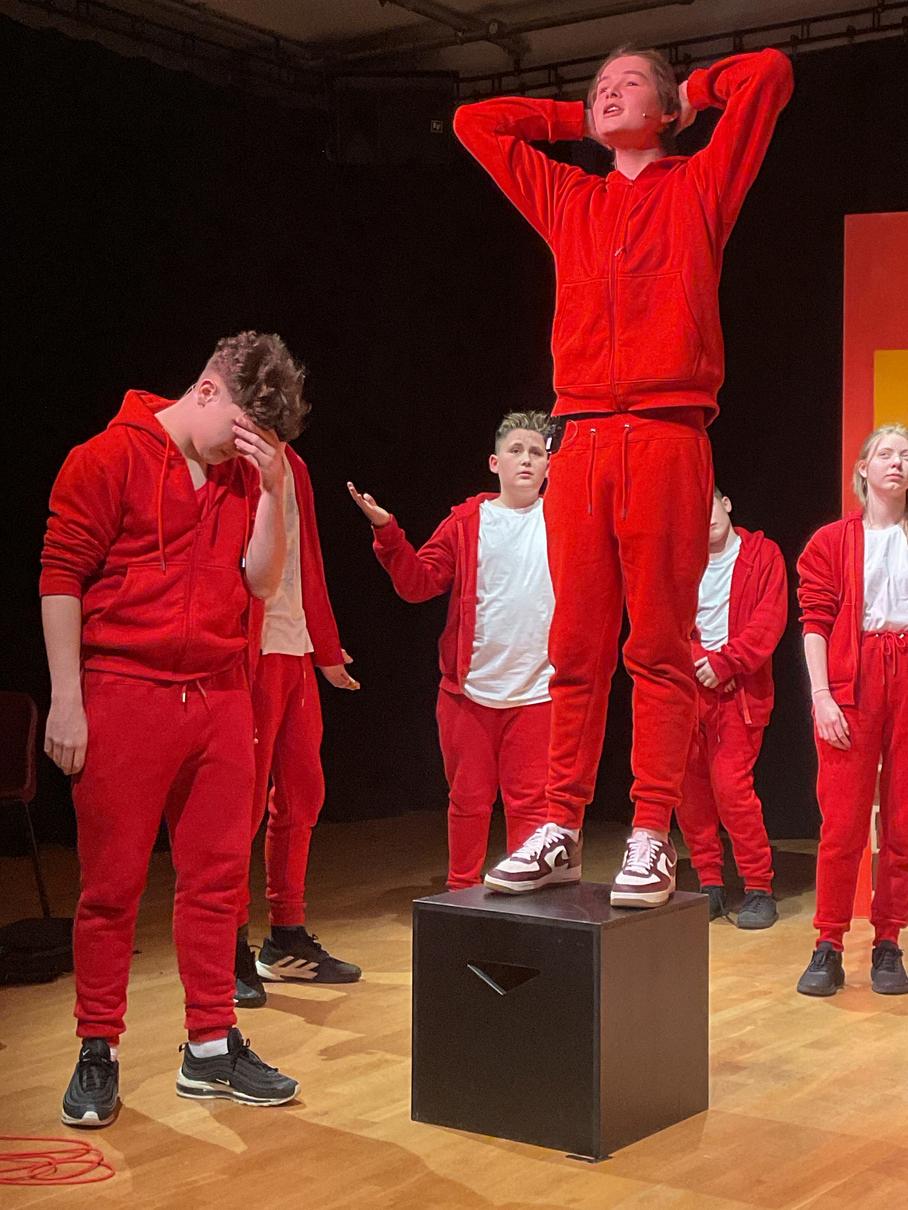

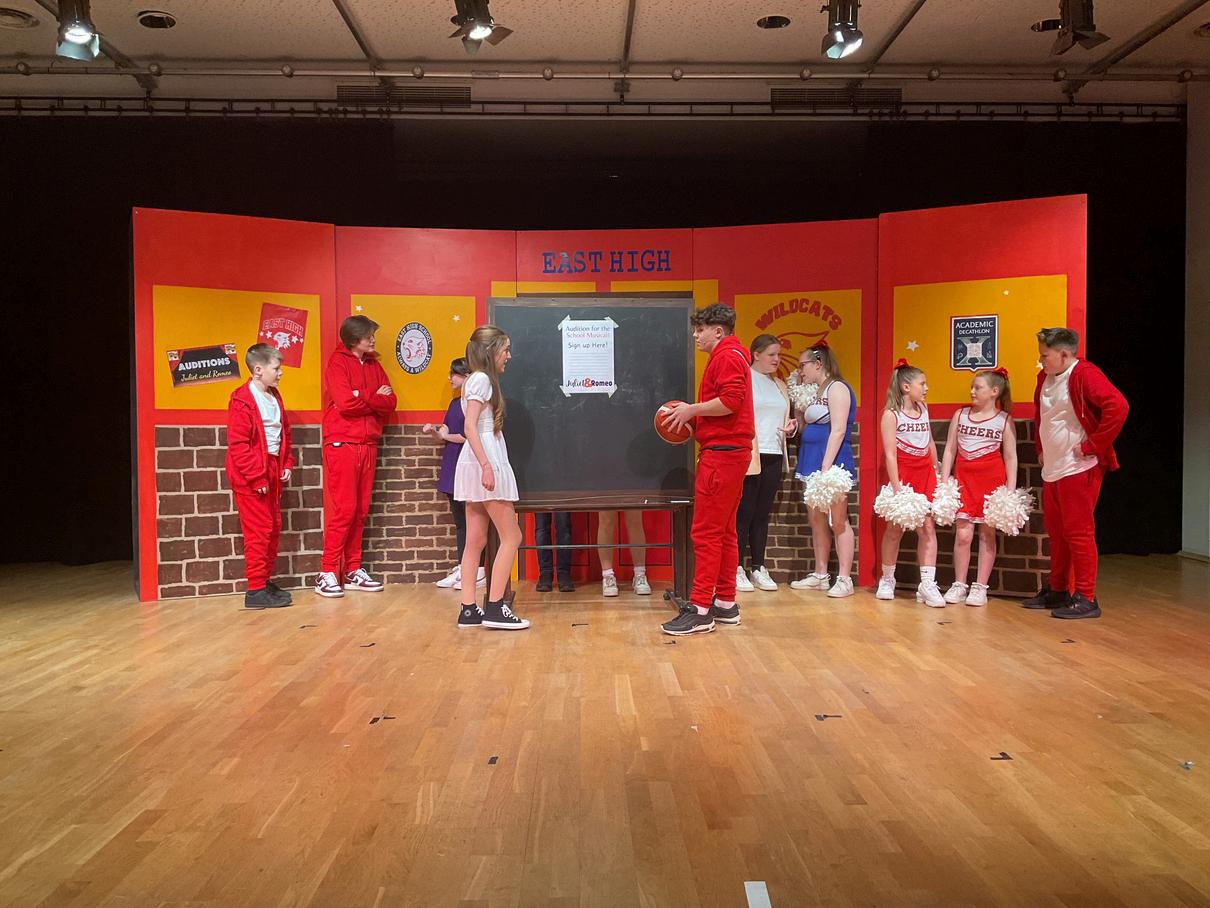

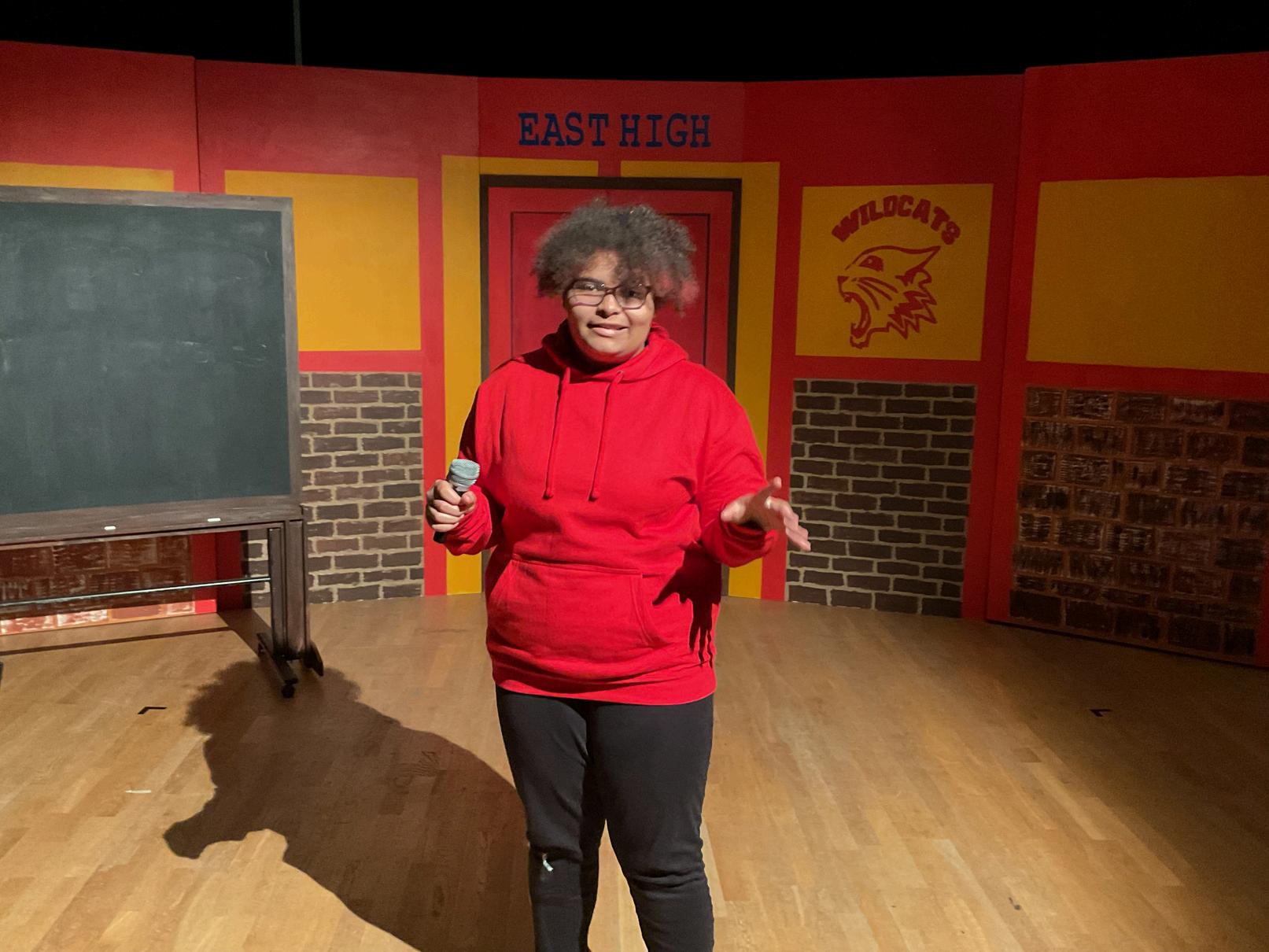
Drama will develop your confidence and ability to work as part of a team in a way that not many other subjects can. Studying drama can open many different avenues in both your personal development and your academic journey.
There are a plethora of different roles within the creative industry that studying drama will help you with, from the stage actor, to the radio presenter to the sound engineer. However, it doesn’t stop there, any job that requires confidence and the ability to work as part of a team, drama is going to benefit your journey in that career.
You will need to have a love of theatre and the ambition to succeed to do well on this GCSE.
Relevant website links for further information on the course/subject https://qualifications.pearson.com/en/qualifications/edexcel-gcses/drama-2016.html
https://www.bbc.co.uk/bitesize/examspecs/zrnjwty
Clicktowatchthevideoabout Geography
Syllabus: AQA GCSE Geography – Specification 8035
Please consult: Miss. R. Stafford-Jones | rstafford-jones@chessington.kingston.sch.uk
This exciting and relevant course studies geography in a balanced framework of physical and human themes and investigates the link between them. Students will travel the world from their classroom, exploring case studies in the United Kingdom (UK), higher income countries (HICs), newly emerging economies (NEEs) and lower income countries (LICs). Topics of study include climate change, poverty, deprivation, global shifts in economic power and the challenge of sustainable resource use. Students are also encouraged to understand their role in society, by considering different viewpoints, values and attitudes.
Living with the physical environment
The challenge of natural hazards – volcanoes, earthquakes and weather hazards
The living world – tropical rainforests and hot deserts
Physical landscapes in the UK – coasts and rivers
Challenges in the human environment
Urban issues and challenges – cities
The changing economic world – development
The challenge of resource management – water and food
Geographical applications
Issue evaluation – students will complete a decision making activity based on a pre-released resource.
Fieldwork
Geographical skills
Skills needed
Mathematical skills
Evaluation skills
Map skills
How your work will be assessed
Clicktowatchthevideoabout Geography
Syllabus: AQA GCSE Geography – Specification 8035
Please consult: Miss. R. Stafford-Jones | rstafford-jones@chessington.kingston.sch.uk
A Level Courses – Geography & Chemistry
Vocational Courses – Leisure and Tourism
Duke of Edinburgh
Possible Careers
Studying Geography can open up opportunities in a number of exciting career choices, here are some geography compliments:
Military careers
Teacher
Police
Climatologist
Cartographer
Urban Planner
Councillor
Additional information/Special requirements
There will be two one-day field trips:
River study at River Tillingbourne – investigation into how the river changes downstream Urban regeneration investigation – visit to Stratford to see the regeneration of the area after the Olympics and how it has changed the diversity of people in the area
Students will be using the AQA GCSE Geography book published by Oxford Press
Revision Guides will be available from school at the start of the course
Students will be using the AQA GCSE Geography book published by Oxford Press Revision Guides will be available from school at the start of the course.

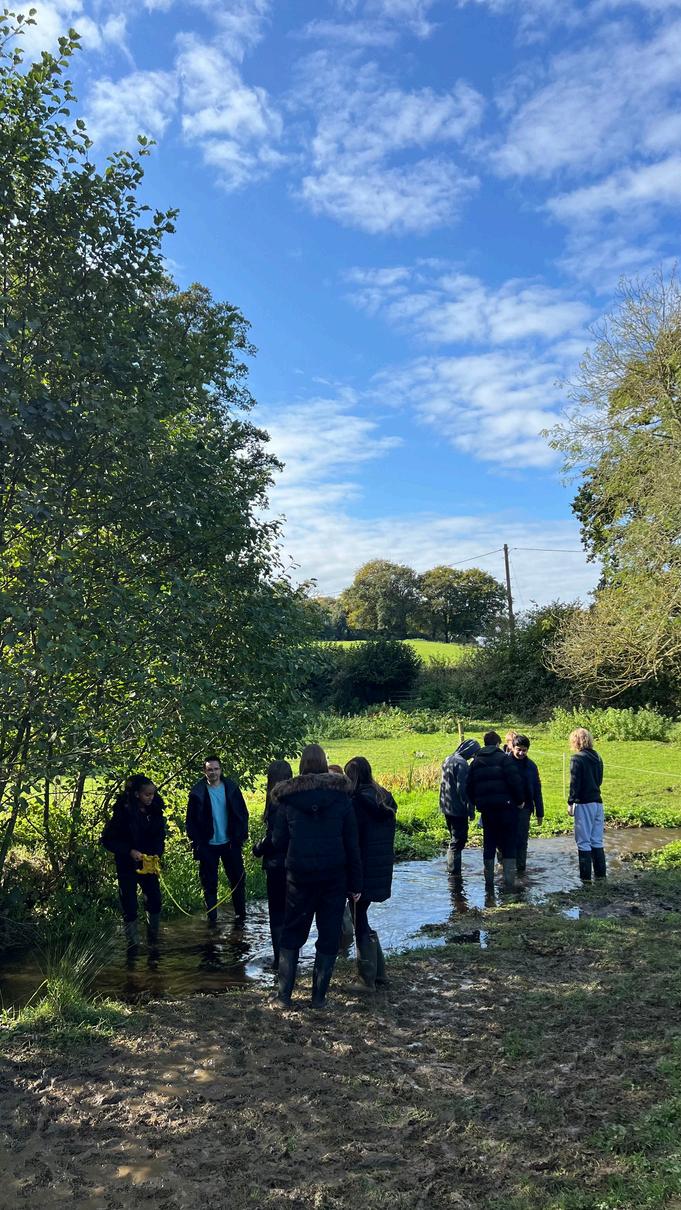

Syllabus: Edexcel GCSE History – Specification 1H10
Please consult: Mr. B. Forsyth | bforsyth@chessington.kingston.sch.uk
GCSE History at Chessington aims to develop students into critical thinkers of the past and the present. We aim to explore a breadth of topics to enrich students with knowledge from the past, and to develop well-thought out opinions of what's gone before. We also dive deeper into certain topics to gain a comprehensive understanding of certain time periods, people, or key events. The course is designed to build on knowledge and skills gained at Key Stage Three, so that students 'hit the ground running' with their studies and can draw upon prior knowledge to allow for success. A successful GCSE historian will leave Chessington with the ability to draw conclusions from the past, analyse information, and be critical-thinkers of the world around us today.
A thematic study of Medicine Through Time encourages students to think critically on over 750 years of history. From the Theory of Four Humours, to modern-day surgery, students will discover all of the amazing discoveries that have shaped modern-day medicine, and the key people who have helped to do so. The Western Front serves as an intriguing case study for medical need and development. Students will immerse themselves into the trenches of World War One to discover the unique illnesses and injuries, and analyse the medical solutions developed in response.
Paper two of GCSE History is split into two equal sections; The American West and Elizabethan England. The American West is a study of westward migration from East America in the 19th Century. Students explore the reasons behind migration west and most importantly, the impact on the Indigenous People of America. This serves as a different type of depth study that students are used to, which raises wonderful questions and links to modernday USA. The second part of Paper 2; Elizabethan England, takes students to Tudor England and the reign of Queen Elizabeth 1. A spirited, powerful, and successful Queen who developed England as one of the worlds' first superpowers. Students enrich themselves in Tudor lifestyle, along with the amazing accomplishments of Elizabeth as Queen.
The fan favourite to GCSE History. In Year 11, students will complete a depth study of Weimar and Nazi Germany; 1918-1939. The topic picks up from the end of the First World War, and ends with the start of the Second. Students are introduced to key political themes that allow them to see the demise of democracy, and the rise of fascism. Hitler's rise to power is always one that intrigues students and engages them critically into the dangers of dictatorship, and the implications of people in society.
Skills needed
A thoughtful mind
Ability to analyse information and ask inquisitive questions
A keen interest in what has happened in the past and how it affects us today
Ability to explain ideas
How your work will be assessed
Title Details Time %
Paper 1: Thematic study and historic environment
Medicine Through Time, c1250-Present & The Western Front, c1914-1918
Syllabus: Edexcel GCSE History – Specification 1H10
Please consult: Mr. B. Forsyth | bforsyth@chessington.kingston.sch.uk
Title Details
Paper 2: Period study and British depth study
American West, c1835-1895
Elizabethan England c1558-1588
Paper 3: Modern depth study Unit 31: Weimar and Nazi Germany, 1918-39
What this subject can lead to after Year 11
Further study in History, Law, Politics, Religious Studies and English. Part time/full time employment, voluntary or unpaid work.
Possible Careers
Studying history can lead on to some exciting career options, including: • Archivist • Heritage manager • Journalism • Law • Business • Politics • Archaeology • Marketing • Teaching • Museum curator • Teaching • Academic librarian • TV production
Relevant website links for further information on the course/subject
Students will have access to revision material throughout the course and will be guided clearly where to find these resources, when appropriate. BBC Bitesize serves as a clear and useful internet-based resource for students and parents alike: https://www.bbc.co.uk/bitesize/examspecs/zw4bv4j
Edexcel GCSE History (2016) | Pearson qualifications
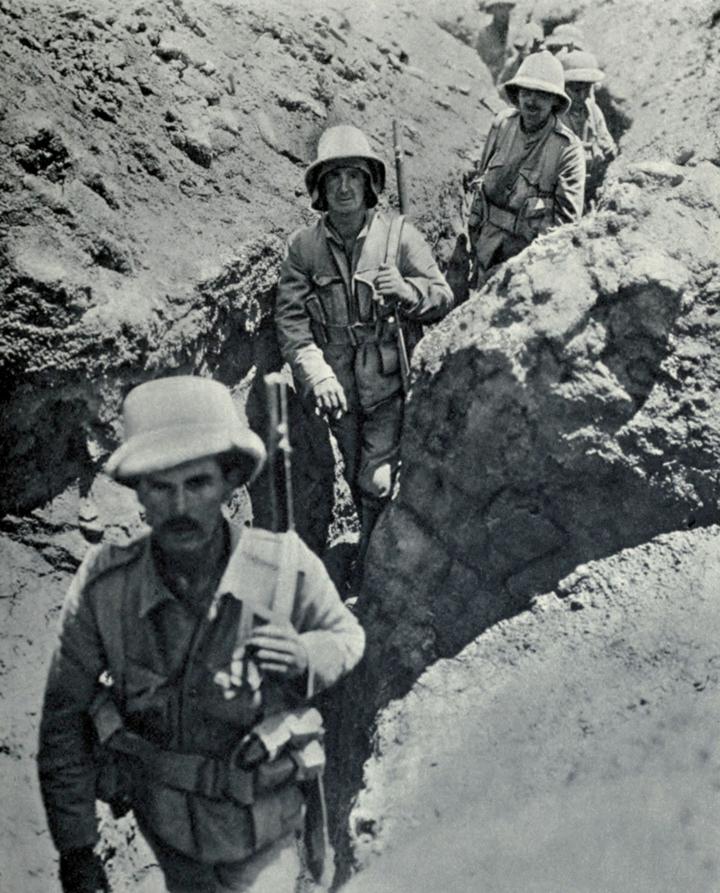
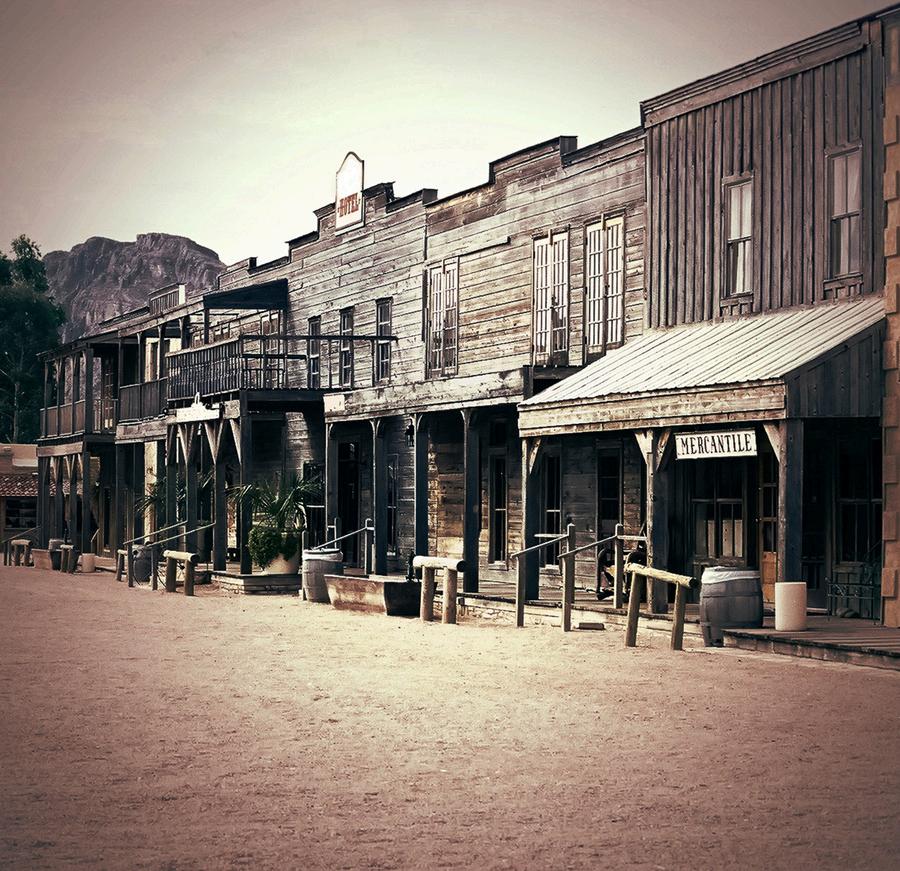
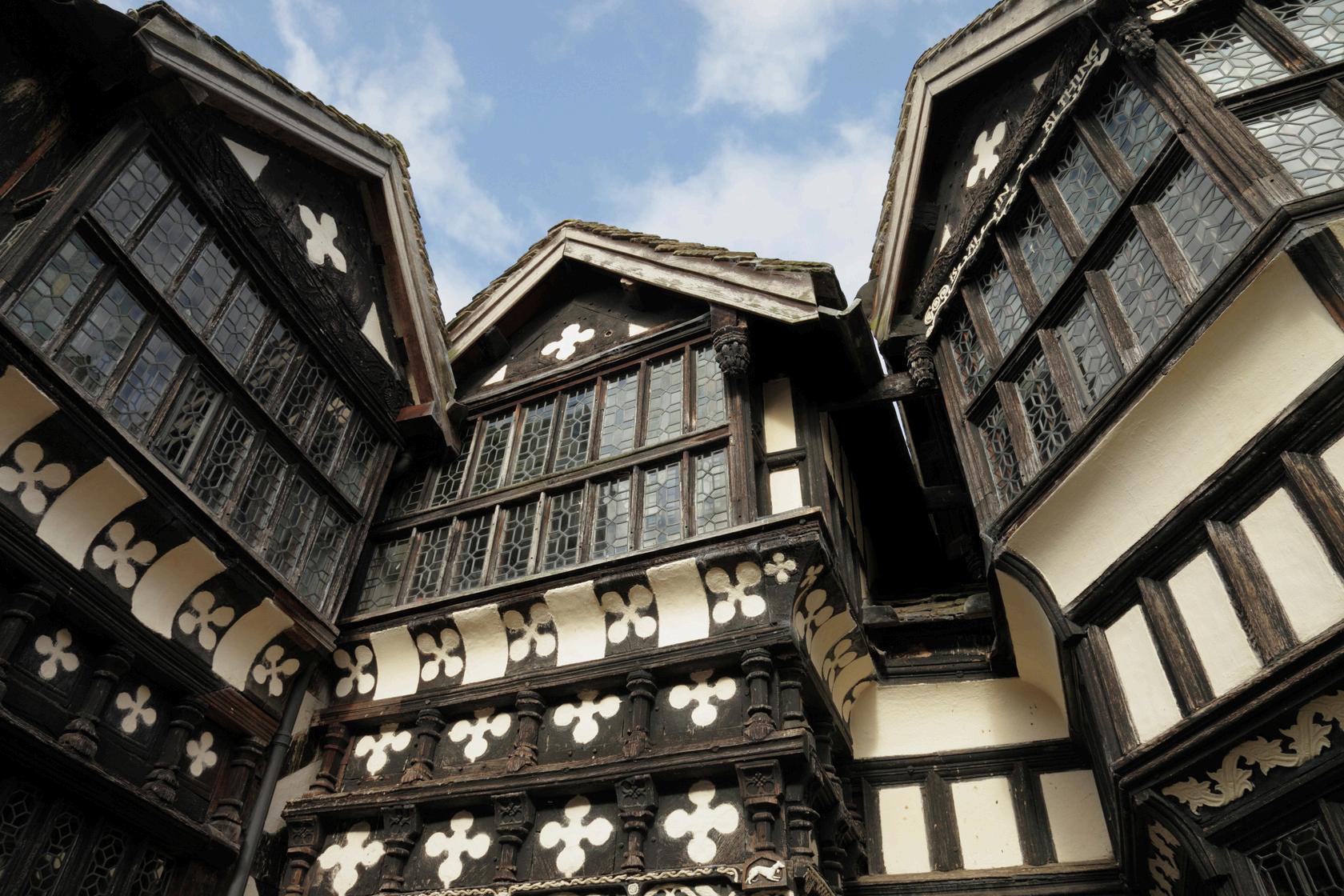
Syllabus: AQA GCSE in Music 8271
Please consult: Mr. J. DuBock | jdubock@chessington.kingston.sch.uk
This GCSE qualification offers our students the chance to study a wide range of musical genres, with more opportunities for practical learning. This GCSE brings theory, listening and composition to life in new and engaging ways, and links to the world around us like never before. We know that every student has different learning styles and musical tastes, which is why this GCSE values all music styles, skills and instruments. Broaden our students’ minds and to foster a love of all music with a qualification that students of all abilities and backgrounds will enjoy.
There are four areas of study for the exam:
1. Western classical tradition 1650-1910
2. Popular music
3. Traditional music
4. Western classical tradition since 1910
– Pupils will also study composition skills and performance skills including use of music technology
Skills needed
High quality verbal and writing skills – Internet research skills and independent study skills
High motivation to rehearse your instrument regularly - Basic music technology skills - Grade 3 capability preferred
Some instrument or singing skills including keyboard (must be able to coordinate both hands on the keyboard)
How your work will be assessed
Title Details
Component 1: Understanding Music
Exam paper with listening excercises /written questions:
Section A: Listening - unfamiliar music (68 marks)
Section B: Familiar stud pieces (28 marks)
performance and ensemble performances (as an instrumentalist/vocalist/via technology
Clicktowatchthevideoabout
Syllabus: AQA GCSE in Music 8271
Please consult: Mr. J. DuBock | jdubock@chessington.kingston.sch.uk
Music A-Level Music
Music technology A-Level
Music BTEC level 3
Music Technology BTEC Level 3
Possible Careers
Musician performing live – bands, orchestra, soloist
Session or recording musician
Live event management
Sound engineer (live or studio)
Record producer
Mastering engineer
Record label/artist management
Music critic/journalist
Luthier or instrument technician
Additional information/Special requirements
Basic keyboard skills and skills on Apple Mac computers required. Taking lessons on instruments is highly desirable.
Relevant website links for further information on the course/subject
https://www.aqa.org.uk/subjects/music/gcse/music-8271/introduction
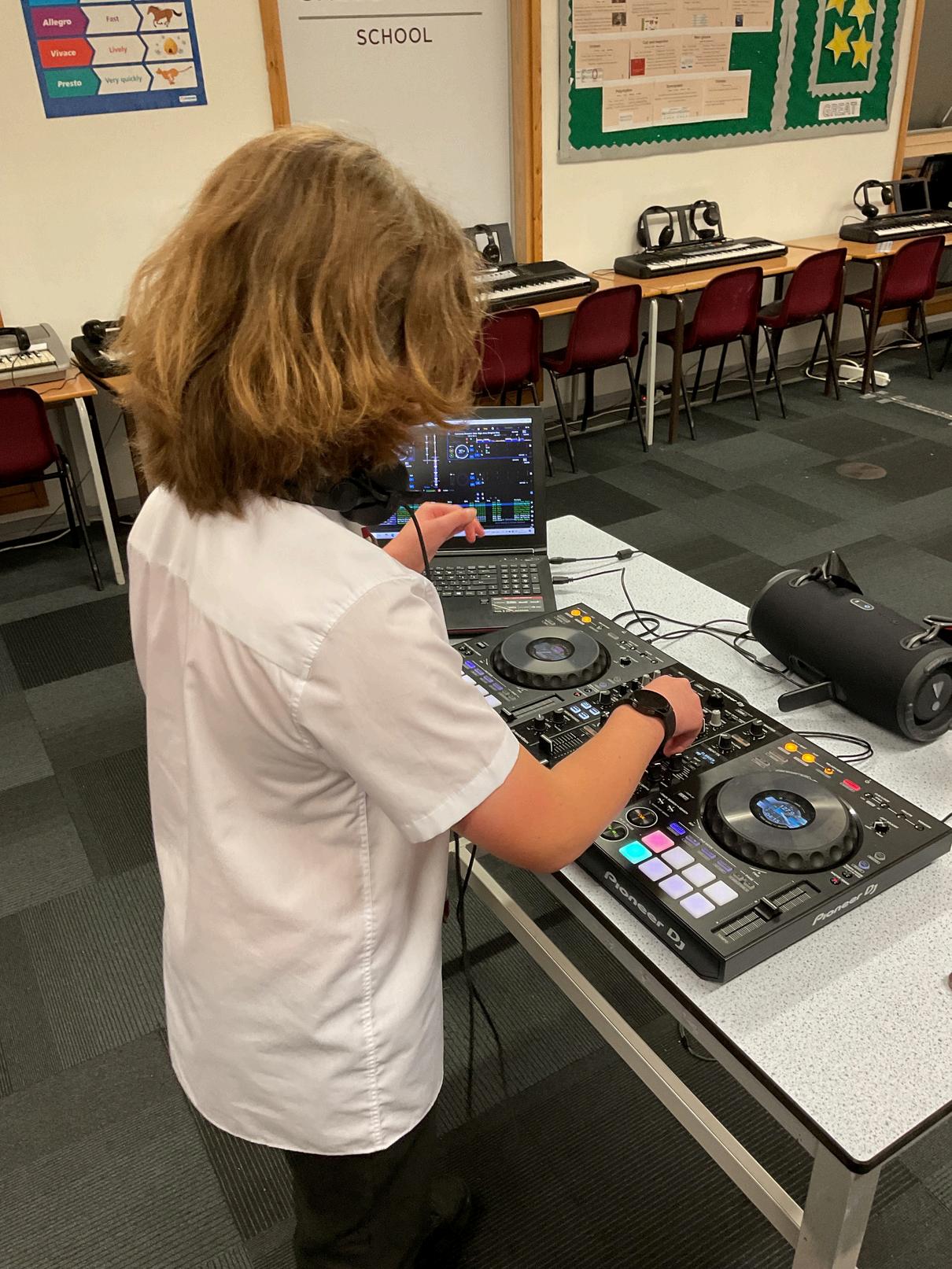
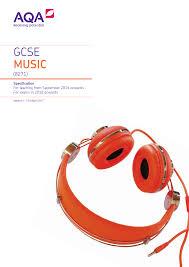
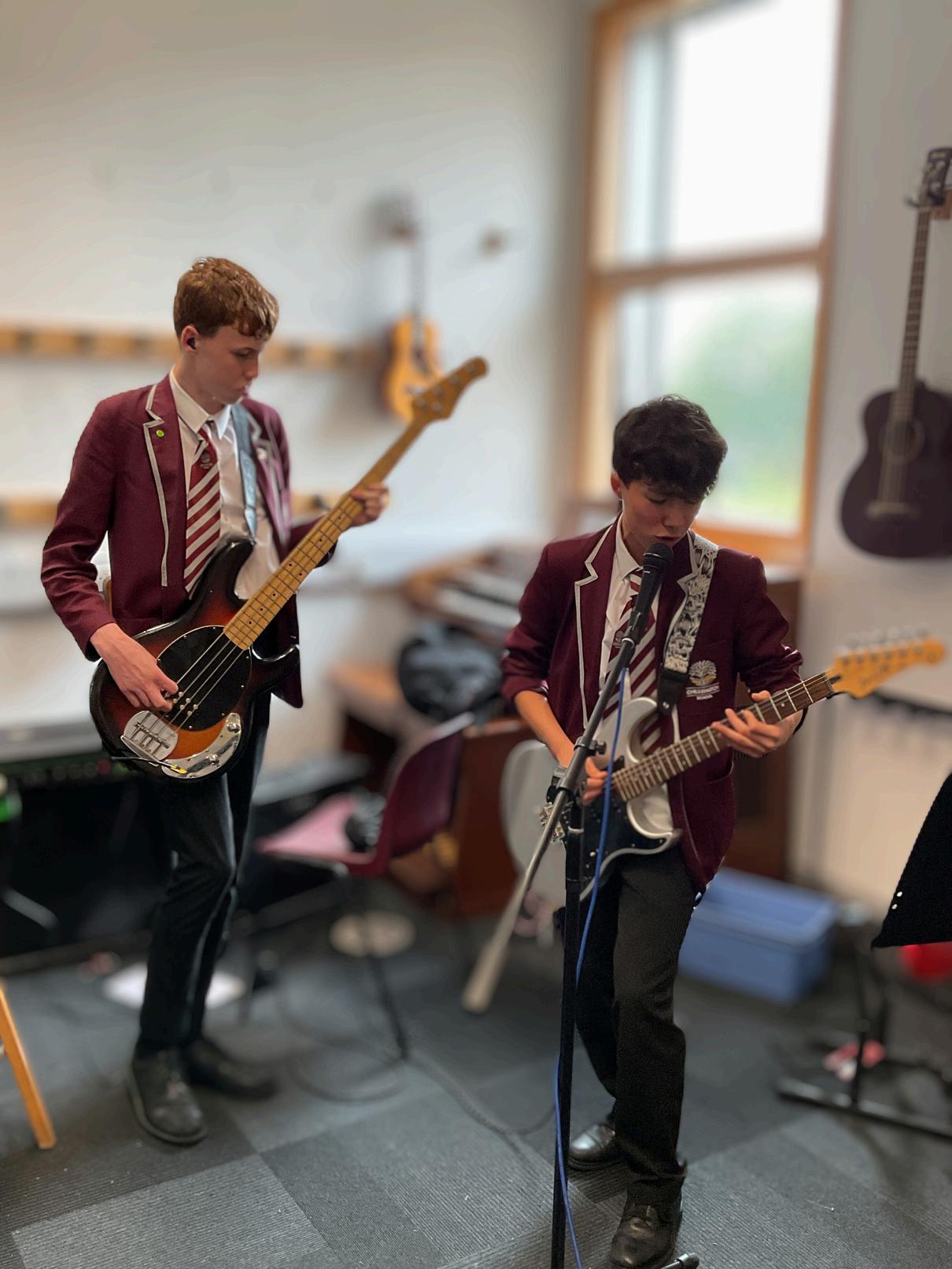
Syllabus: AQA GCSE Physical Education – Specification 8582
Please consult: Miss. E. WIlliams | ewilliams@chessington.kingston.sch.uk
GCSE PE aims to develop theoretical knowledge and understanding of the factors that underpin physical activity and sport and use this knowledge and understanding to improve performance. It shall support a developed understanding of physiological and psychological performance alongside technical and tactical awareness associated with practical sport.
You will have 3 GCSE lessons per week alongside your core PE lessons. At least two of your lessons will be classroom/theory based and will consist of the below topics covered in component 1 and 2. At the end of year 11 students will partake in two externally assessed exams that consist of questions worth between 1-9 marks. Questions surround knowledge and understanding of a range of health, exercise, fitness and performance related topics, inclusive of interpretation of data and application to real sporting contexts. Throughout the 2 years students will be assessed in 3 practical sports (one team, one individual and one other). Students will be scored out of 10 for the completion of skills and out of 15 marks for their performance in a competitive format in each of the 3 sports. Ideally, they should compete regularly outside of school for consideration of acceptable standards.
Skills needed
A consistent and developed sporting background that includes performance at club level as a minimum in at least one sport
A strong sports performance in at least 2 sports (including one individual and one team)
A keen enthusiasm for the theoretical elements of sport
Ability to analyse and evaluate to improve performance in physical activity and sport
How your work will be assessed
Title Details
Component 1: The human body and movement in physical activity and sport
Component 2: Sociocultural influences and wellbeing in physical activity and sport
Component 3: Non-exam assessment
Topic 1: Applied anatomy and physiology
Topic 2: Movement and analysis
Topic 3: Physical training
Topic 4: Use of data
Topic 1: Sport psychology
Topic 2: Socio-cultural influences
Topic 4: Health, fitness and wellbeing
Practical performance in three different physical activities (one in a team activity, one in an individual activity and a third in either a team or in an individual activity) performance in one selected sport
What this subject can lead to after Year 11
A Level Physical Education
Level 3
BTEC Sport extended diploma
Apprenticeships including Sports Coaching, Health and Leisure and Personal Training
and externally
University degrees including BSc and BA in Physical Education, Sports Science, Sports Coaching, Strength and Conditioning and many more
Possible Careers
Clicktowatchthevideoabout GCSEPhysicalEducation
Syllabus: AQA GCSE Physical Education – Specification 8582
Please consult: Miss. E. WIlliams | ewilliams@chessington.kingston.sch.uk
Sports Psychologist
Sports Physiotherapist
Sports Physiologist
Sports Biomechanist
Sports/ Physical Education Teacher
Sports Coach
Personal Trainer
Many more ...
Additional information/Special requirements
Strong passion for at least 2 sports (one team and one individual). High standard of sporting ability (playing at club level outside of school within one sport). Regular participation in a number of extra curricular school sports.
Relevant website links for further information on the course/subject https://www.aqa.org.uk/subjects/physical-education/gcse/physical-education-8582
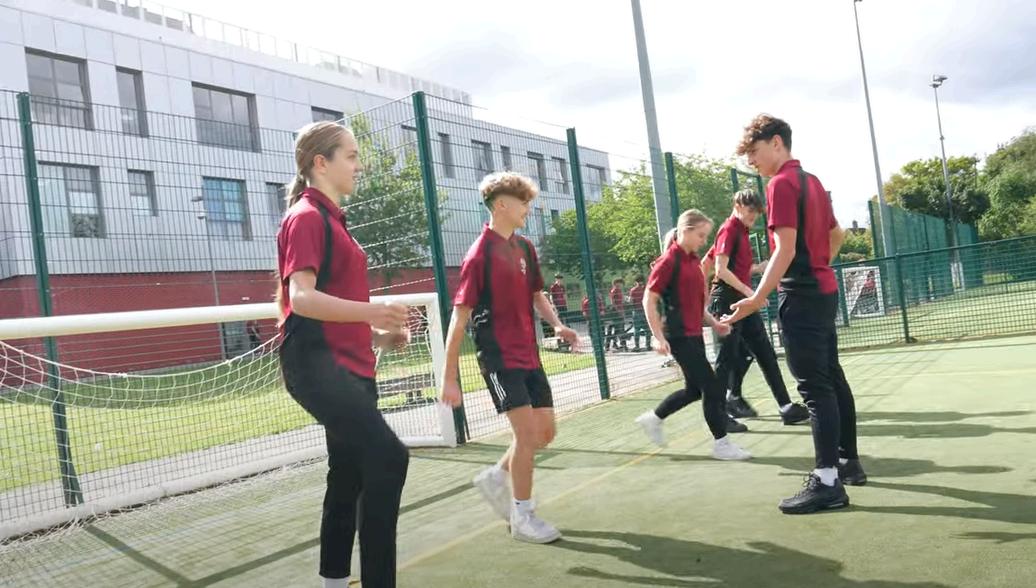
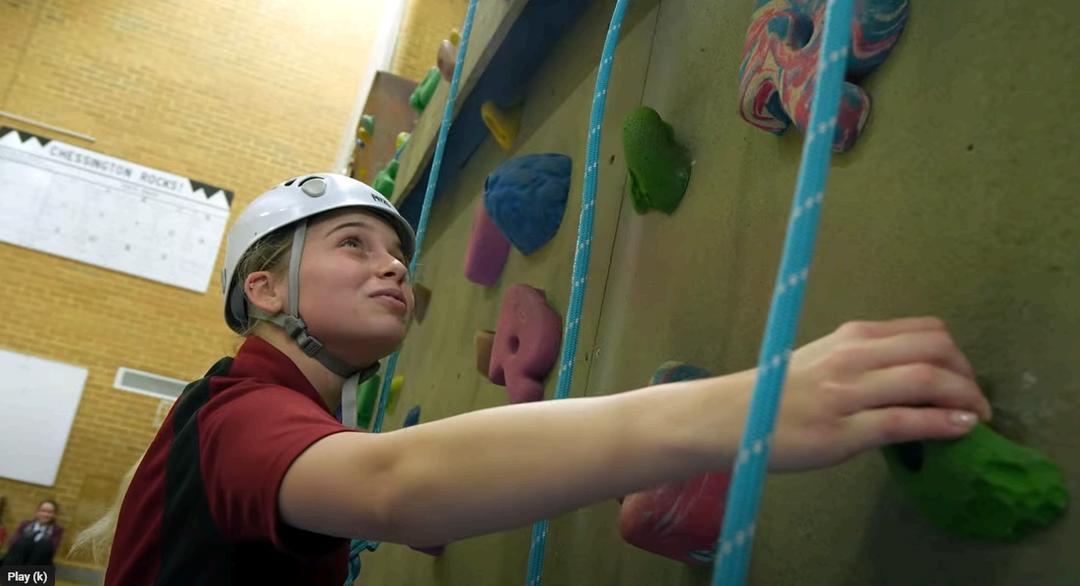
Clicktowatchthevideoabout ReligiousStudies
Syllabus: AQA GCSE Religious Studies A: Specification 8062
Please consult: Mrs. F. Sheriff | fsheriff@chessington.kingston.sch.uk
Students have the opportunity to develop their knowledge, skills and understanding of religion as well as debating skills and consider ideas of whether God exists. In addition the specification encourages personal responses and informed insight on fundamental questions about identity, belonging, meaning, purpose, truth, values and commitments. The course aims to inspire students to reflect on and develop their own values, beliefs and attitudes in the light of what they have learnt and contributes to their preparation for adult life in a pluralistic society and global community.
The intended learning outcomes of the course will enhance their knowledge and understanding of religions and nonreligious beliefs, such as atheism and humanism. Students will develop their knowledge and understanding of religious beliefs, teachings and sources of wisdom and authority, including through their reading of key religious texts, other texts and scriptures of the religions they are studying. Over the two years students will acquire and improve their ability to construct well-argued, well-informed, balanced and structured written arguments, demonstrating their depth and breadth of understanding of the subject.
The course will be taught in two components, the first focusing on the study of beliefs, teachings and practices from a Christian and Islamic perspective.
The second component will focus on the following themes:
Theme B: Religion and life
Theme C: The existence of God and revelation
Theme D: Religion, peace and conflict
Theme F: Religion, human rights and social justice
Skills needed
Debating skills
Essay writing skills
Passion for questioning
Title
Component 1:
The study of religions: beliefs, teachings and practices
Beliefs, teachings and practices of two from: Buddhism; Christianity; Catholic Christianity; Hinduism; Islam; Judaism; Sikhism
Written exam: 1 hour 45 minutes
50
Syllabus: AQA GCSE Religious Studies A: Specification 8062
Please consult: Mrs. F. Sheriff | fsheriff@chessington.kingston.sch.uk
Title Details
Component 2: Thematic studies
Students will focus on the following three:
Theme A: Religion, relationships and families; Theme B: Religion and life;
Theme C: The existence of God and revelation; Textual studies themes:
Students will have the opportunity to choose ONE of the following themes:
Theme D: Religion, peace and conflict ;
Theme E: Religion, crime and punishment;
Theme F: Religion, human rights and social justice
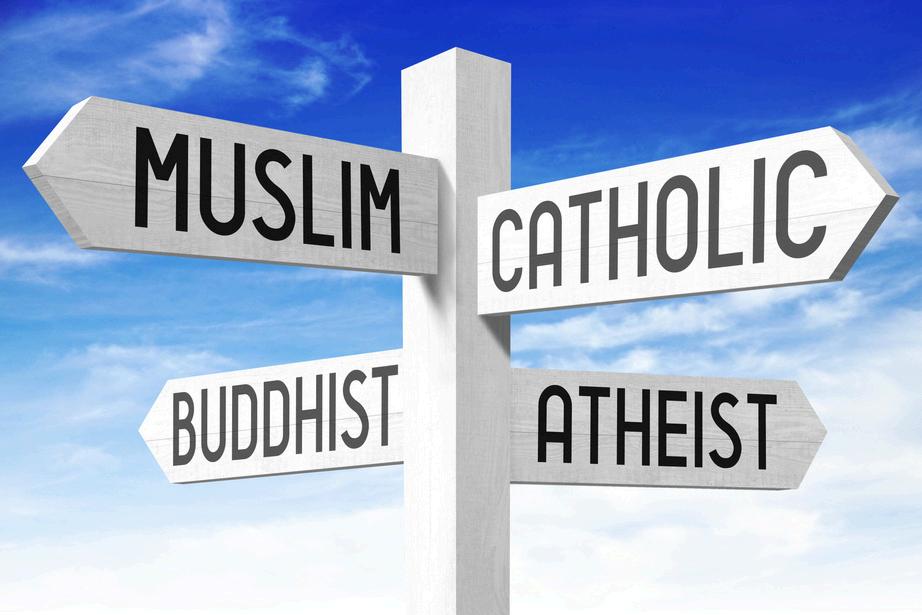
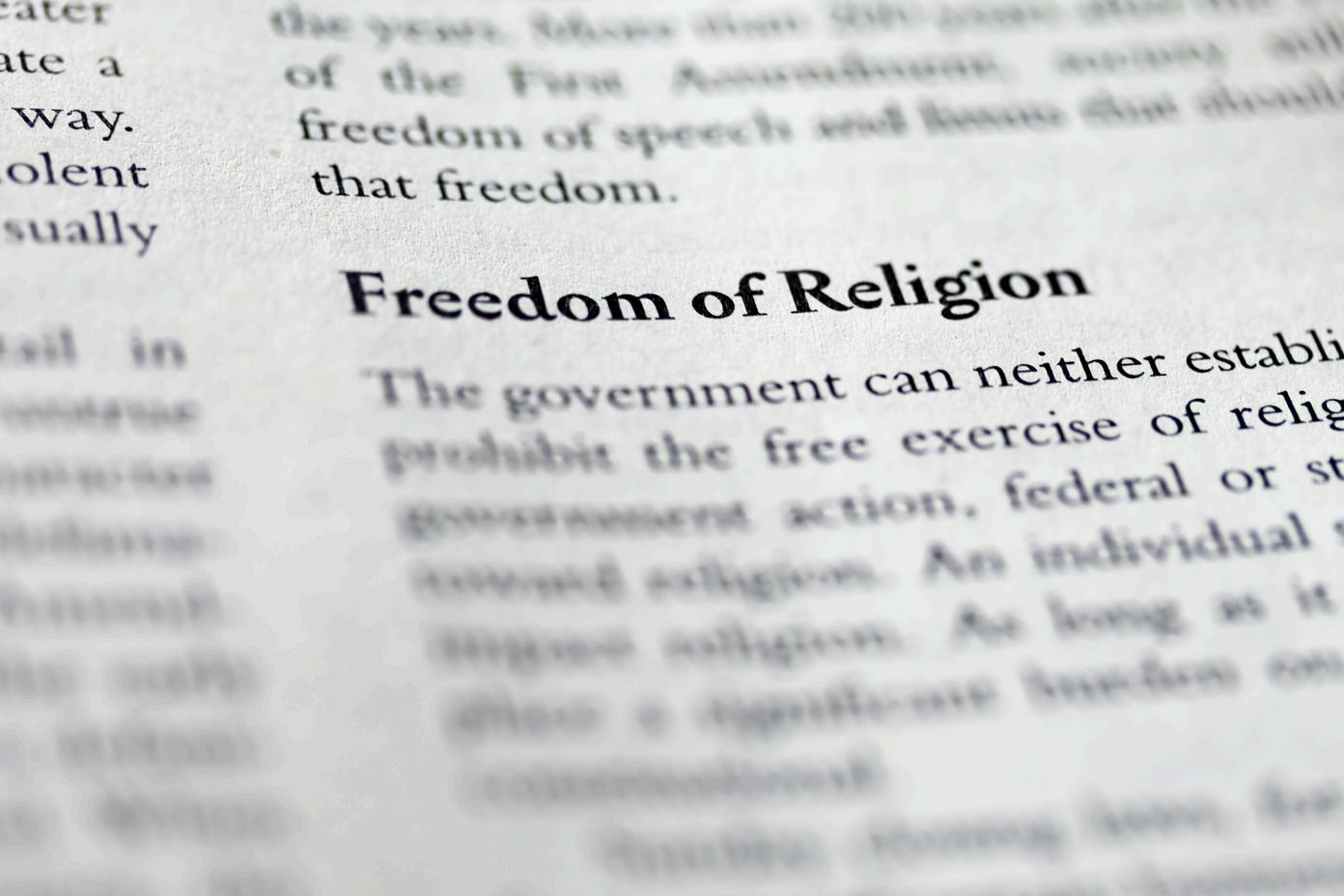

What this subject can lead to after Year 11
A Level courses – RS, Sociology, Psychology, English Language, Philosophy
Vocational courses – Health and social care, child development, travel & tourism, government and politics and education.
Possible Careers
Studying RS can open up opportunities in a number of careers:
Social worker – Doctor – Aid worker – Youth and community worker – Lawyer – Teacher – Human resources administrator – Uniformed public service – Military – Nursery work – Education – Journalist – Religious leader –Wedding planner
Additional information/Special requirements
Students must be aware that sensitive issues arise and must be respectful of others religious choices in respect of moral decision making.
Relevant website links for further information on the course/subject
Text books will be provided by the school. Reading a good quality newspaper on a regular basis and watching the news will help students in their contemporary understanding of the issues covered. Regular use of the library for research.
Syllabus: Edexcel Spanish - Specification 1SP0
Please consult: Mr. C. Murray | cmurray@chessington.kingston.sch.uk
Learning a foreign language is a liberation from insularity and provides an opening to other cultures. It fosters your curiosity and deepens your understanding of the world, as well as developing the breadth and depth of your competence in listening, speaking, reading and writing, based on a foundation of core grammar and vocabulary.
Studying Spanish at GCSE will enable you to understand and communicate personal and factual information that goes beyond your immediate needs and interests, developing and justifying points of view in speech and writing, with increased spontaneity, independence and accuracy. It will also provide opportunities for you to communicate for practical purposes, learn new ways of thinking and read great literature in Spanish.
With over 500 million native speakers across all 21 Spanish-speaking countries, Spanish is the second most spoken language worldwide after Mandarin Chinese and the second most used language on the Internet today after English. Studying it at GCSE will provide suitable preparation for further study, equipping you to travel and work in those countries or, indeed, establish cultural and professional links with native Spanish speakers.
Language is more than words. At GCSE we combine clear, concise and straightforward assessments with engaging, meaningful and relatable content. This makes the course fit for the future, equipping students for life and careers in a global setting. The vocabulary in this qualification enables students to communicate across a range of engaging and relatable thematic contexts, which are relevant to their current and future needs:
My Personal World - Lifestyle and Wellbeing - My Neighbourhood - Media and Technology - Studying and My FutureTravel and Tourism
Within our thematic contexts, students could use the specified vocabulary and grammar to listen, read, speak and write about the the following subjects:
Family - Friends- Relationships - Equality - Physical Wellbeing - Mental Wellbeing - Food and Drink - Sports - Places in Town - Shopping - Transport - The Natural World - Environmental Issues - Social Media and Gaming - Future Opportunities (e.g., work, travel) - School - Music - TV and Film - Accommodation - Tourist Attractions
Skills needed
Receptive skills: listening and reading comprehension
Productive skills: spoken and written interaction
Deductive skills: working out the meaning of unknown words and expressions from prior knowledge and context
How your work will be assessed
Title Details Time %
Paper 1: Speaking in Spanish You will be assessed on your ability to communicate and interact effectively through speaking in Spanish for different purposes and in different settings
Internally conducted and externally assessed
Foundation tier: 7–9 minutes plus 15 minutes’ preparation time
Higher tier: 10–12 minutes plus 15 minutes’ preparation time
25
Syllabus: Edexcel Spanish - Specification 1SP0
Please consult: Mr. C. Murray | cmurray@chessington.kingston.sch.uk
Title Details Time %
Paper 2: Listening and understanding in Spanish
Paper 3: Reading and understanding in Spanish
You will be assessed on your understanding of standard spoken Spanish by one or more speakers in a range of public and social settings. You will respond to multiple-response and short-answer open response questions based on a recording featuring male and female Spanish speakers
You will be assessed on your understanding of written Spanish across a range of different types of texts, including advertisements, emails, letters, articles and literary texts. You are required to respond to multiple-response and short-answer questions based on these texts
Foundation tier: 45 minutes, including 5 minutes of reading time;
Higher tier: 60 minutes, including 5 minutes of reading time 25
Foundation tier: 45 minutes
Higher tier: 60 minutes 25
Paper 4: Writing in Spanish
You will be assessed on your ability to communicate effectively through writing in Spanish for different purposes and audiences. You are required to produce extended responses of varying lengths and types to express ideas and opinions in Spanish. The instructions are in Spanish
What this subject can lead to after Year 11
A-Level Spanish. University degrees that require a language
Possible Careers
Foundation tier: 1 hour 15 mins.
Higher tier: 1 hour 20 minutes 25
Government and International: Radio, Armed Forces, NGO Agencies, Translation, Foreign Service Teaching: Colleges and Universities
Interpreting and Translating: Freelance, Legal and Medical Media: Film, Radio, Television, Journalism, Publishing Services: Volunteer Agencies, Health Professionals, Social Work, Law and Law Enforcement Travel and Tourism: Excursion and Tours, Hotels, Transportation
Additional information/Special requirements
International relations: Our links with IES Fernando de Rojas (Salamanca, Spain) have been consolidated with the establishment of a “pen pal scheme” through which you will be able to get in touch with Spanish students of English. The bidirectional nature of this scheme will allow you to boost your Spanish skills through purposeful and meaningful real-life language use as well as supporting your fellow Spanish colleagues develop their English . Trip: the “pen pal scheme” will eventually lead to a residential trip where you will get to visit Salamanca, Spain. School trips abroad intend to promote knowledge and understanding of different languages, cultures and ways of life by meeting a partner student, by attending lessons and other activities in the host school which could include taking on work experience.
Relevant website links for further information on the course/subject
https://qualifications.pearson.com/en/qualifications/edexcel-gcses/spanish-2016.html
Syllabus: OCR Level 1/2
Cambridge National Certificate in Enterprise and Marketing - Specification J837
Please consult: Mr. B. Cosgrave | bcosgrave@chessington.kingston.sch.uk
Cambridge National in Enterprise and Marketing gives students the practical and theoretical knowledge of business and is ideal for students wanting to explore the detailed world of enterprise and marketing.
Enterprise and Marketing concepts – External exam worth 40%
Students explore the techniques businesses use to understand their market and target their products, investigate what makes a product viable and understand how a business attracts and retains customers.
Design a business proposal – Coursework worth 30%
Students are presented with a business challenge from which they undertake independent research to create a fully costed business proposal. They will carry out market research, present data, generate product ideas, seek and act on feedback and cost their proposals. In this unit students will develop their self-assessment, collaborative working, creativity, numeracy, research and evaluative skills.
Market and pitch a business proposal – Coursework worth 30%
Students prepare for and pitch their proposed business. They develop brand identity and investigate how to best promote their product and then plan, practice and finally deliver their pitch. Afterwards they review both their performance and their business and self-evaluate their skills as well as those relating to self-presentation.
Students will be required to:
Undertake independent research
Be able to work to deadlines
Complete written work to an acceptable standard for assessment
Numeracy skills are required for the financial aspect of this course
To reflect on self and peer feedback
To present their final proposal to an external panel
Title
3 Mandatory Units
RO67: Enterprise and marketing concepts
The assessment will require the skills of analysis and evaluation. A range of different types of questions will be used, including multiple choice questions, short/medium answer questions and extended response analysis and evaluation questions. Some of the questions will be context based. You will be presented with a short scenario and will apply your knowledge of enterprise and marketing concepts to produce a relevant response
Syllabus: OCR Level 1/2 Cambridge National Certificate in Enterprise and Marketing - Specification J837
Please consult: Mr. B. Cosgrave | bcosgrave@chessington.kingston.sch.uk
Title Details Time % 3 Mandatory Units
R068:
Design a business proposal
R069:
Market and pitch a business proposal
To be able to identify the customer profile for a business challenge 1
To be able to complete market research to aid decisions relating to business challenge 2
To be able to develop a design proposal for a business challenge 3
To be able to review whether a business proposal is viable 4.
To be able to develop a brand identity and promotional plan to target a customer profile 1
To be able to plan a pitch for a proposal 2.
To be able to pitch a proposal to an Audience 3
To be able to review the strengths and weaknesses business challenge of a proposal and pitch 4
What this subject can lead to after Year 11
Business, Accounting or Economics A level
Accounting, Finance or management T level OCR Ctec Level 3 in Business
Possible Careers
Centre-assessed tasks: practical tasks in the context of an OCR- set assignment. Centre assessed, OCR moderated 30
Centre-assessed tasks: practical tasks in the context of an OCR-set assignment. Centre assessed, OCR moderated
This qualification is relevant to any form of employment since it helps the learner to gain an understanding of how a business functions.
Business Studies is specifically linked to careers in:
• Entrepreneurship
• Management
• Advertising
• Law
• Retail
Additional information/Special requirements
Students will require access to computer equipment in order to complete independent written research. Work outside of the classroom to be expected.
Unit 1 requires completion in Year 10. Consistent attendance and effort are required to complete this course.
Relevant website links for further information on the course/subject
https://www.ocr.org.uk/qualifications/cambridge-nationals/enterprise-and-marketing-level-1-2-j837/
Clicktowatchthevideoabout Catering
Syllabus: WJEC Level 1/Level 2 Vocational Award in Hospitality & Catering
Please consult: Mrs. B. Ford | bford@chessington.kingston.sch.uk
By studying Level 1 & 2 Hospitality and Catering students will be able to:
1
2
3
4.
5
Demonstrate effective and safe cooking skills by planning, preparing and cooking a variety of food ingredients whilst using different cooking techniques and equipment
Develop knowledge and understanding of the functional properties and chemical characteristics of food as well as a sound knowledge of the nutritional content of food and drinks
Understand the relationship between diet, nutrition and health, including the physiological and psychological effects of poor diet and health
Demonstrate knowledge and understanding of functional and nutritional properties, sensory qualities and food safety considerations when preparing, processing, storing, cooking and serving food
Understand and explore the Hospitality and Catering industry, the job roles and the different types of equipment used to support the industry
What we study
Areas of content for unit 1 theory:
1
Understand the environment in which providers operate and principles of nutrition
Understand how hospitality and catering provisions operate
2. Provision meets health and safety requirements. Cooking and food preparation
4
3 How food can cause ill health
5.
The hospitality and catering provision to meet specific requirements
Unit 2: Hospitality and Catering in Action
This is your Non Exam Assessment (NEA) (formally known as coursework)
Internally assessed by your teacher and externally moderated
Practical exam is to plan, cook and serve two complete dishes (with accompaniments) in Yr.11 9 hours, including a 3 hour practical exam. 60% of your final grade
Skills needed
Merit/Distinction candidates are likely to choose dishes from the high and medium level skills range. Examples: Quiche Lorraine (or similar) using shortcrust pastry, Bakewell Tart (or similar) using pate sucree, profiteroles or éclairs using choux pastry, decorated gateau or roulade (whisking method cake), Swiss buns or Chelsea buns made with rich yeast dough, lasagne with béchamel sauce, fish pie, chicken and fish dishes with more elaborate sauces or stuffing, decorated cakes and pastry items that require piping and decoration skills as well as shaping.
Higher Level Skills:
• Pastry making – shortcrust, pate sucre, choux. Rough puff could be included
• Roux based sauces e.g. béchamel, velouté
• Meringues and Pavlovas (baked). NB. Using ready-made meringues is not a high level skill
• Complex meat and fish cookery (using high risk foods) e.g. Chicken Kiev, boning out chicken, fish cakes, filleting fish.
• Decorated cakes, gateaux, roulades an d Swiss rolls, Genoese, whisked and decorated fruit flan
• Rich yeast dough e.g. Chelsea buns and iced buns, Danish pastries, croissants
• Cheesecake, mousse and soufflés using gelatine
• Complex decorations – spun sugar, coulis, feather icing, piping, shapes made with melted chocolate
• Fresh pasta
• Fresh custard sauce
Syllabus: WJEC Level 1/Level 2 Vocational Award in Hospitality & Catering
Please consult: Mrs. B. Ford | bford@chessington.kingston.sch.uk
How your work will be assessed
Unit 1: The Hospitality & Catering Industry
Unit 2: Hospitality and Catering in Action
You will learn to use your knowledge and understanding of the hospitality and catering industry in order to propose new hospitality and catering provision to meet specific needs
You will learn to safely plan, prepare, cook and present nutritional dishes
When you pass you could go onto catering college or train in the hospitality industry while working. This qualification will help you develop the essential skills to move into employment, training and further education. You could move onto NVQs, BTEC Hospitality and Catering courses, as well as the vast range of employment opportunities
The H&C sector includes all businesses that provide food, beverages, and/or accommodation services. This includes restaurants, hotels, pubs and bars. Also airlines, tourist attractions, hospitals and sports venues; businesses who are growing increasingly dependent on H&C for success. Fourth largest industry in Britain and accounts for around 10% of the total workforce. Lots of H&C jobs are given to 18-24 year olds including:
Hotel Managers, Head Chef, Restaurant Managers
Also: Nutritionists, Dietician, Sport Science, Journalism, EHO, Food Scientists
We had several students take part in the borough MasterChef competition 2019. A past student has gone on to become a chef at Buckingham Palace, serving the Queen. Many students have moved on to college courses at Carshalton, Merton, Nescot and Esher.
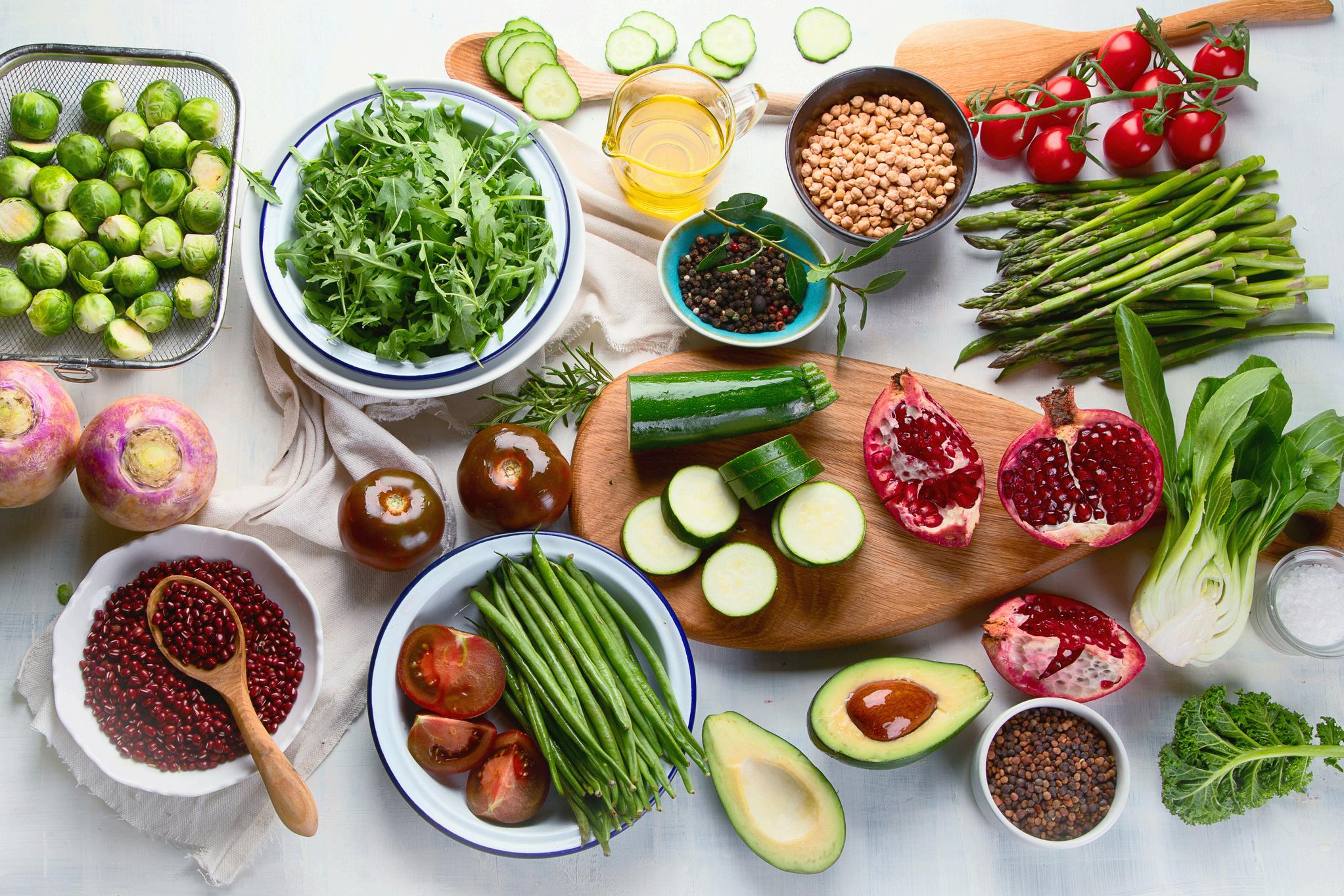
Syllabus: NCFE CACHE Level 2 Technical Award in Child Development and Care
Please consult: Miss. K. Rutledge | krutledge@chessington.kingston.sch.uk
Learn about the child’s development from 0-5 years. What impacts their development and how we as education care workers can assist in their development. Knowledge of children’s milestones. We will aim to develop your understanding of working in the child care industry. To encourage students to be reflective on their own education and development as a child to increase their ability to care for others.
Child care settings. Types of placements and how to prepare. Roles and responsibilities of the early years worker. Patterns of holistic development, using everyday care routines to support a child’s development towards important milestones in their childhood. You will understand how to meet an individual child’s needs, and learn about all the varying needs they may have.
Skills needed
• Love of children, ambition to work in a child setting, nursery, care centre
• Undertaking a work experience placement at Piglets Nursery to gain valuable experience
• Having good IT skills, especially being able to use all aspects of Google
• Being able to complete out of comfort zone activities to support the learning
• Learning through the child’s eyes
• To be able to research and gather information effectively
How your work will be assessed
Title Details
Theory Exam Paper
Controlled Assessment
1. Understand types of settings and local provision for children Understand how to prepare for placement
2. Understand the responsibilities and limits of the early years worker in placements
3. Understand individual needs and the necessity for fairness and inclusive practice
4. Understand the expected pattern of holistic child development
5. Understand the importance of observations and assessments and how they support development
6. Understand factors that may affect children’s holistic development
5. Understand how to use everyday care routines and activities to support independence, health, safety and well-being
1. Scenario situation given and coursework completed from the knowledge and information learned on the course
2. Guided revision hours prior to the controlled assessment
3. Pre release scenario
Clicktowatchthevideoabout ChildDevelopment
Syllabus: NCFE CACHE Level 2 Technical Award in Child Development and Care
Please consult: Miss. K. Rutledge | krutledge@chessington.kingston.sch.uk
What this subject can lead to after Year 11
Child Care and Development Qualifications Level 3, Health and Social Care Level 3, Physcology. Work placement in Nursery or 0-5 years child care settings. Volunteering in care centres/church groups/children’s play centres.
Possible Careers
Child Care and Development Qualifications, Health and Social Care Industry, Nursery, Primary Education. Care Workers, Care Centre Managers and Leaders. Working and leading child care groups in community settings.
Additional information/Special requirements
A sense of fun, energy, imagination, empathy and patience.
Relevant website links for further information on the course/subject
https://www.gov.uk/government/publications/early-years-foundation-stage-framework--2 https://www.qualhub.co.uk/qualification-search/qualification-detail/ncfe-cache-level-2-technical-award-in-childdevelopment-and-care-563
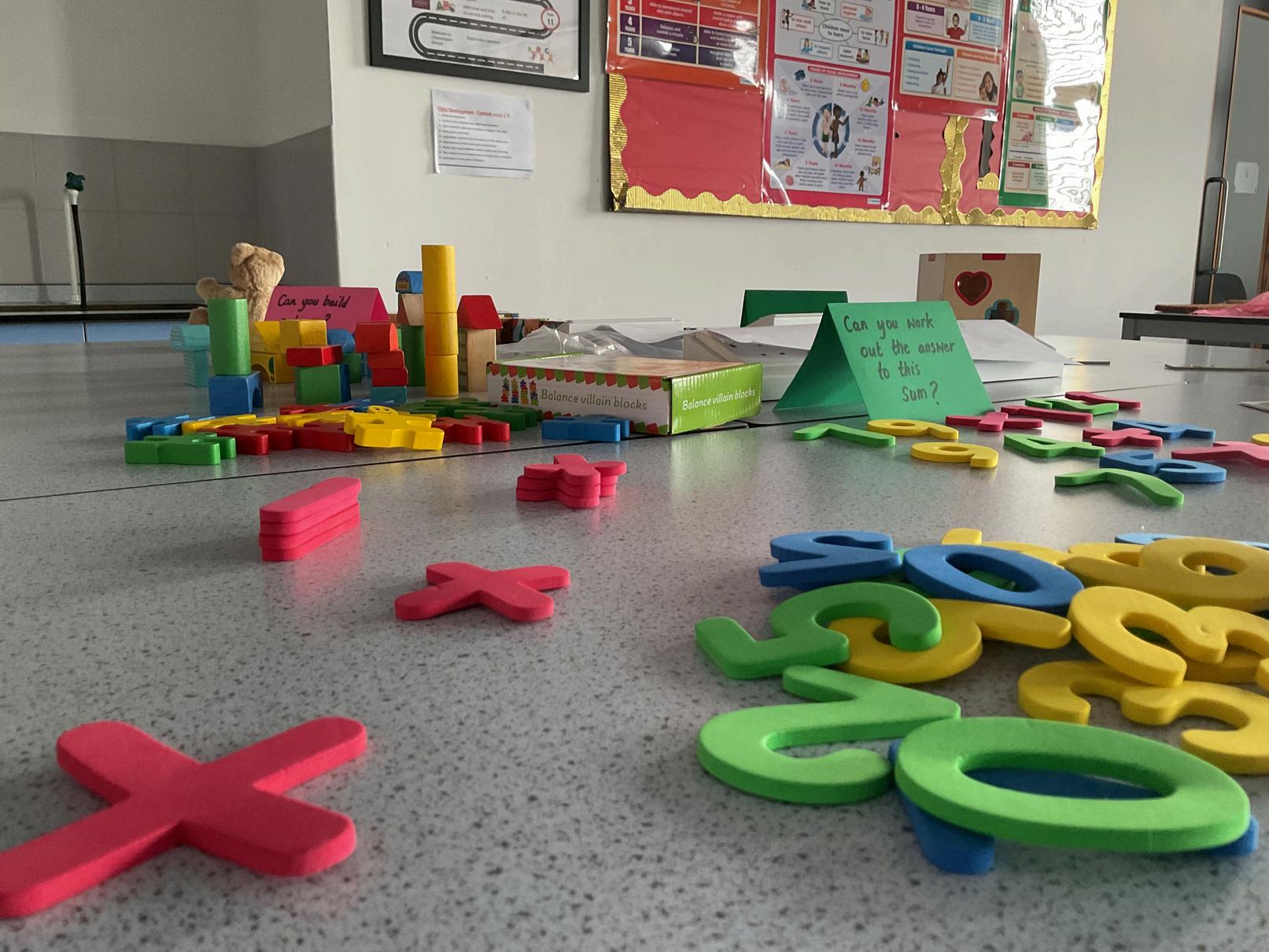
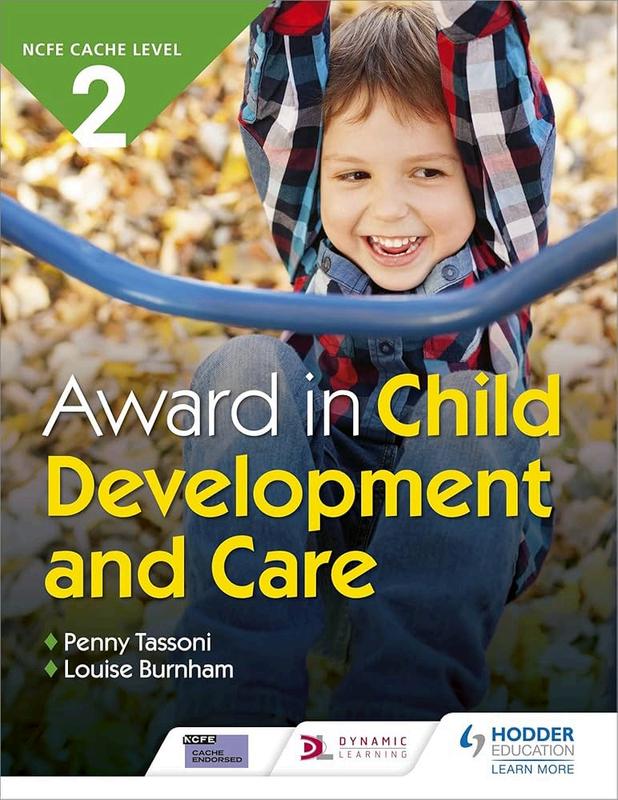
Syllabus: WJEC Level 1/2 award in Constructing the Built Environment - Specification E819QA
Please consult: Mr. S. May | smay@chessington.kingston.sch.uk
The built environment sector is a very diverse sector covering an extremely wide range of jobs from handyman services to major infrastructure projects. Although construction comprises 10% of the UK economy, only a third of employers in the construction sector believe that there is a talent pool sufficient to meet the industry’s needs.
There are many employment opportunities in the construction industry and the demand for workers is not currently being met; in 2018, more than two fifths of employers said that they had tried to recruit skilled workers and of those, nearly half had difficulties filling the positions.
This course is a good grounding for those considering a career in the construction industry, and as a vocational qualification allows students to gain working knowledge of the industry and relevant codes of practice, eg building control and health and safety.
We study how the built environment and construction industry functions by covering the following:
1.1 The built environment sector
1.2 The built environment life cycle
1.3 Types of building and structure
1.4 Technologies and materials
1.5 Building structures and forms
1.6 Sustainable construction methods
1.7 Trades, employment and careers
1.8 Health and safety
Which is all examined on screen at the end of year 11 (40%). Written work is all done in booklets during lesson time and stored in a folder.
Alongside studying for the exam, we spend our double lessons doing practical activities in carpentry (basic skills, stud wall, rafters, wood joints for window construction), electrical (mains wiring for a plug, lighting ring and switch) and plumbing (copper soldering, compression fittings and push fit waste for a bathroom sink).
Skills needed
Working safely in a workshop is essential. Tradespeople work in a competitive market and competition for courses at college or apprenticeships are tough. Students need to be able to be organised, follow instructions and stay safe throughout. The ability to work with a variety of hand tools is desirable.
How your work will be assessed
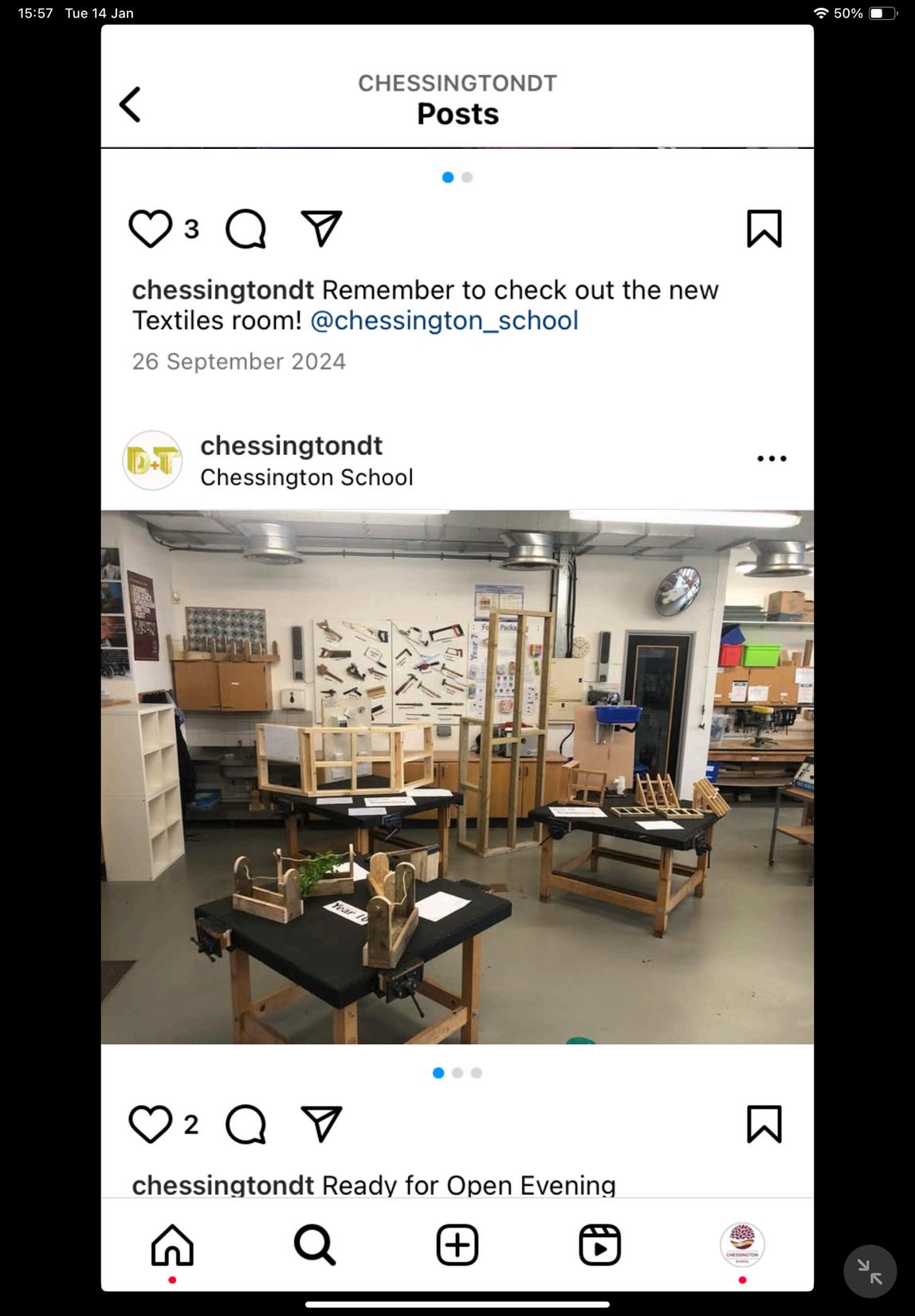

What This Subject Can Lead to After Year 11
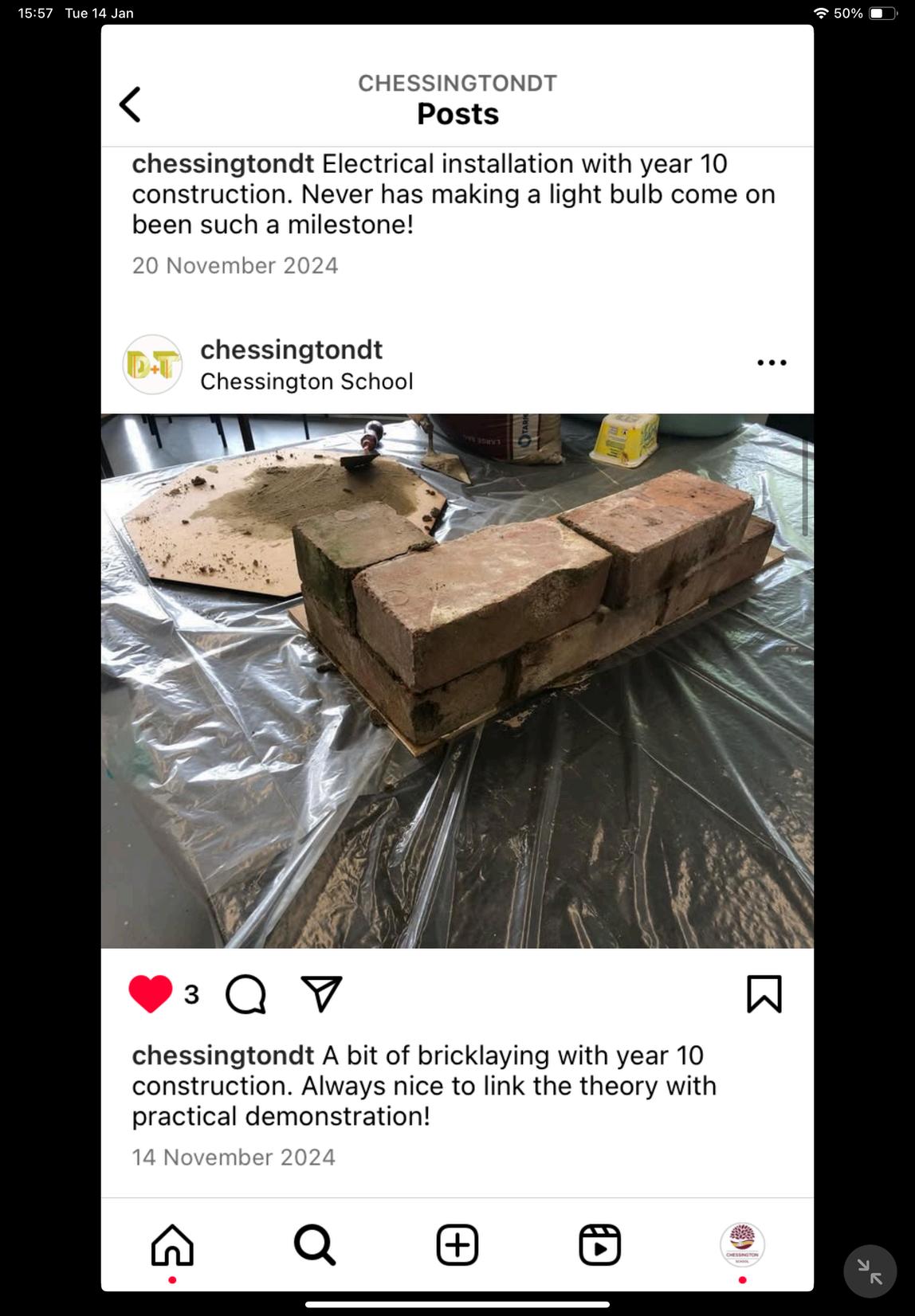
College courses in General building, Bricklaying, Electrics, Plumbing, Carpentry, Plastering, Tiling, Decorating and all related trades.
A-Levels and University Apprenticeships
Possible Careers
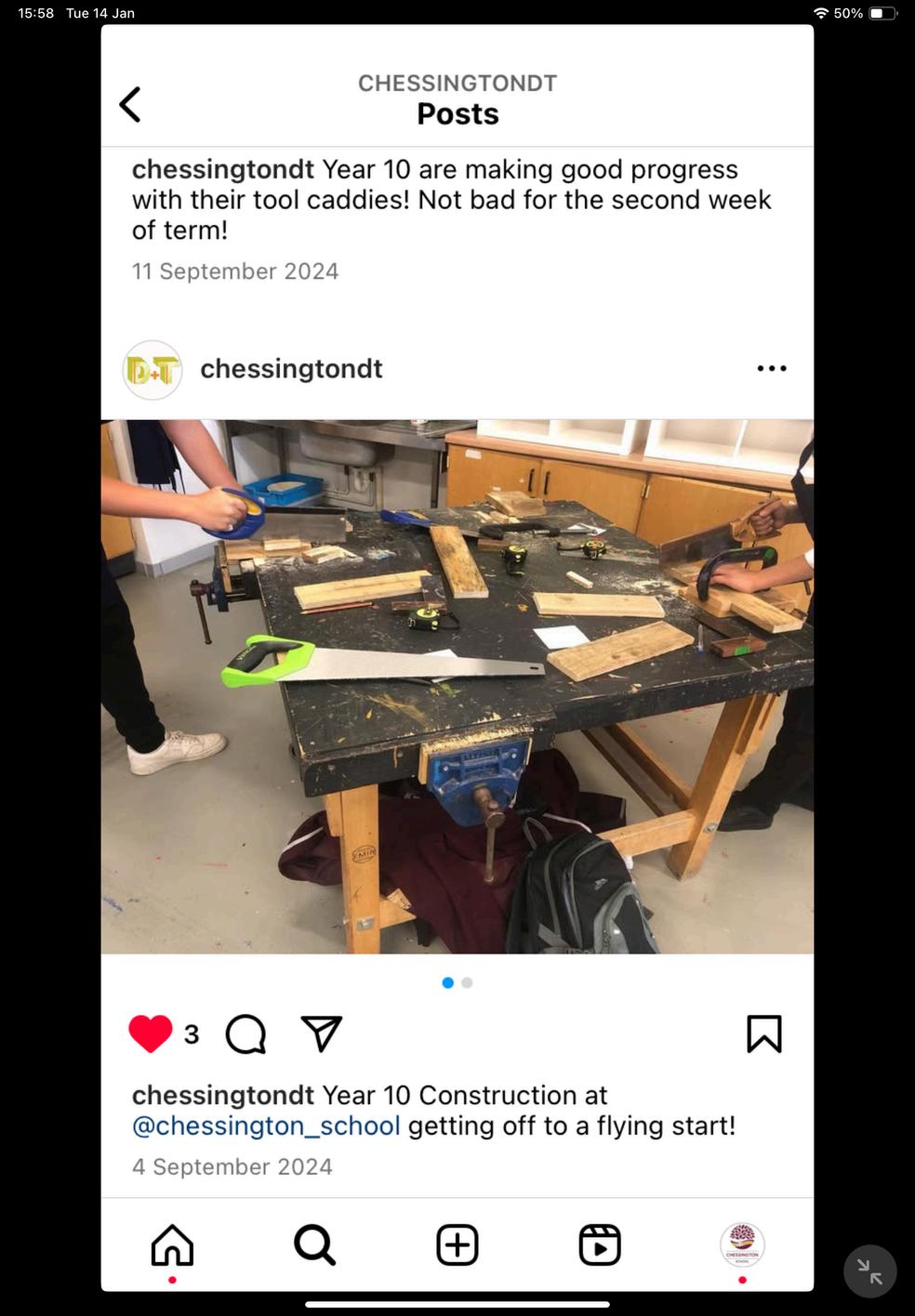
Builder, handyman, caretaker, estates management, surveyor, quantity surveyor, architect, plumber, electrician, plasterer, scaffolder, decorator, tiler, kitchen fitter, carpenter, interior designer, town planner, civil engineer
Additional Information/Special Requirements
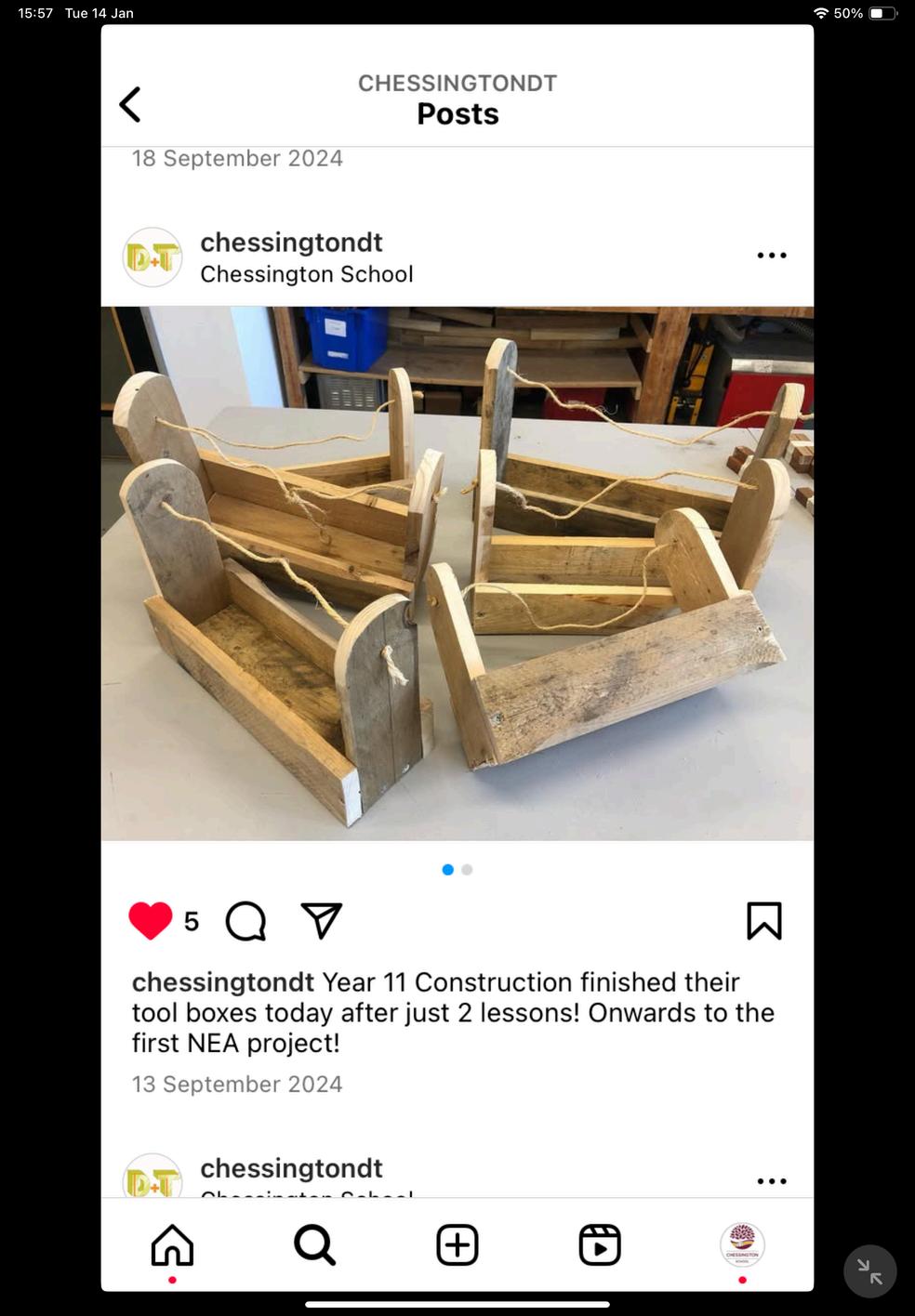
Students are expected to work with all three trades to be able to complete the course (Plumbing, Electrics, Carpentry) and will need to complete three NEA documents to go along with the practical work (total 60%)
A large amount of this course is practical and workshop based and safety is a non-negotiable. Students will have to adhere to all safety rules and sign an agreement.
Relevant Website Links for Further Information on the Course/Subject
GoConstruct.com for career information
Exam specification https://www.wjec.co.uk/media/0j5ferbq/wjec-level-1-2-award-in-ctbe-spec-e-02-10-20.pdf
Syllabus: Pearson BTEC Level 1/Level 2 Technical Award in Digital Information Technology
Please consult: Mr. B. Cosgrave | bcosgrave@chessington.kingston.sch.uk
The BTEC in Digital Information Technology is a digital qualification that gives students a real insight into the modern fundamentals of IT. It gives students the opportunity to learn a strong mix of creative design and technical knowledge.
This qualification is different from Computer Science in that it is a more practical, hands-on subject where students will build and use software packages alongside learning about the fundamentals of digital information technologies.
Learners will acquire technical knowledge and technical skills through vocational contexts by studying the knowledge, understanding and skills related to data management, data interpretation, data presentation and data protection as part of their Key Stage 4 learning.
The Award gives learners the opportunity to develop sector-specific knowledge and skills in a practical learning environment. The main focus is on four areas of equal importance, which cover the:
Development of key skills that prove your aptitude in digital information technology, such as project planning, designing and creating user interfaces, creating dashboards to present and interpret data
Process that underpins effective ways of working in digital information technology, such as project planning, the iterative design process, cyber security, virtual teams, legal and ethical codes of conduct
Attitudes that are considered most important in digital information technology, including personal management and communication
Knowledge that underpins effective use of skills, process and attitudes in the sector such as how different user interfaces meet user needs, how organisations collect and use data to make decisions, virtual workplaces, cyber security and legal and ethical issues
Skills needed
You will build upon the knowledge and skills you have gained in your 3 years of lower school computer science. Ideally you will also possess.
A keen interest in ICT systems and how they work
Creativity and interest in design of ICT systems
Willingness to learn and work hard and learn new skills
How your work will be assessed
Title Details
Component 1:
Exploring User Interface
Design Principles and Project Planning Techniques
Component 2: Collecting, Presenting and Interpreting Data
A. Investigate user interface design for individuals and organisations
B. Use project planning techniques to plan and design a user interface
C. Develop and review a user interface
A. Investigate the role and impact of using data of individuals and organisations
B. Create a dashboard using data manipulation tools
C. Draw conclusions and review data presentation methods
30
Syllabus: Pearson BTEC Level 1/Level 2 Technical Award in Digital Information Technology
Please consult: Mr. B. Cosgrave | bcosgrave@chessington.kingston.sch.uk
Title Details
Component 3: Effective Digital Working Practices
A. Demonstrate knowledge of facts, terms, processes and issues in relation to digital information technology
B. Apply an understanding of facts, terms, processes and issues in relation to digital information technology
C. Analyse, evaluate and make reasoned judgements about the use, factors and implications influencing digital information technology
D. Make connections with the concepts, issues, terms and processes in digital information technology
What this subject can lead to after Year 11
BTEC DIT is Ideal for learners who want to progress to a digital Apprenticeship or BTEC Level 3 Nationals.
Possible Careers
Ideal for learners who want a career in IT and want to get a broad taste of digital skills. A stepping stone to careers like IT Project Management, Technical Support and Cyber Security. Taking DIT would suit students looking for a career in app design, web design, video game design, digital advertising, and more
Additional information/Special requirements
Opportunities for trips such as the national Museum of Computing and Emirates Aviation Experience.
Relevant website links for further information on the course/subject https://qualifications.pearson.com/en/qualifications/btec-tech-awards/digital-information-technology.html
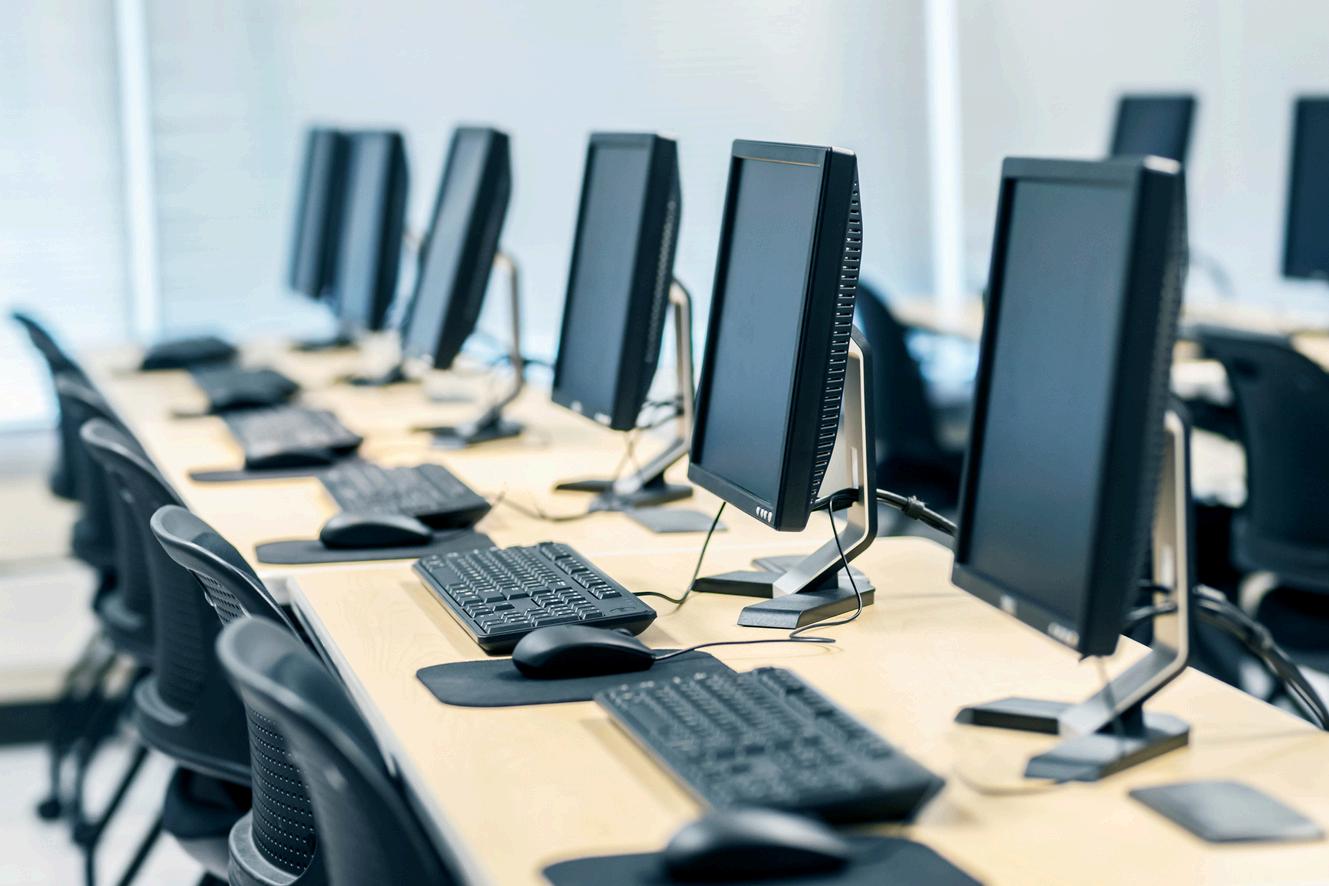
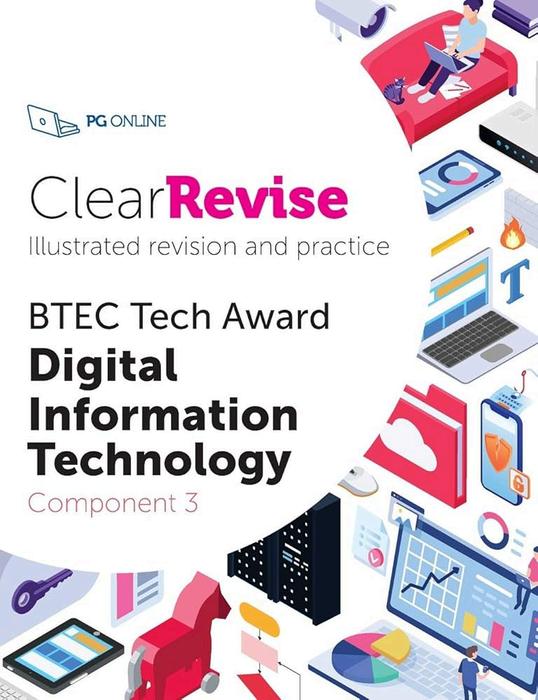

Syllabus: Pearson BTEC Level 1/Level 2 Technical Award in Creative Media Production
Please consult: Mr. B. Cosgrave | bcosgrave@chessington.kingston.sch.uk
The Creative Media Tech Award is designed to help you research and create different types of media products, such as films, TV shows, advertisements, games, and websites. The course focuses on research, planning and practical skills, allowing you to explore the creative process from start to finish, while also teaching you the technical knowledge behind media production. By the end of the course, you will have developed a solid understanding of how media products are created, produced, and marketed, giving you a strong foundation for further studies or a career in the media industry.
Throughout the Creative Media Tech Award, you will study a range of exciting and practical topics, including:
Pre-production Processes: You will gain skills in planning media products, including writing scripts, storyboarding, and creating production schedules. You’ll also explore planning and organising a media project of your own.
Production and Editing: You will learn to use software and equipment to create and edit media products, such as videos, audio, and graphics. This might involve filming, sound editing or digital design.
Media Audiences: You will explore how different media products are targeted at specific audiences and how creators decide what messages to convey to these groups.
Marketing and Distribution: Understanding how media products are promoted and distributed to reach the right audience is a key part of the course. You will look at advertising campaigns, social media strategies, and the importance of distribution platforms.
Skills needed
To be successful in a Media BTEC there are several skills that will help you excel:
Creativity: A passion for creating and experimenting with new ideas, whether it’s designing graphics, writing scripts, or planning media projects.
Communication: The ability to clearly explain your ideas and work well in teams. Media projects often require collaboration, so being able to share your ideas and listen to others is important.
Technical Skills: A basic understanding of technology and a willingness to learn new tools and software used in media production, such as video editing software or design programs.
Problem-Solving: Media production involves overcoming challenges, whether technical or creative, so being resourceful and finding solutions will be important.
Organisation: Being able to manage your time and keep track of deadlines is essential when working on media projects, which often involve a lot of planning and coordination.
How your work will be assessed
Clicktowatchthevideoabout MediaStudies
Syllabus: Pearson BTEC Level 1/Level 2 Technical Award in Creative Media Production
Please consult: Mr. B. Cosgrave | bcosgrave@chessington.kingston.sch.uk
Component 3:
Create a Media Product in Response to a Brief
Understand how to develop ideas in response techniques to a brief 1.
Develop planning materials in response to a brief 2 Apply media production skills and techniques to the creation of a media product 3.
Create and refine a media product to meet the requirements of a brief 4
After completing the Pearson Edexcel Creative Media Tech Award in Year 11, you can continue your studies in several directions:
Post-16 Education: You may choose to study further qualifications like BTECs, A-levels, or vocational courses in media production, film studies, digital media, or graphic design. Many colleges offer courses specifically focused on creative industries and media.
Apprenticeships: Some students may choose to enter apprenticeships in areas such as video production, graphic design, social media marketing, or web development, allowing you to earn while learning.
Work Experience and Internships: Gaining work experience in the media industry through internships, volunteer opportunities, or freelance work can help you develop your skills and make important connections in the industry.
The skills and knowledge you gain from studying the Creative Media Tech Award can open doors to a wide range of careers in the media industry, including:
Filmmaker/Director: Planning and directing films, TV shows, or online videos.
Editor (Film, TV, or Audio): Editing video, sound, or images to create a polished final product.
Graphic Designer: Designing visuals for websites, advertisements, logos, or branding.
Animator: Creating digital animations for films, games, websites, or advertising campaigns.
Web Designer/Developer: Designing and building websites or apps.
Social Media Manager: Developing and managing online content and strategies for social media platforms.
Broadcasting: Working in radio or TV stations as a presenter, producer, or technician.
Game Designer/Developer: Creating and developing video games, including game mechanics, storytelling, and graphic design.
Advertising and Marketing: Working in agencies or in-house teams to promote media products or brands across digital and traditional media platforms.
Additional information/Special requirements
The course is best suited to students who are able to meet deadlines for the production of both reports and practical projects. It is recommended that students who take the course already have a wide range of media interests and general awareness of the full range of media products across the three key media sectors of print, audio/visual and interactive.
Relevant website links for further information on the course/subject
https://qualifications.pearson.com/en/qualifications/btec-tech-awards/creative-media production.html
Provide an interesting and fun introduction to the world of music products. Exploring performing, composing and producing skills across several areas and styles of music. Then developing skills in two key areas before completing a final project by responding to a commercial brief. You will learn about a wide variety of music industry related ideas and develop skills that will help you to succeed in any area – like auditing your skills and creating a development plan. This course will set you up with a clear idea of what it takes to succeed in the real music industry.
At least eight different styles of music from the 20th century plus western classical music
Your ability to compose, perform and produce music
How to plan for improvement and develop your skills in two areas (composing, performing and producing music)
How to respond to a commercial brief focusing on one specialist area (composing, performing and producing music)
Skills needed
High quality verbal and writing skills
Internet research skills
Independent study skills
High motivation to rehearse your instrument regularly
Basic music technology skills
Some instrument or singing skills including keyboard (must be able to coordinate both hands on the keyboard)
How your work will be assessed
What this subject can lead to after Year 11
Music
Music
Music
Music
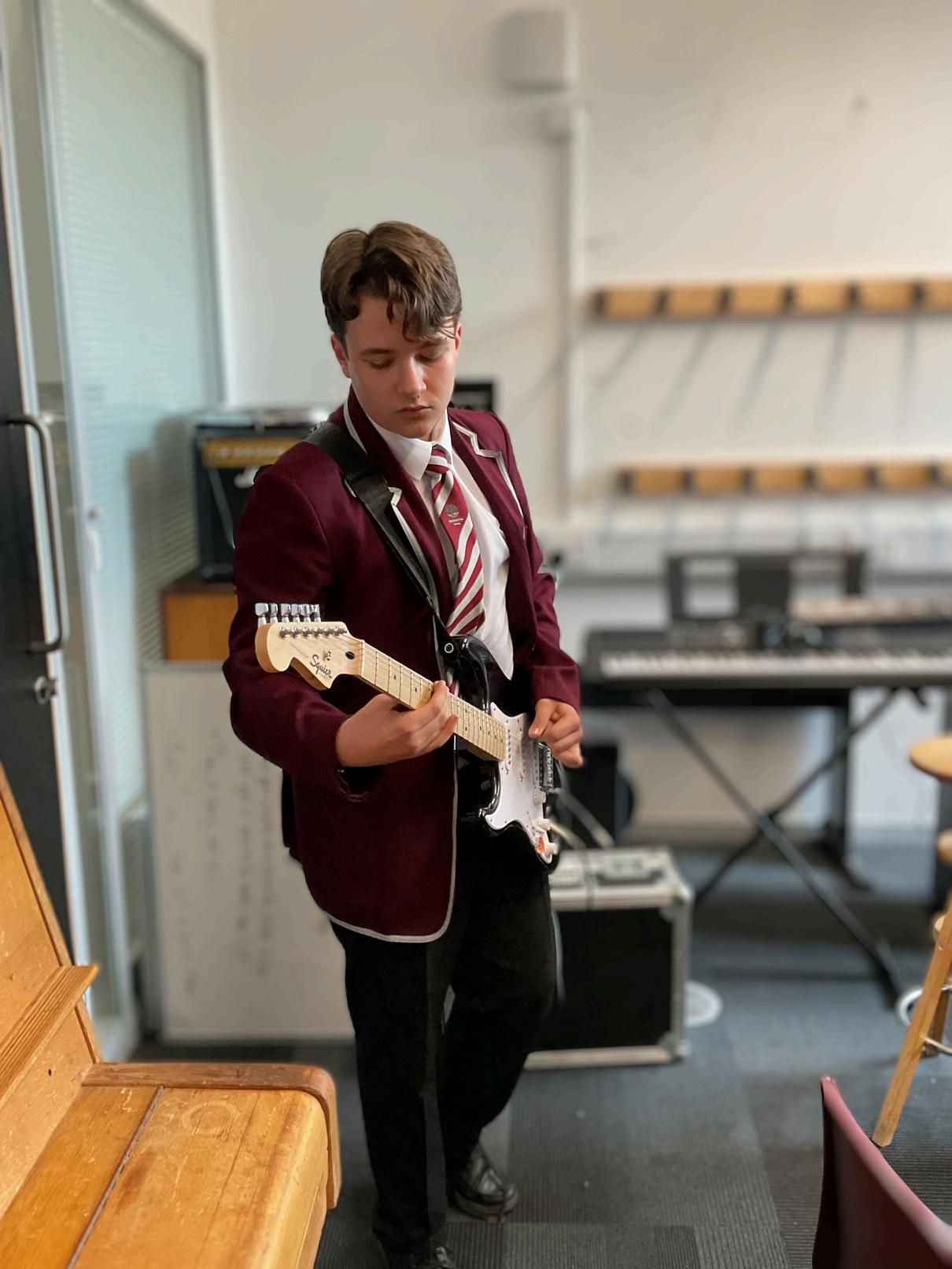
Clicktowatchthevideoabout
Syllabus:Pearson BTEC Level 1/Level 2 Technical Award in Music Practice (2022)
Please consult: Mr. J. DuBock | jdubock@chessington.kingston.sch.uk
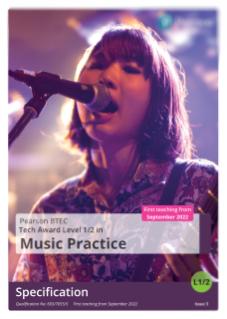
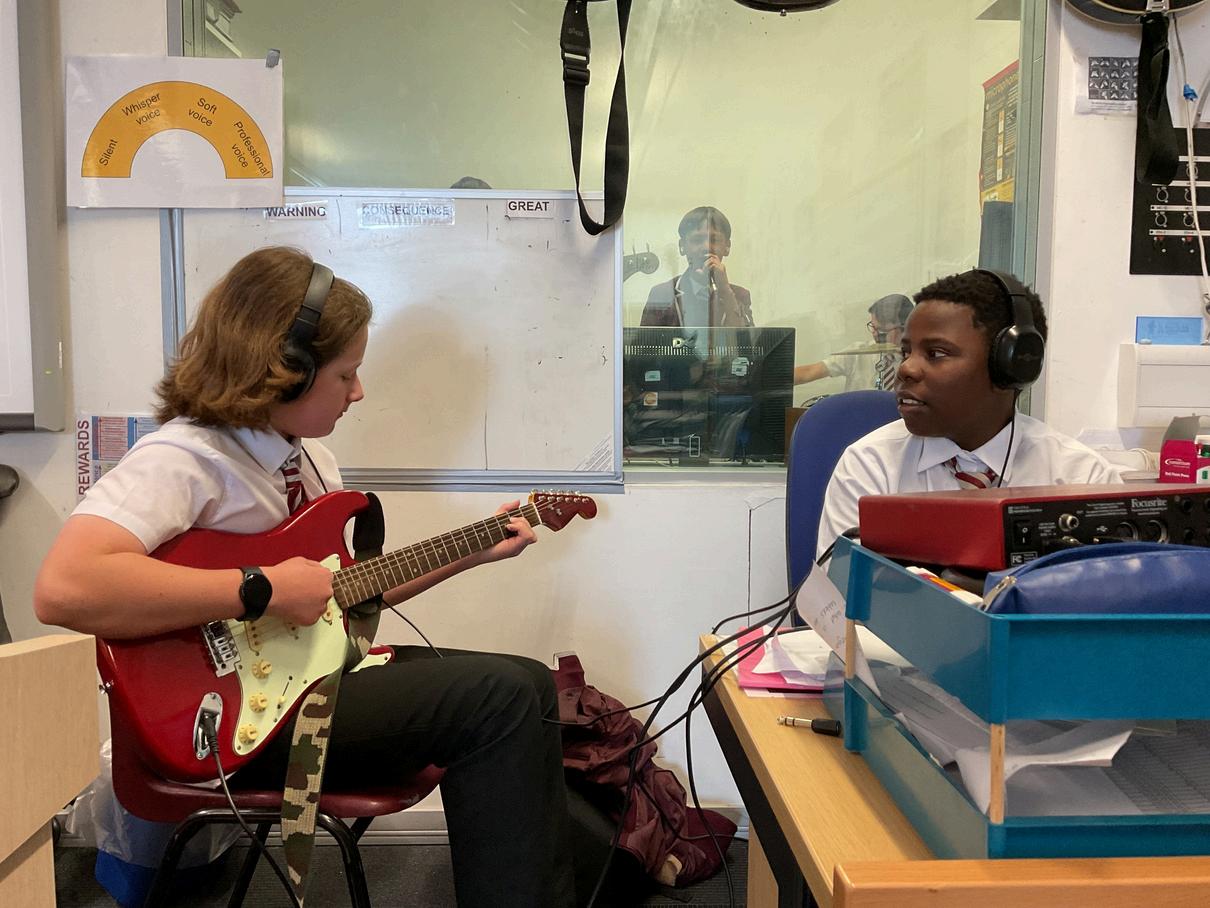

Musician performing live – bands, orchestra, soloist
Session or recording musician
Live event management
Sound engineer (live or studio)
Record producer
Mastering engineer
Record label/ artist management
Music critic/journalist
Luthier or instrument technician
Additional information/Special requirements
Skills on Apple Mac computers desirable
Relevant website links for further information on the course/subject
https://qualifications.pearson.com/en/qualifications/btec-tech-awards/music-practice-2022.html
Syllabus: Pearson BTEC Level 1/Level 2 First Award in Sport
Please consult: Miss. E. WIlliams | ewilliams@chessington.kingston.sch.uk
This course gives learners opportunities to link education and the world of work in engaging, relevant and practical ways. As well as supporting learners’ development of transferable interpersonal skills, including working with others, problem solving, independent study and personal, learning and thinking skills. Students should have a passion for participation and general knowledge of sport. Moreover, giving learners a route through education that has clear progression pathways to further study or an apprenticeship
60% of a students’ final grade will come from internally assessed units. The coursework requires students to plan, deliver and analyse/evaluate their own application in a variety of sporting contexts, including sports activity and the means through which provision can be enhanced and officiating and performing within sports situations. The majority of the lessons will utilise computers and there is a sense of ownership and independence encouraged throughout cognitive aspects of the course. Students will complete one externally assessed exam that is worth 40% of their final grade. The exam will consist of physical training topics including components of fitness, fitness assessments, principles of training, thresholds of training and methods of training.
Skills needed
A keen enthusiasm for sport Communication skills to deliver practical activity to others
A thirst for independent teacher facilitated learning and a willingness to respond to feedback for best outcomes
How your work will be assessed Title
1 Preparing Participants to Take Part in Sport and Physical Activity
A coursework assignment set by Pearson to be completed in approximately 5 hours of supervised assessment worth 60 marks
Students will need to apply their knowledge to a set scenario. They will need to suggest appropriate activities for the scenario, planning and delivering an appropriate warm-up
2 Taking Part and Improving Other Participants Sporting A coursework assignment set by Pearson to be completed in approximately 4 hours of supervised assessment worth 60 marks
Learners will investigate the components of fitness and their effect on performance in a set scenario. Students will learn about the rules, regulations and roles of officials within sport. They will participate in sporting activities in both isolated and competitive situations
Syllabus: Pearson BTEC Level 1/Level 2 First Award in Sport
Please consult: Miss. E. WIlliams | ewilliams@chessington.kingston.sch.uk
3 Developing Fitness to Improve Other Participants Performance in Sport and Physical Activity
Written exam
Learners use theoretical knowledge and understanding of applied applied anatomy and physiology, movement analysis and physical training. Learners will be introduced to and develop an understanding of the importance of fitness and the different types of fitness for performance in sport and physical activity. They will also develop an understanding of the body and fitness testing. This is a 1.5 hour exam worth 60 marks
What this subject can lead to after Year 11
Level 3 BTEC Sport extended diploma
Apprenticeships including Sports coaching, Health and Leisure and Personal Training University degrees in BSc and BA in Physical Education, Sports coaching, Strength and Conditioning and many more
Possible Careers
Sports Coach
Personal Trainer
Sports Psychologist
Sports Physiotherapist
Many more ...
Additional information/Special requirements
There are no special requirements to complete this course
Relevant website links for further information on the course/subject
https://qualifications.pearson.com/en/qualifications/btec-tech-awards/sport-2022.html
